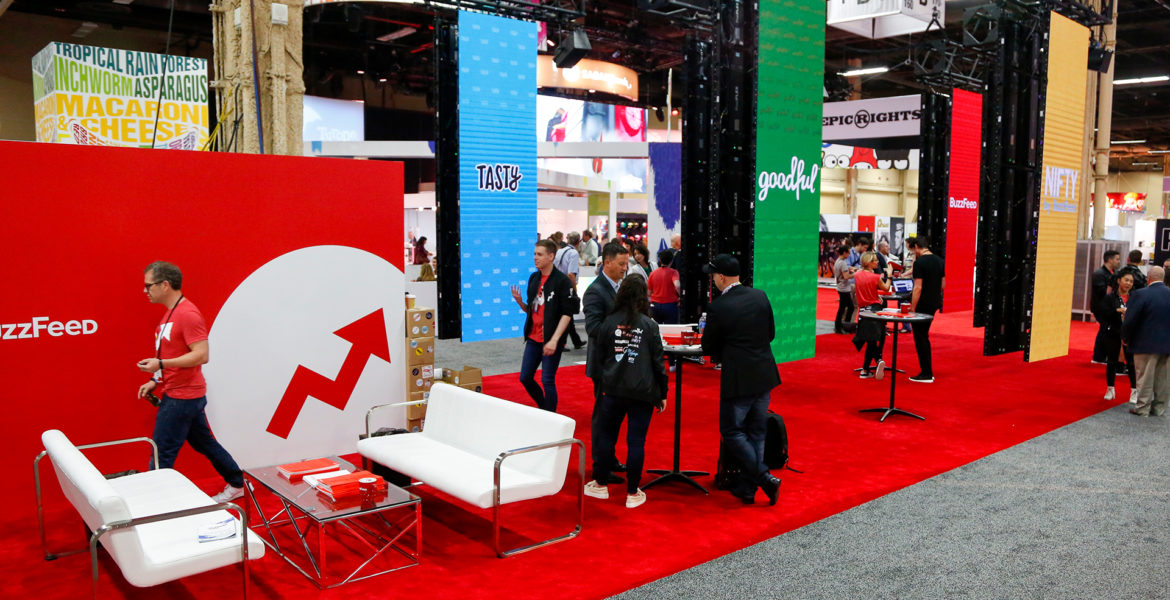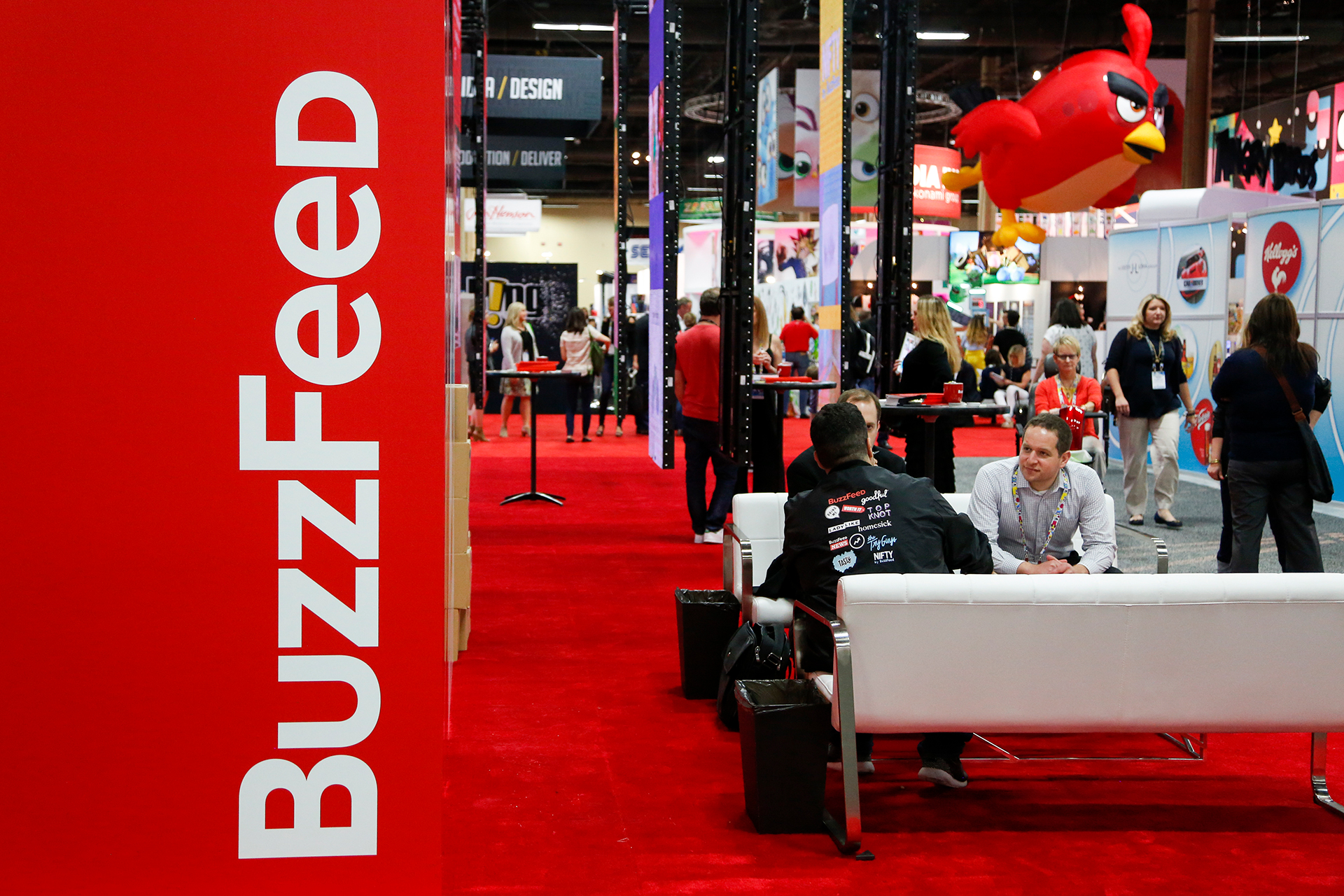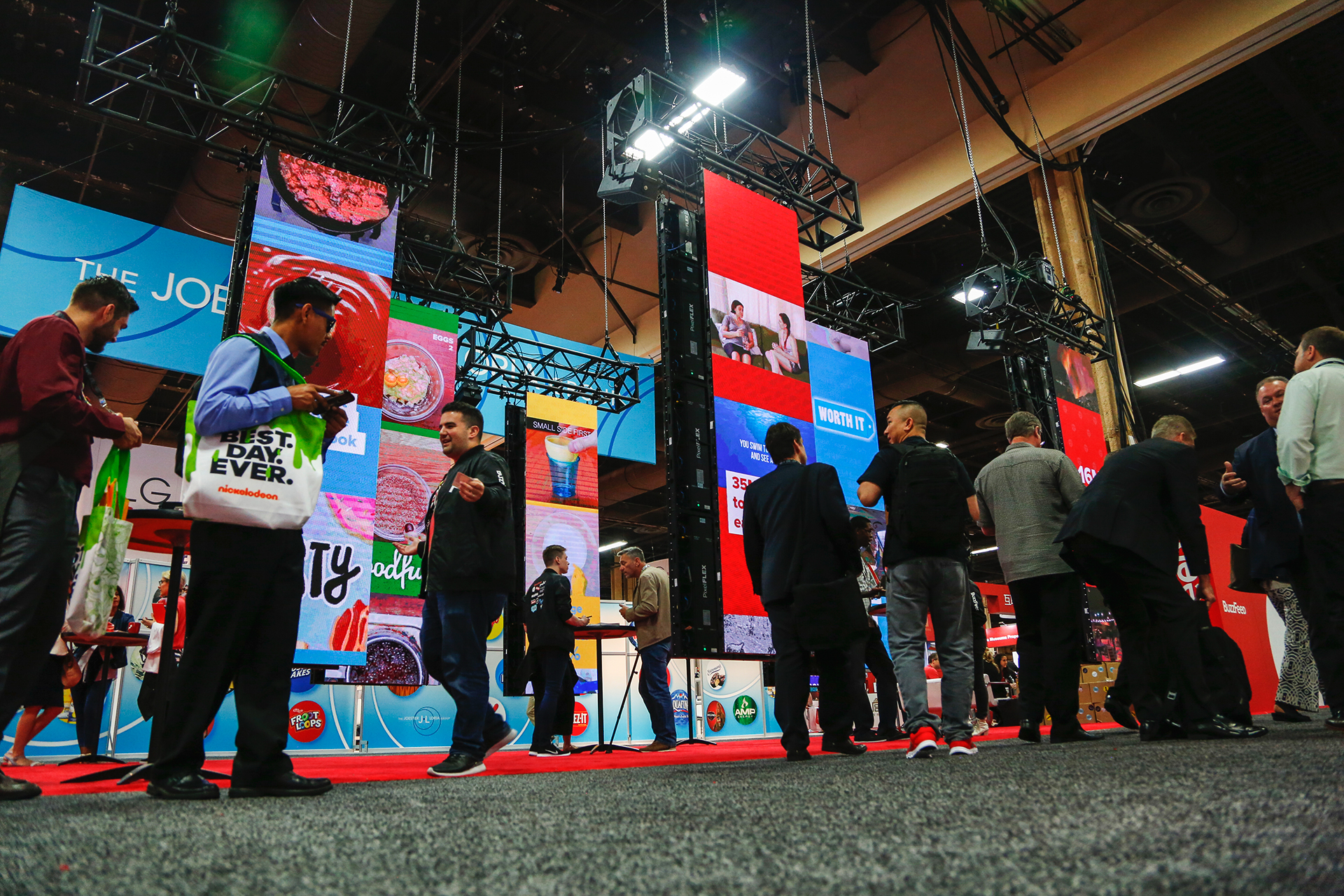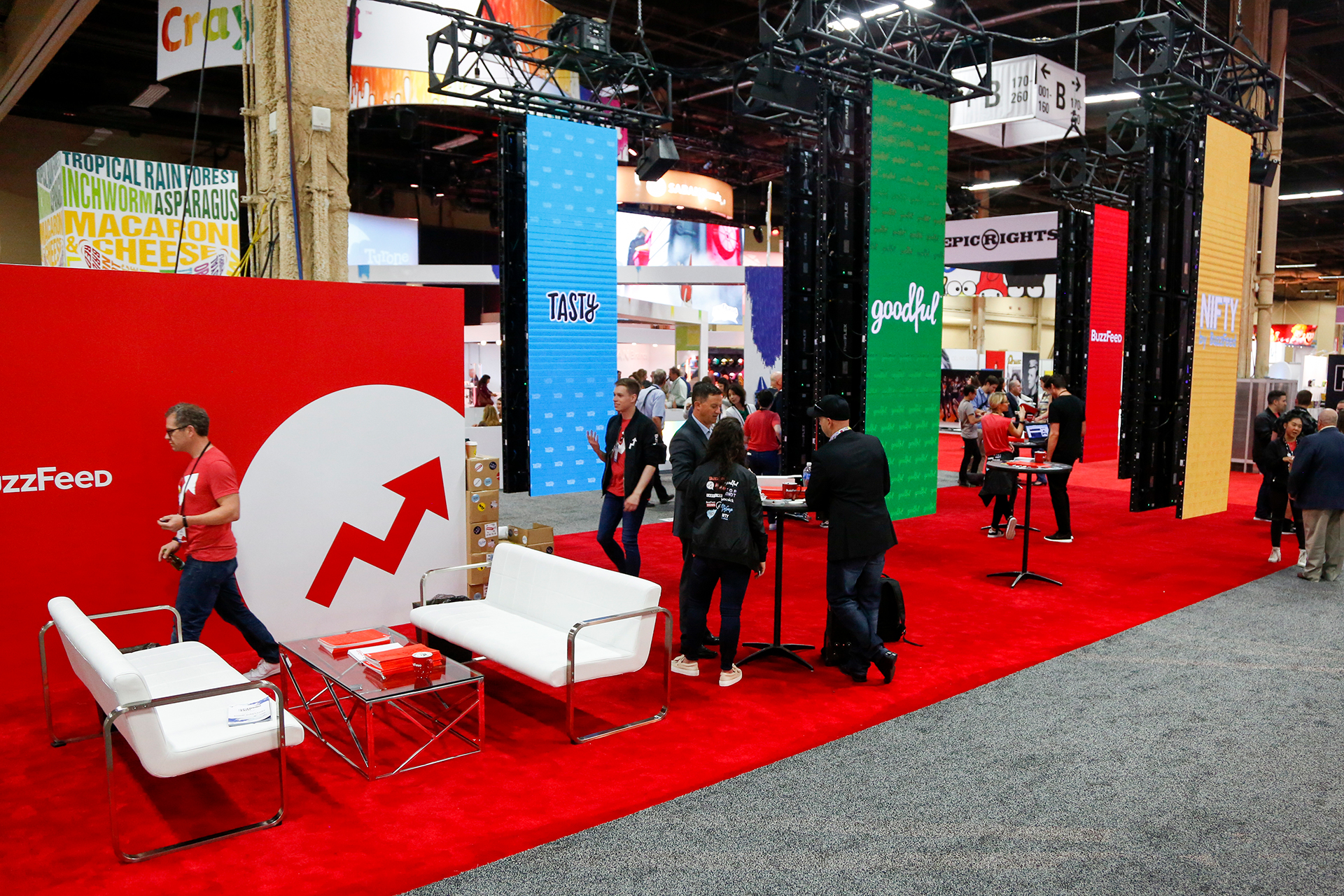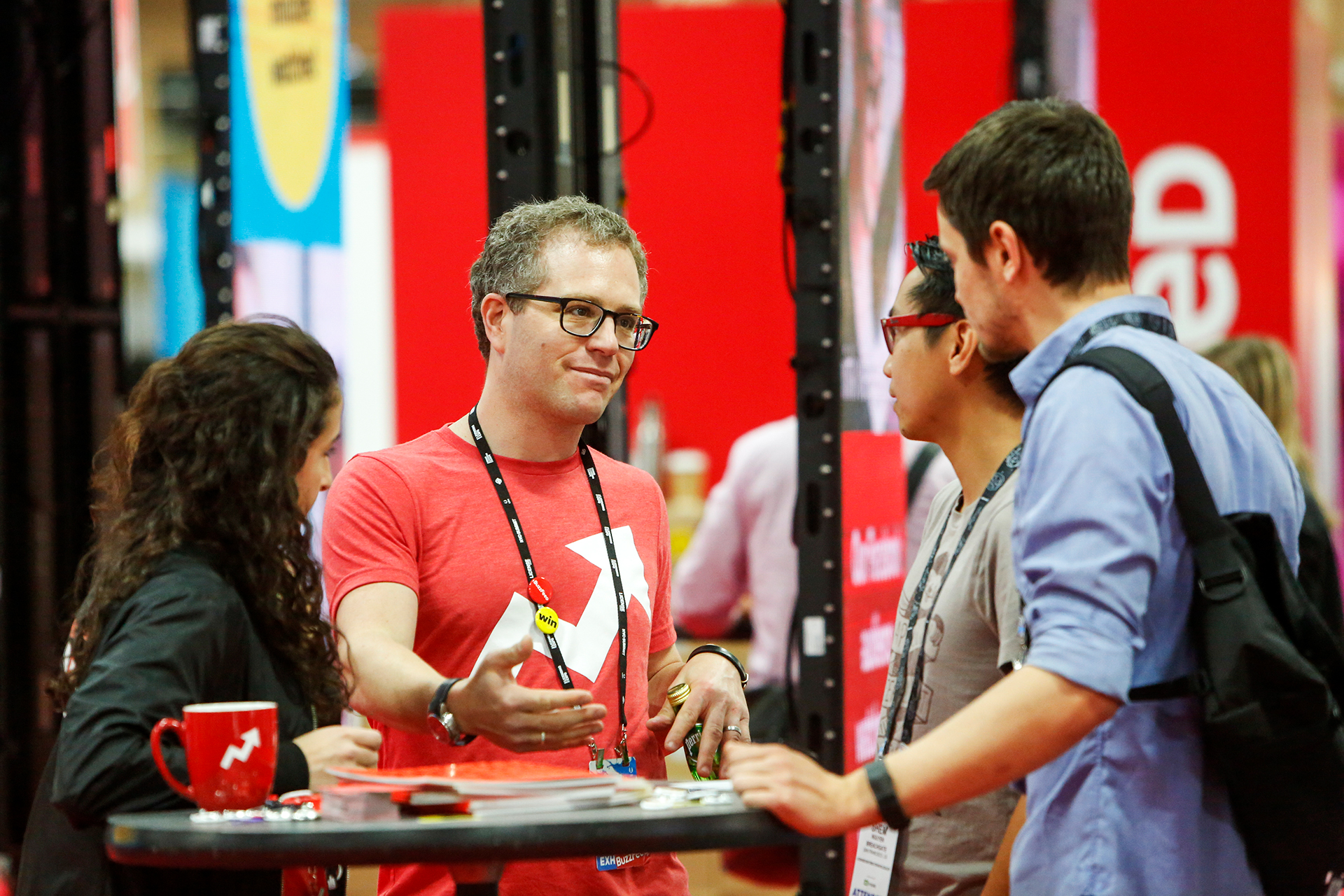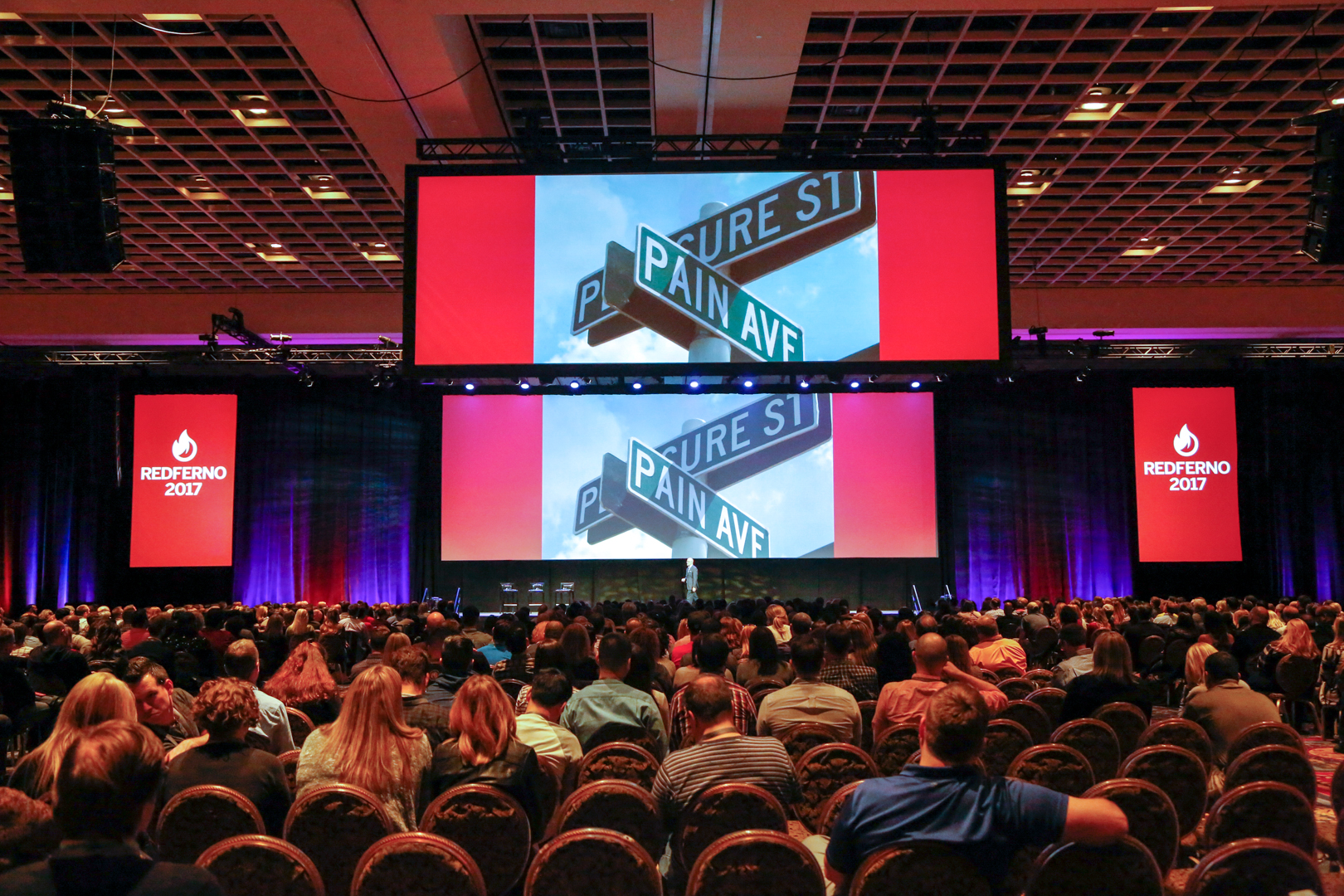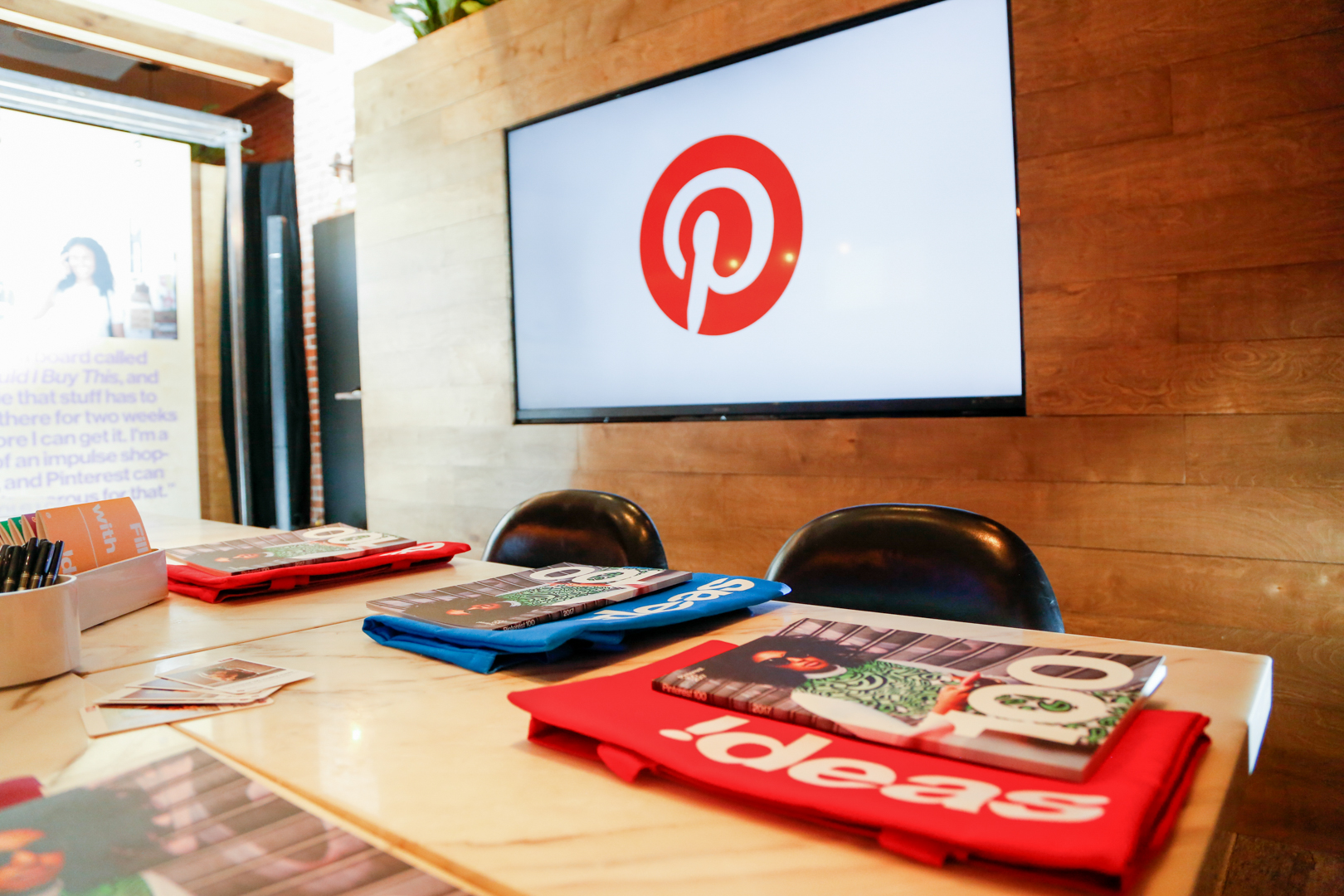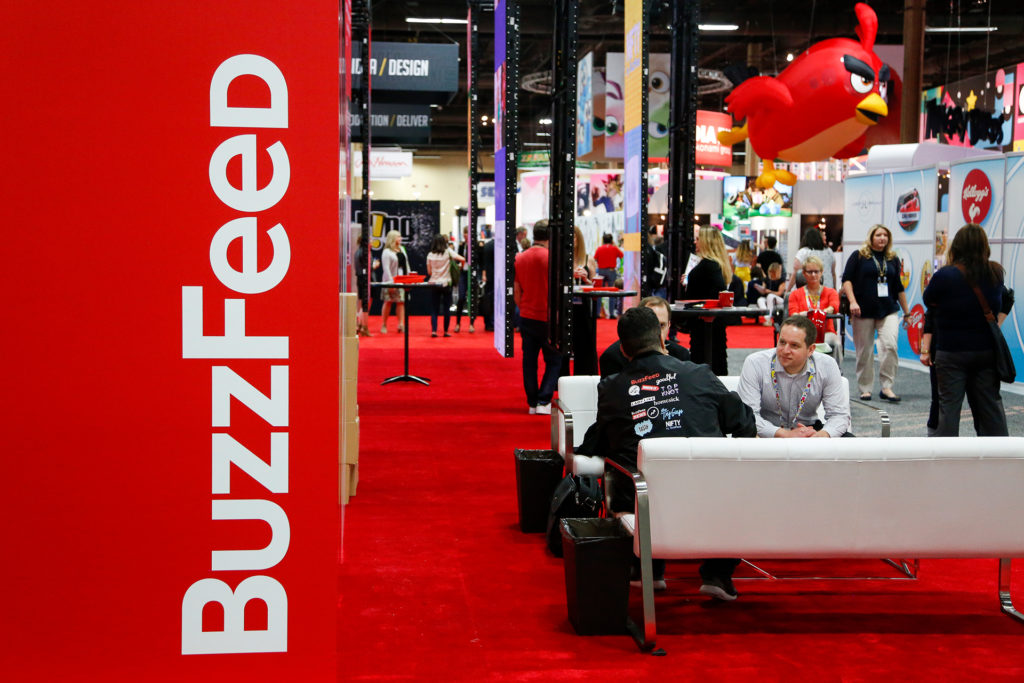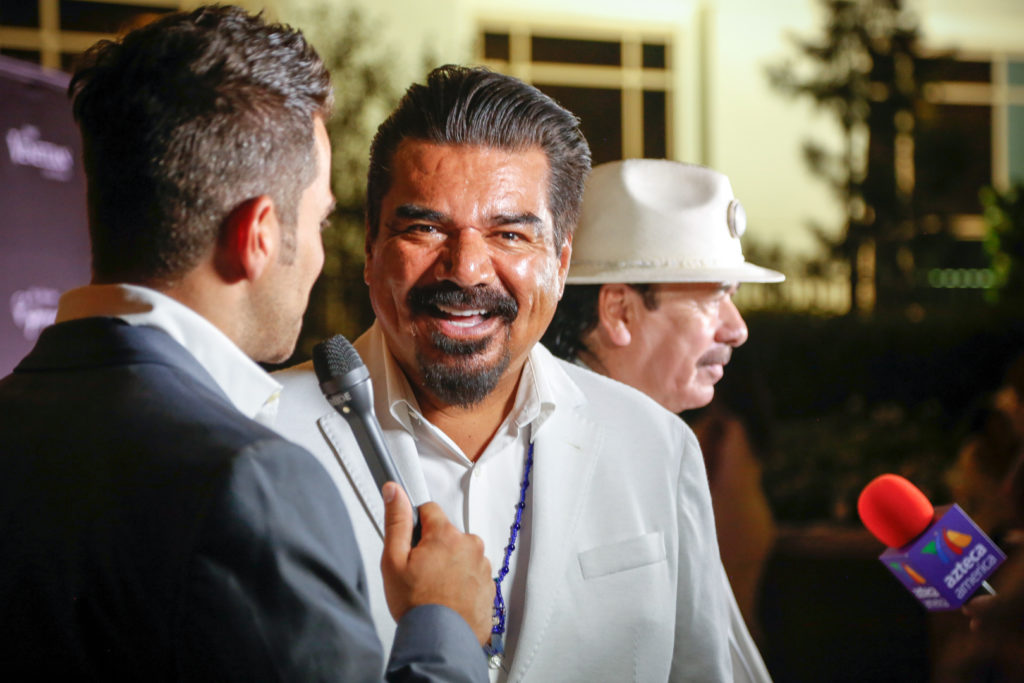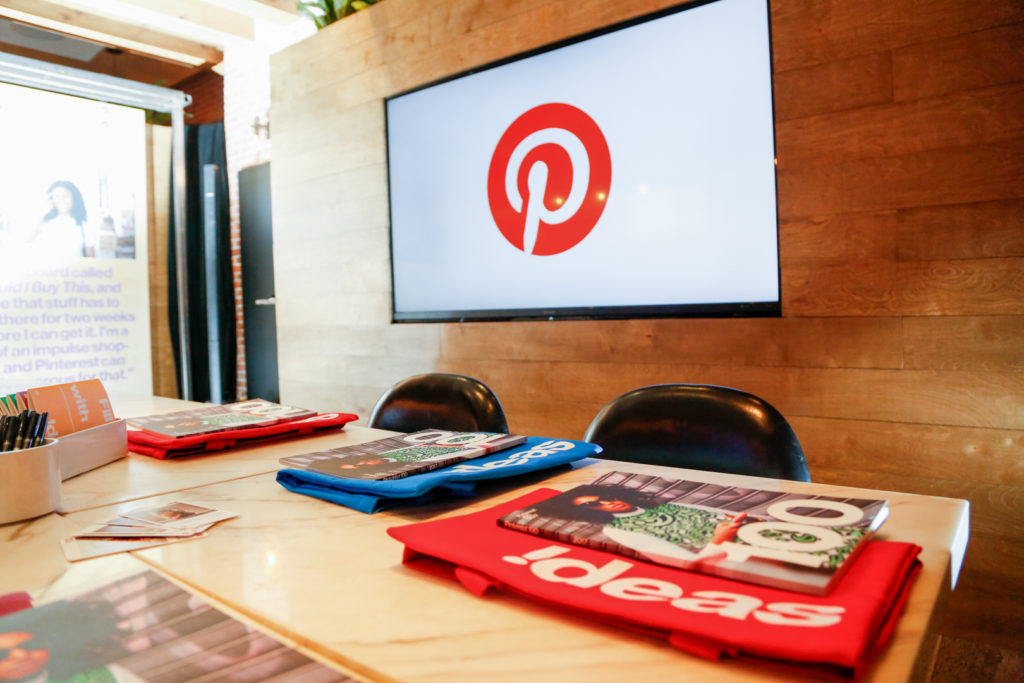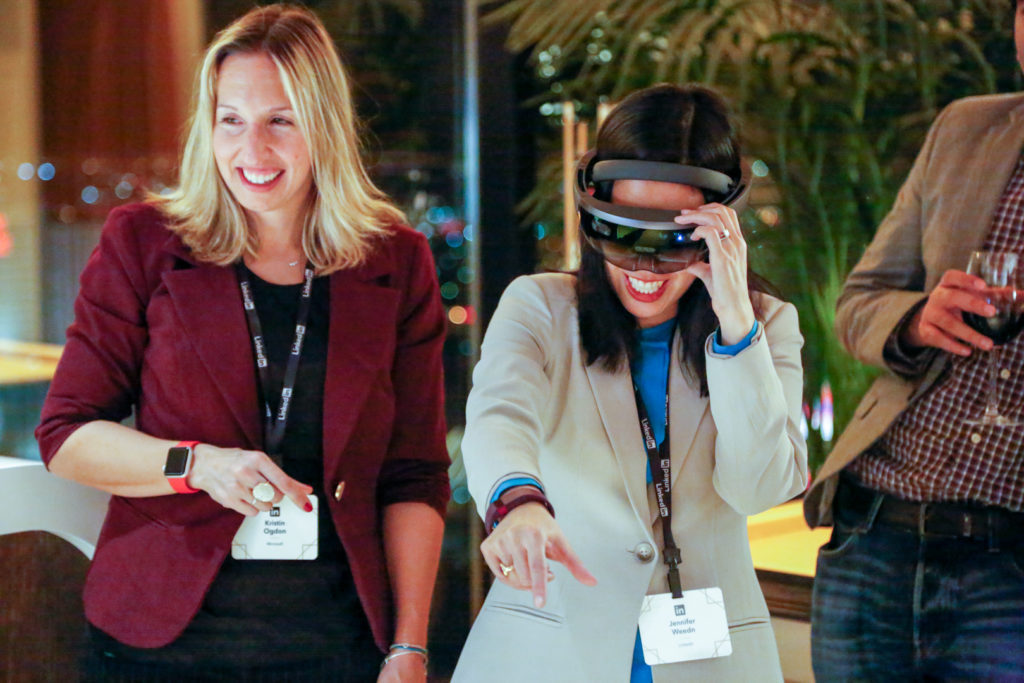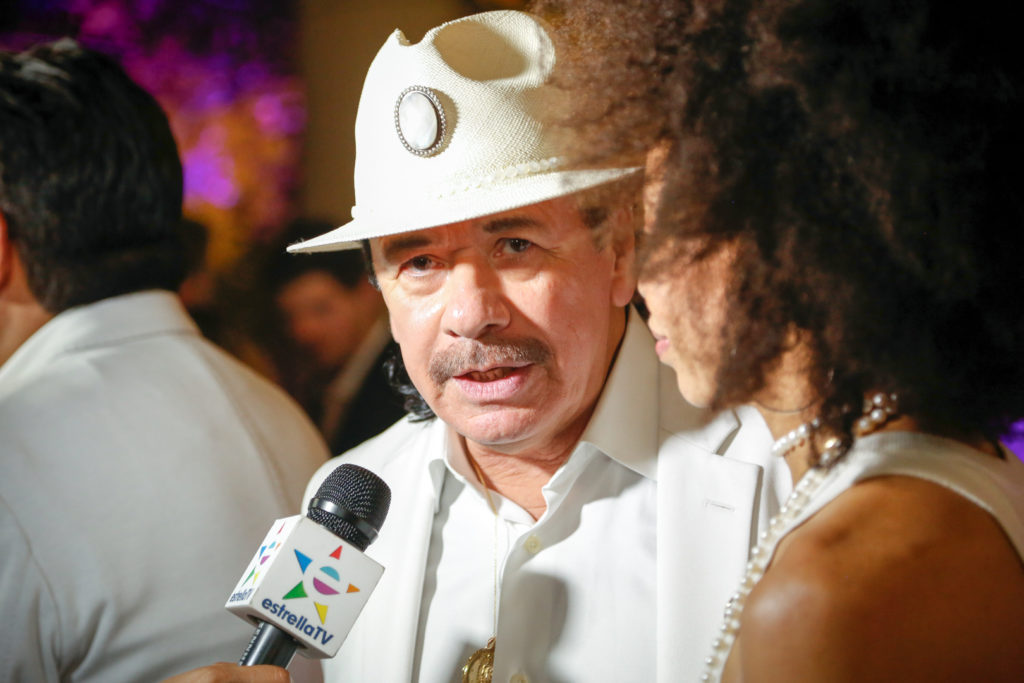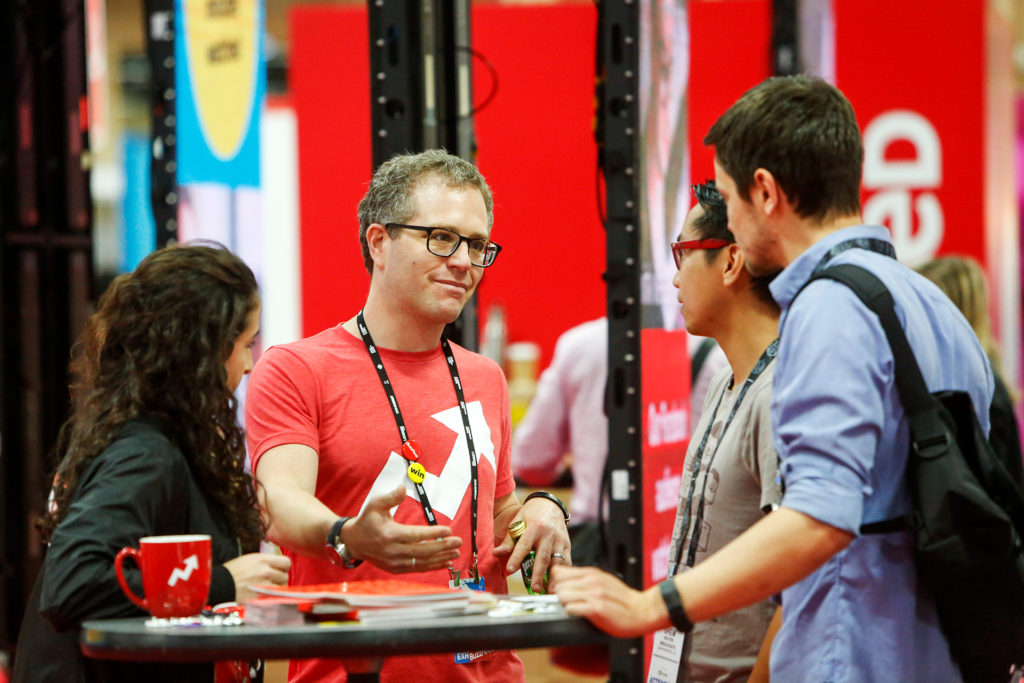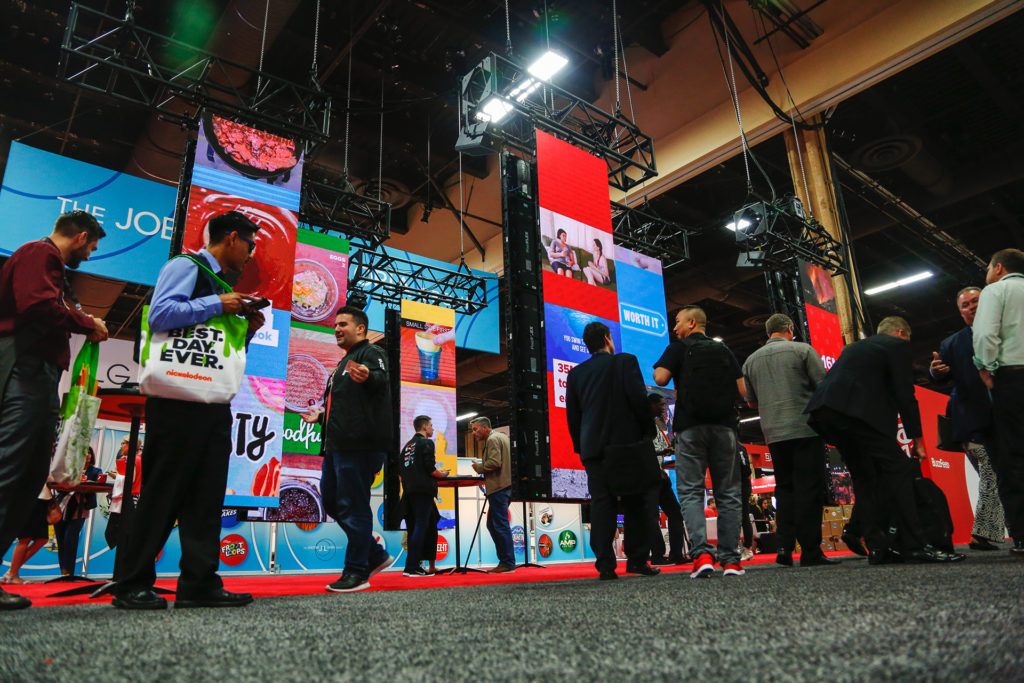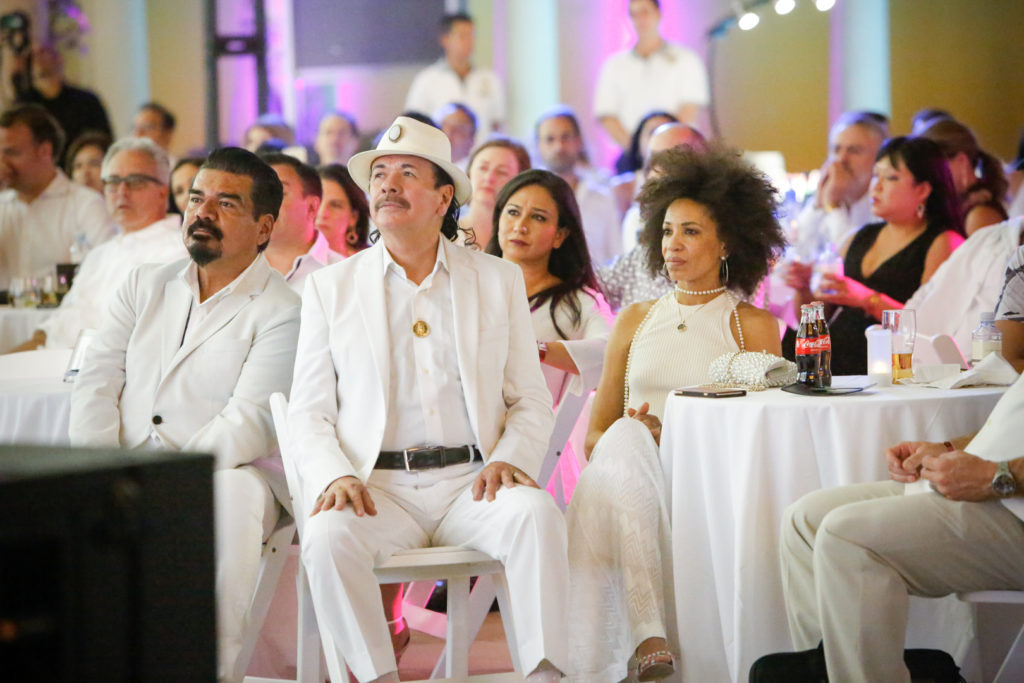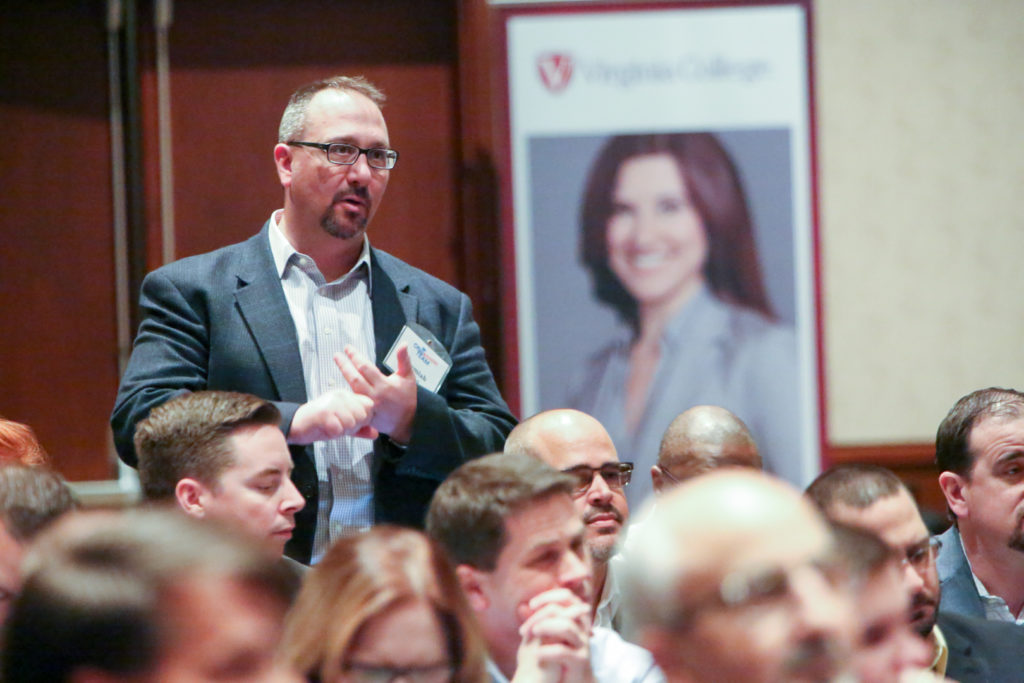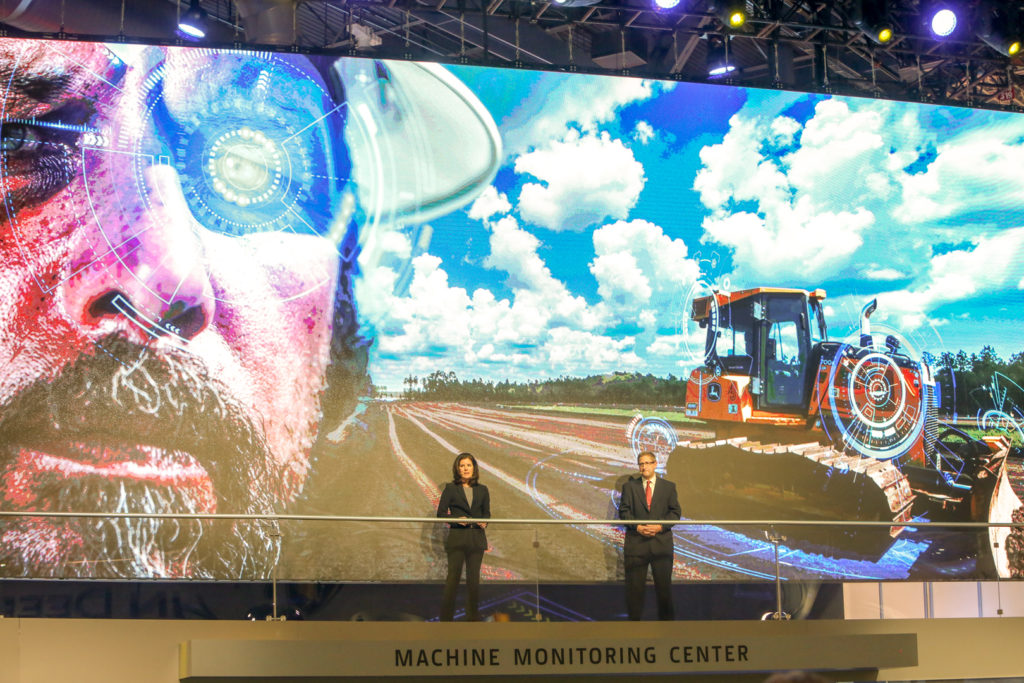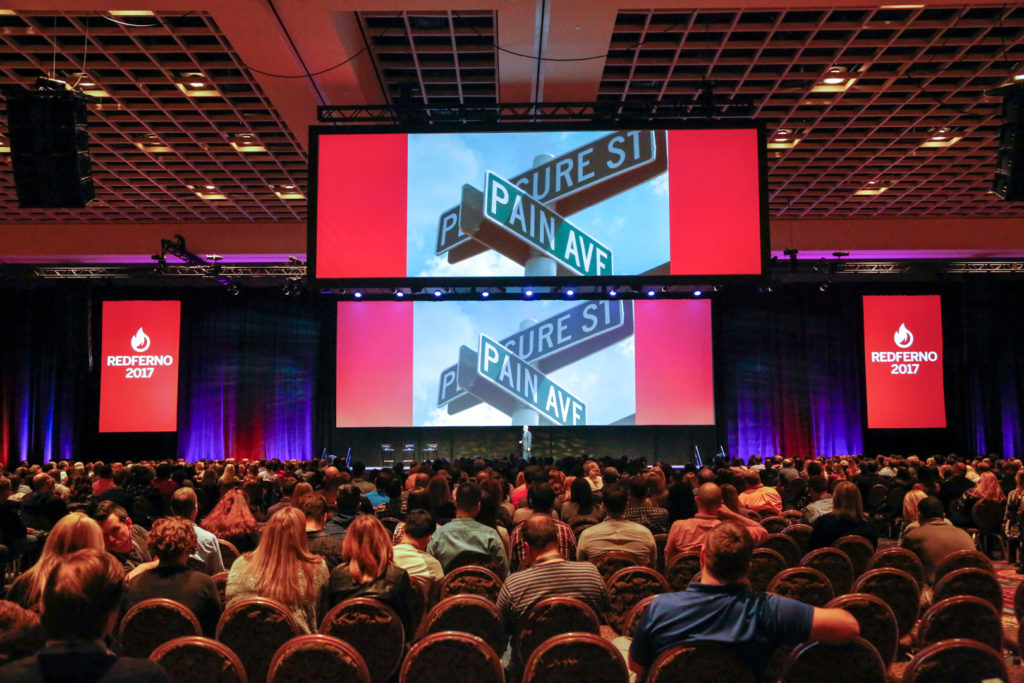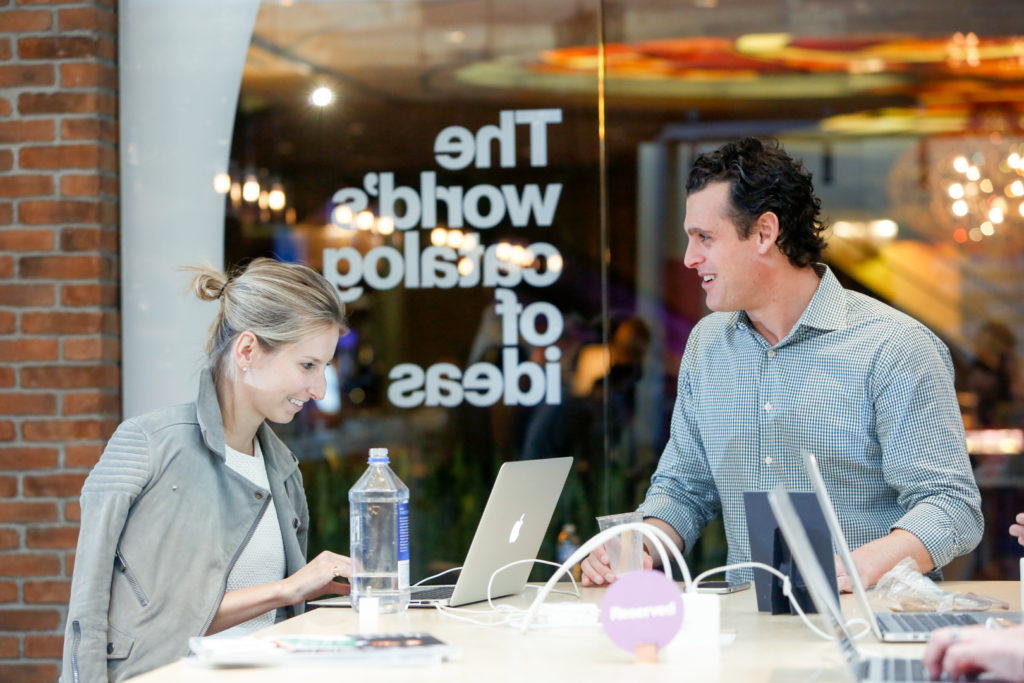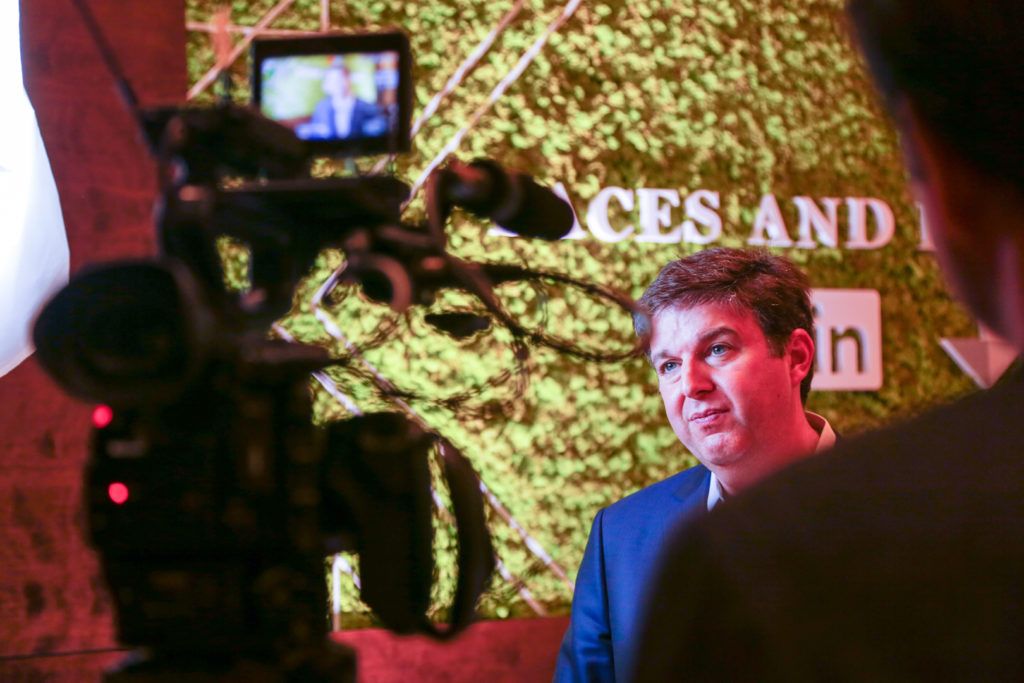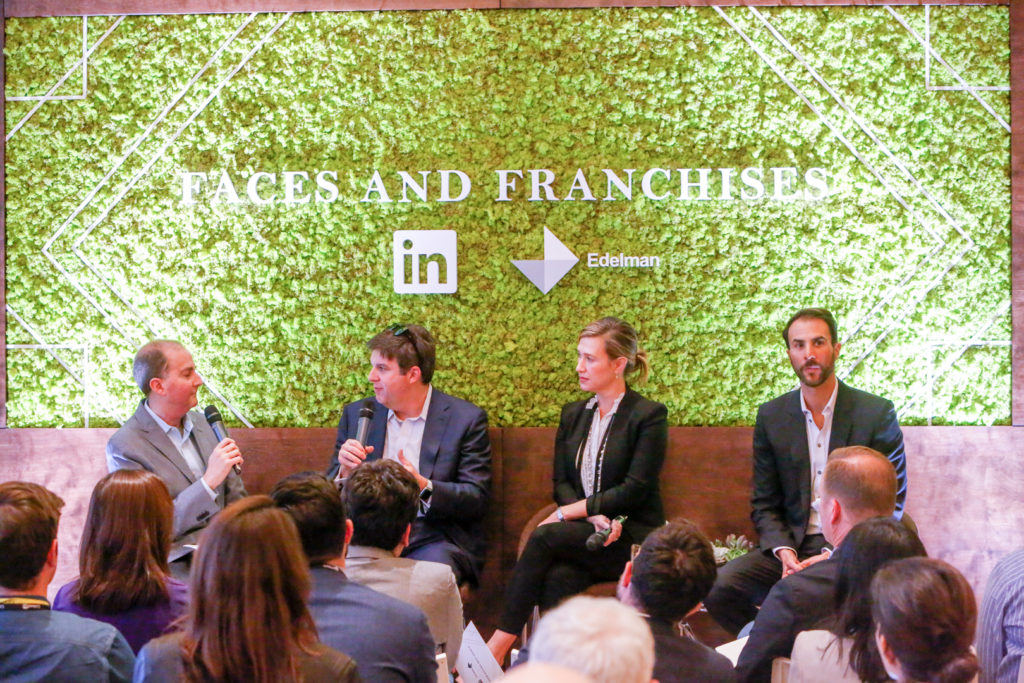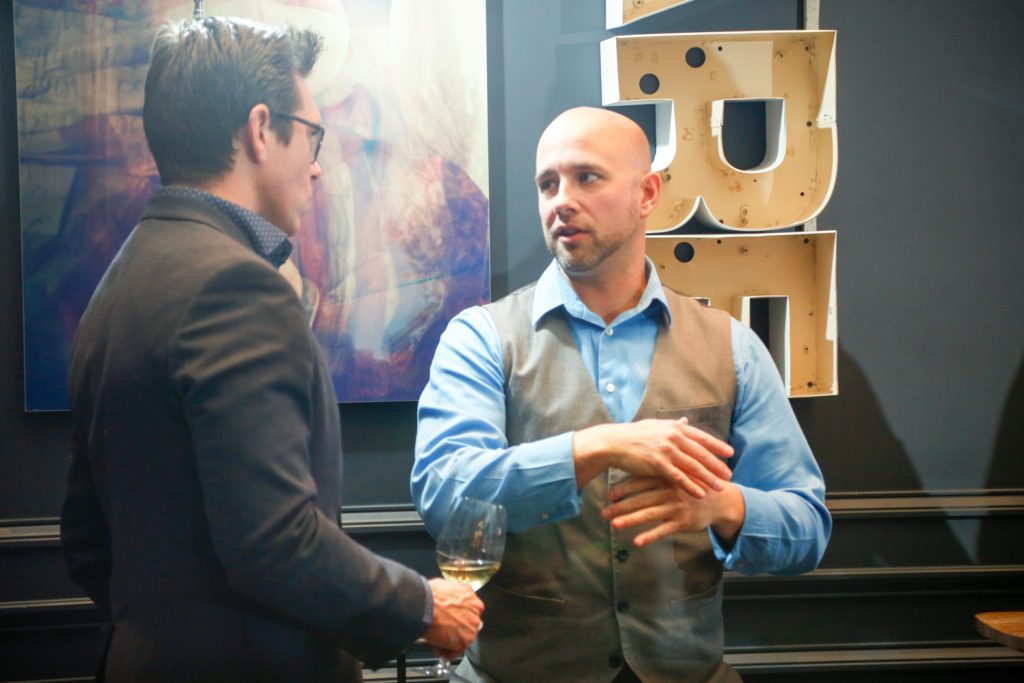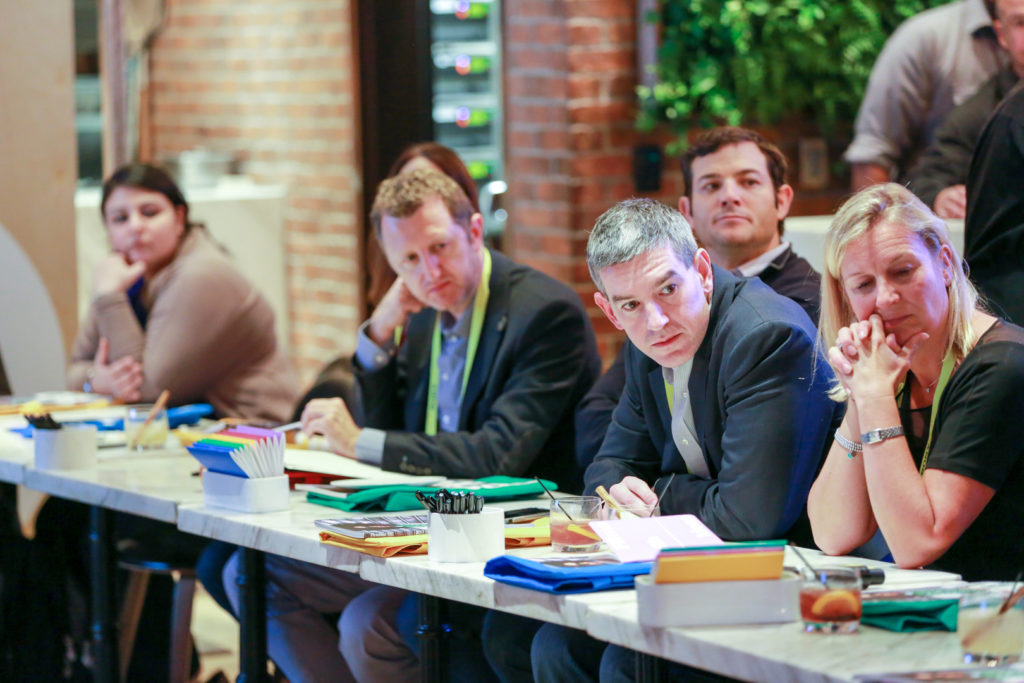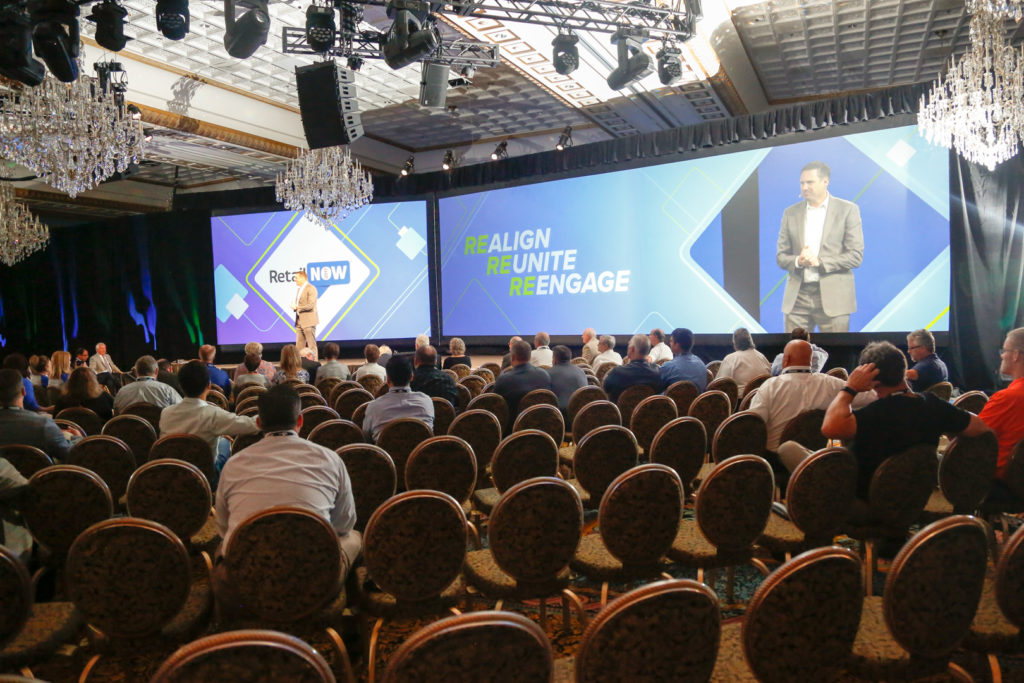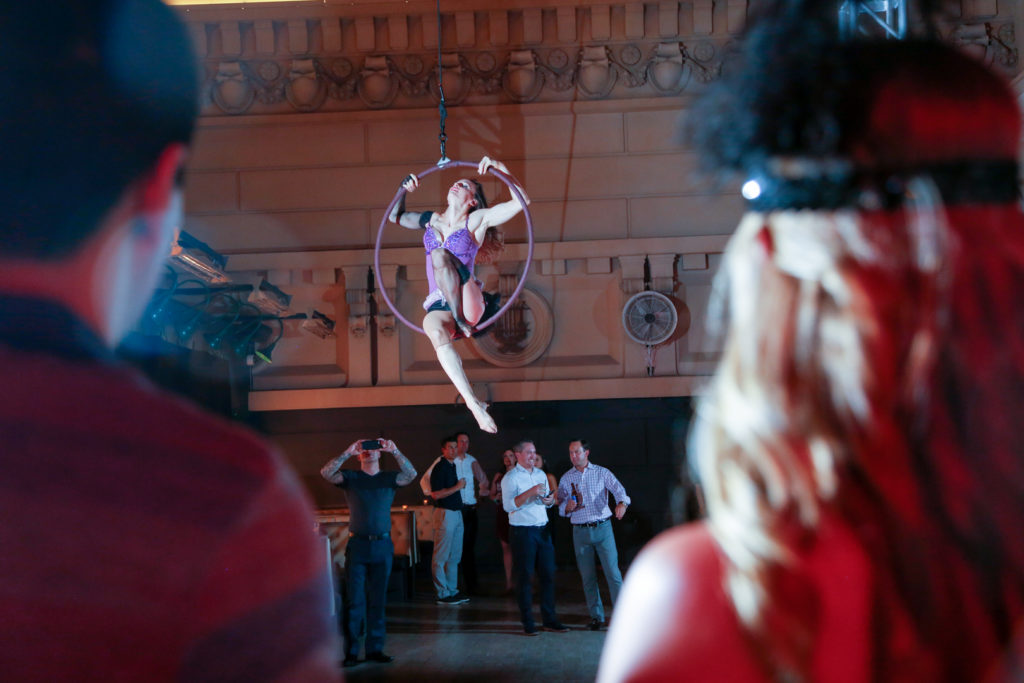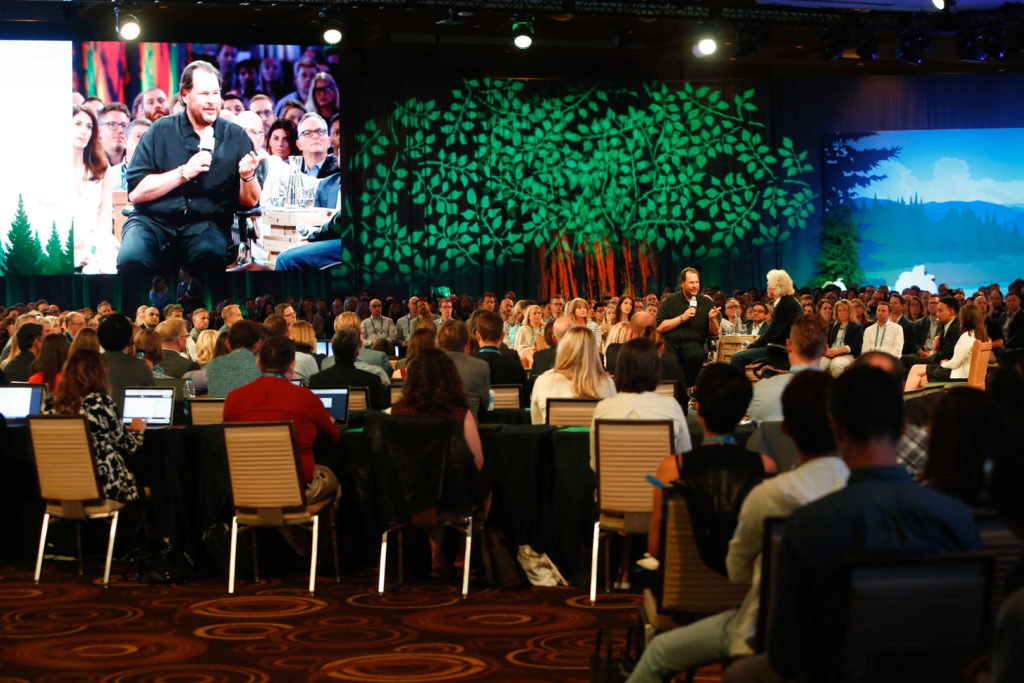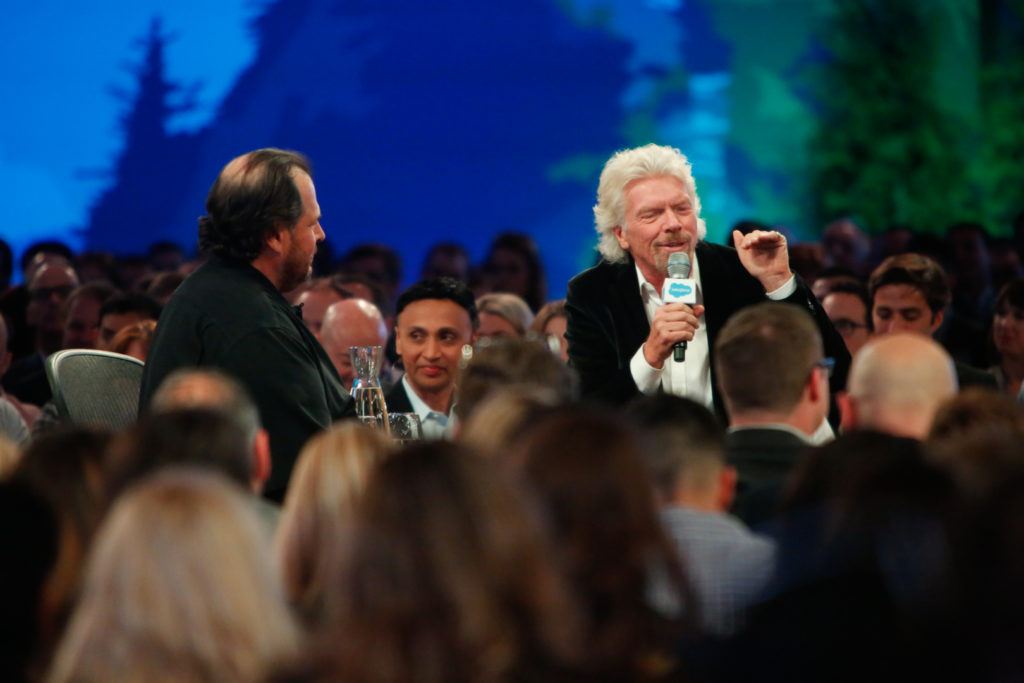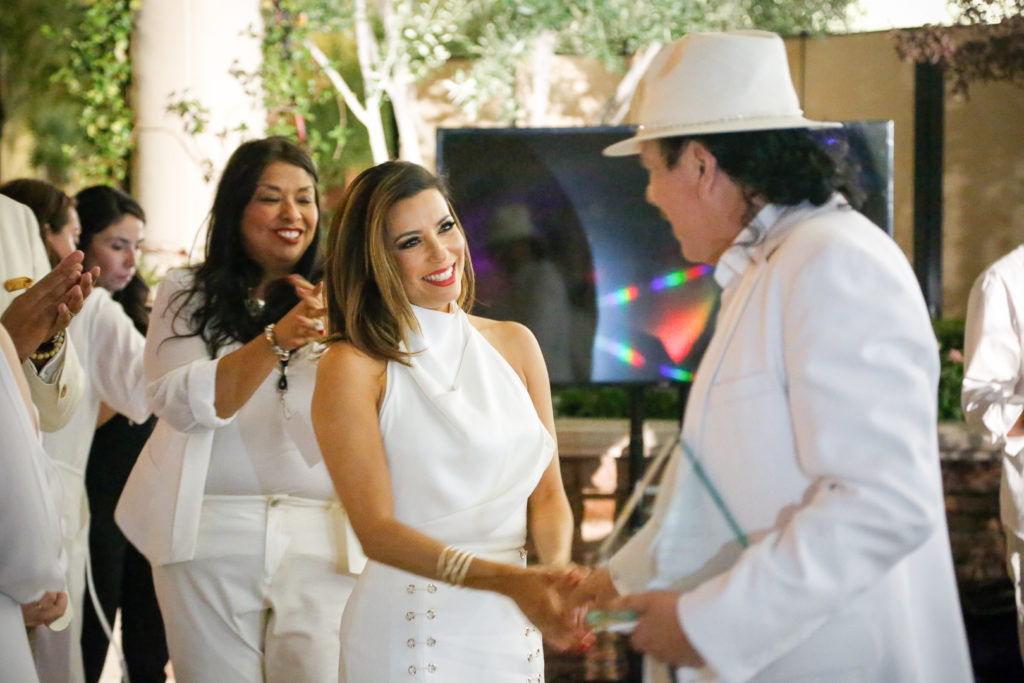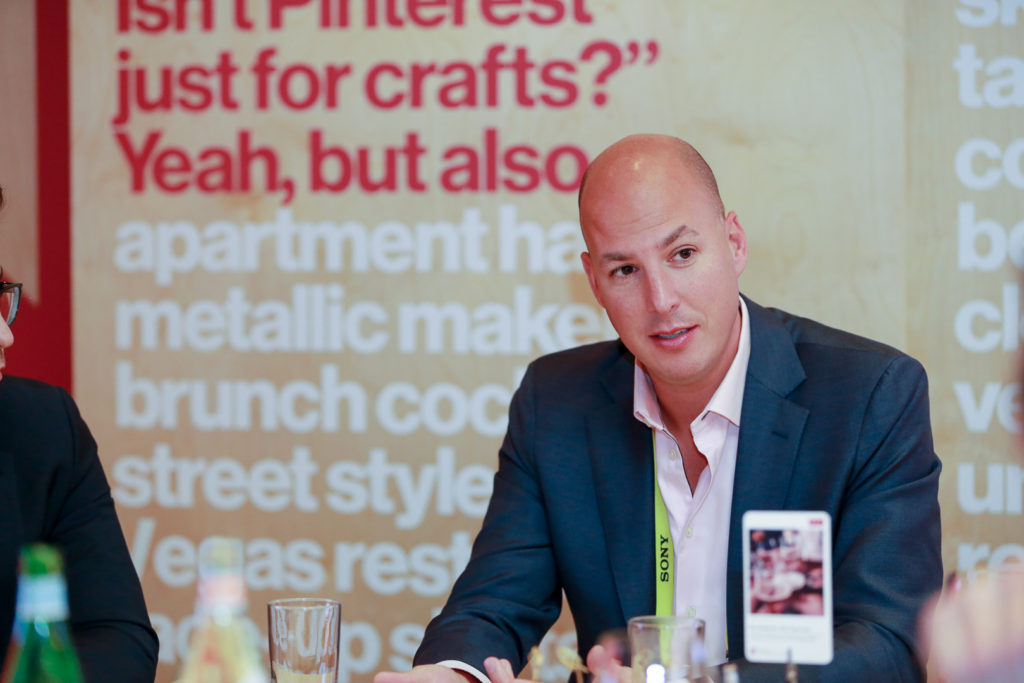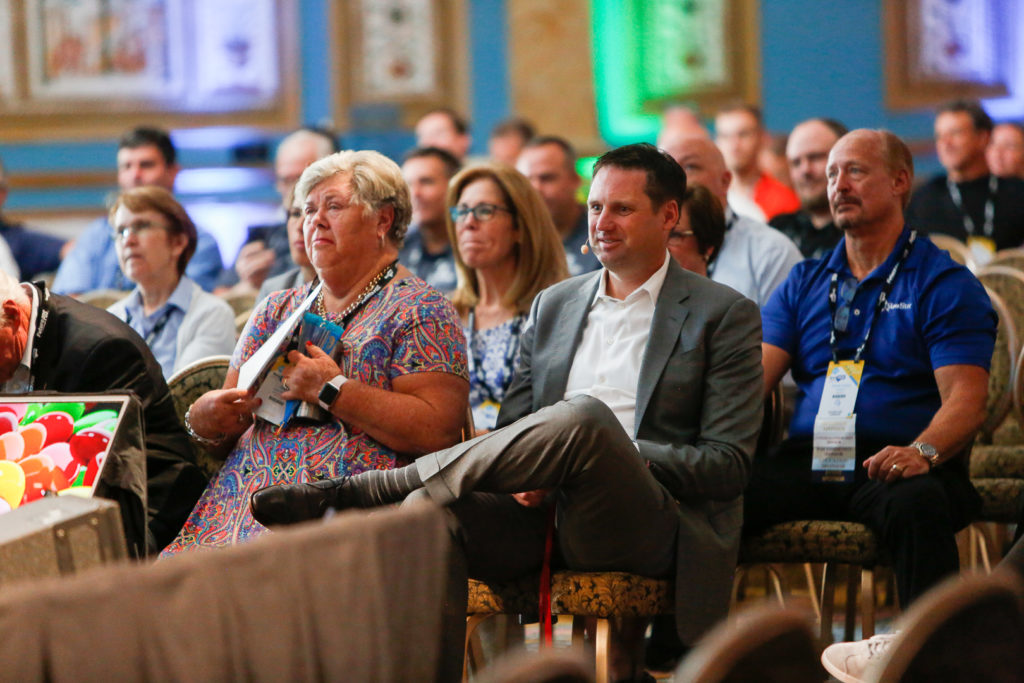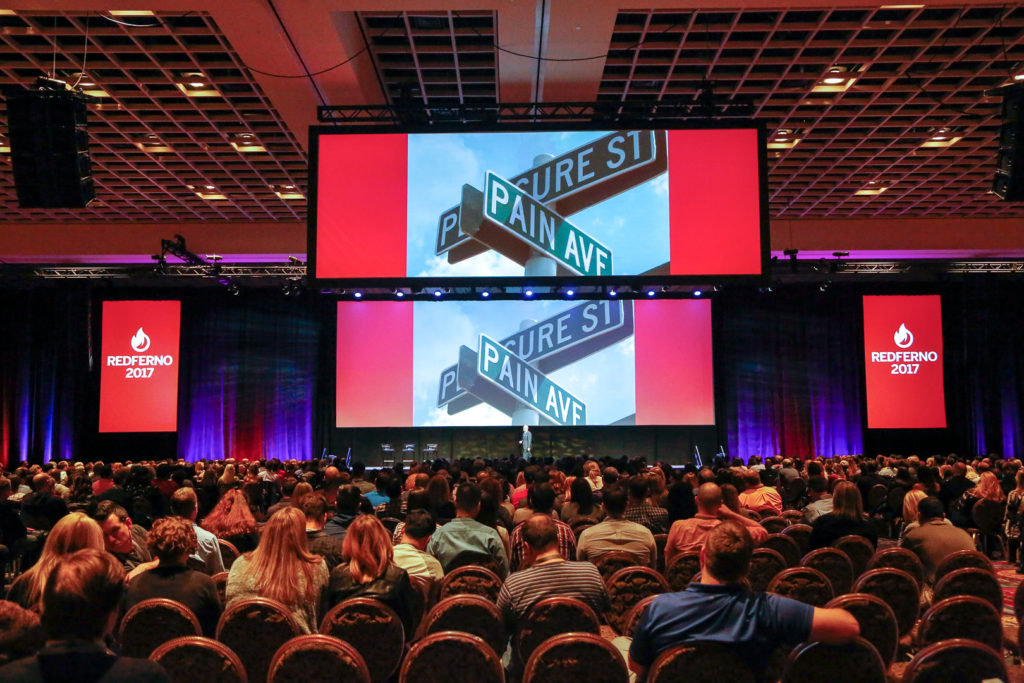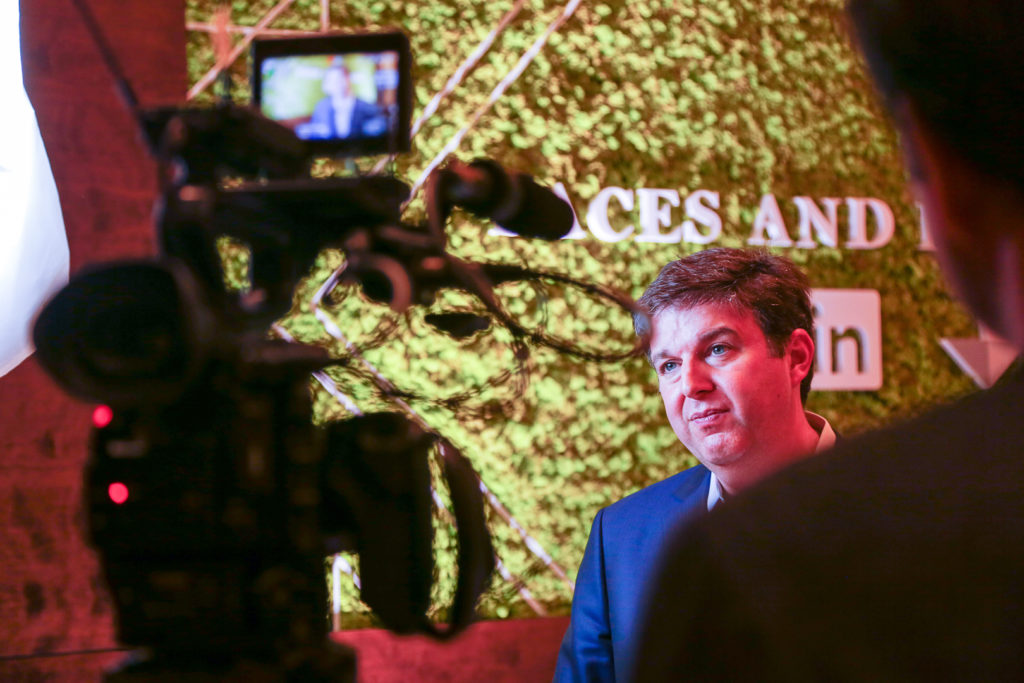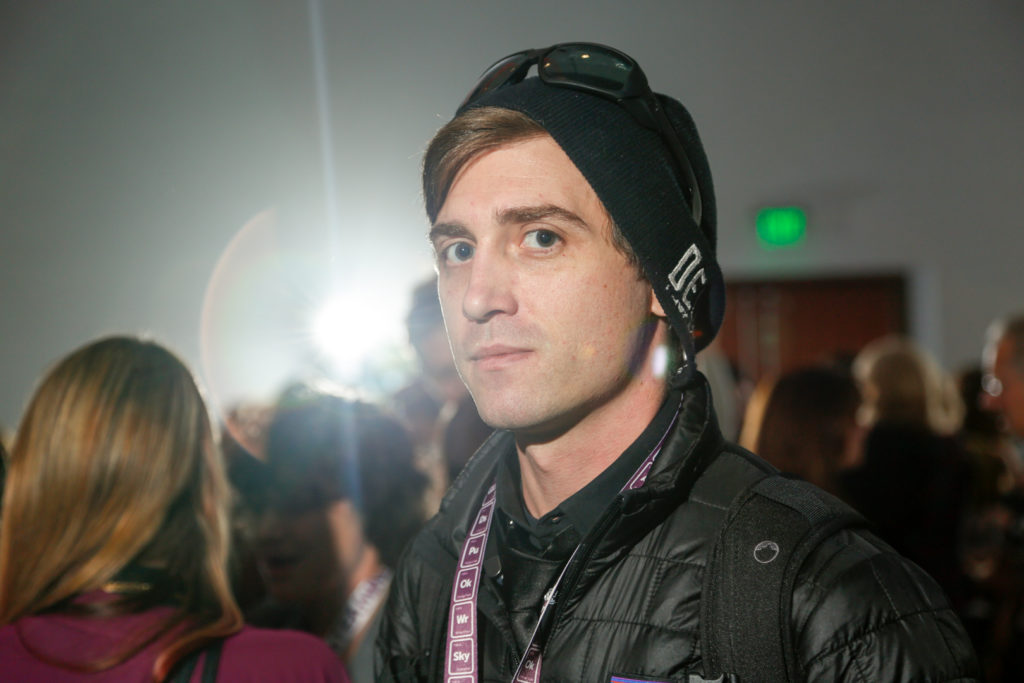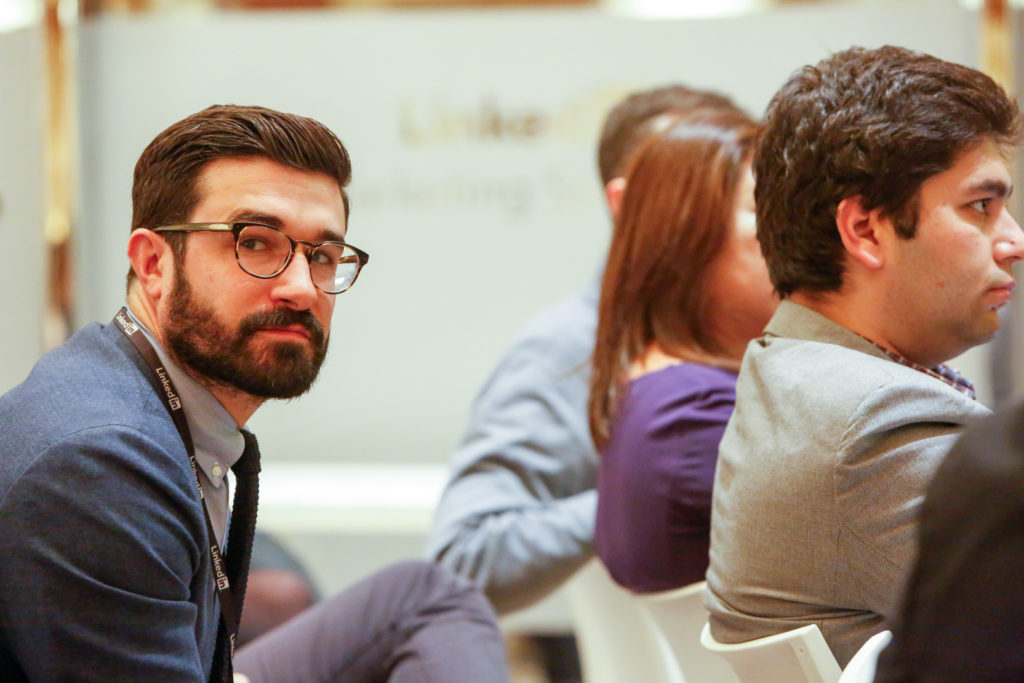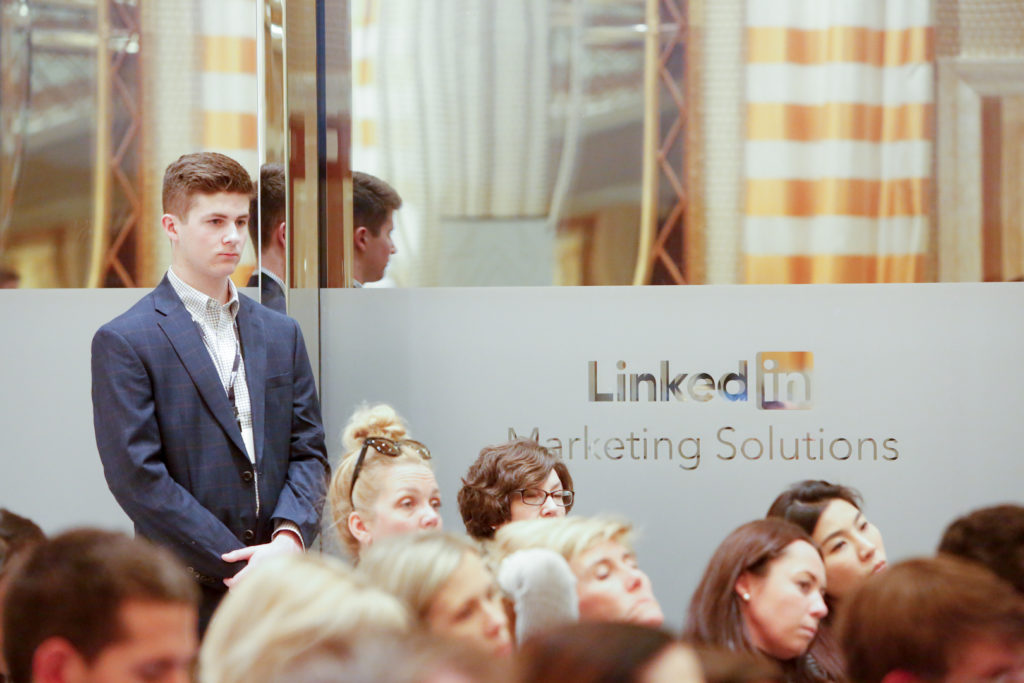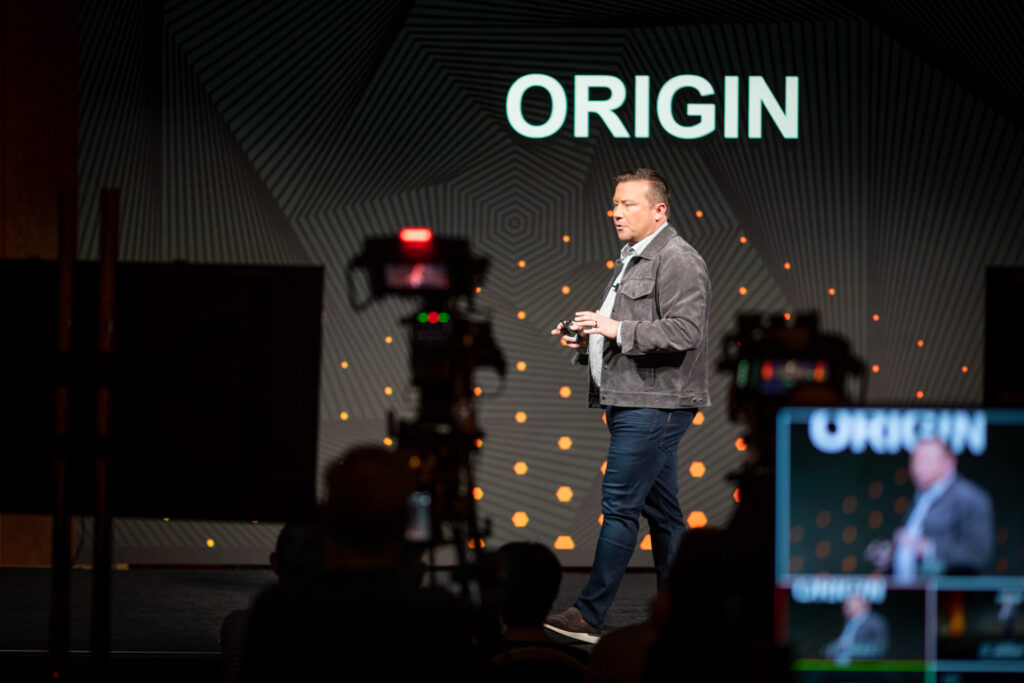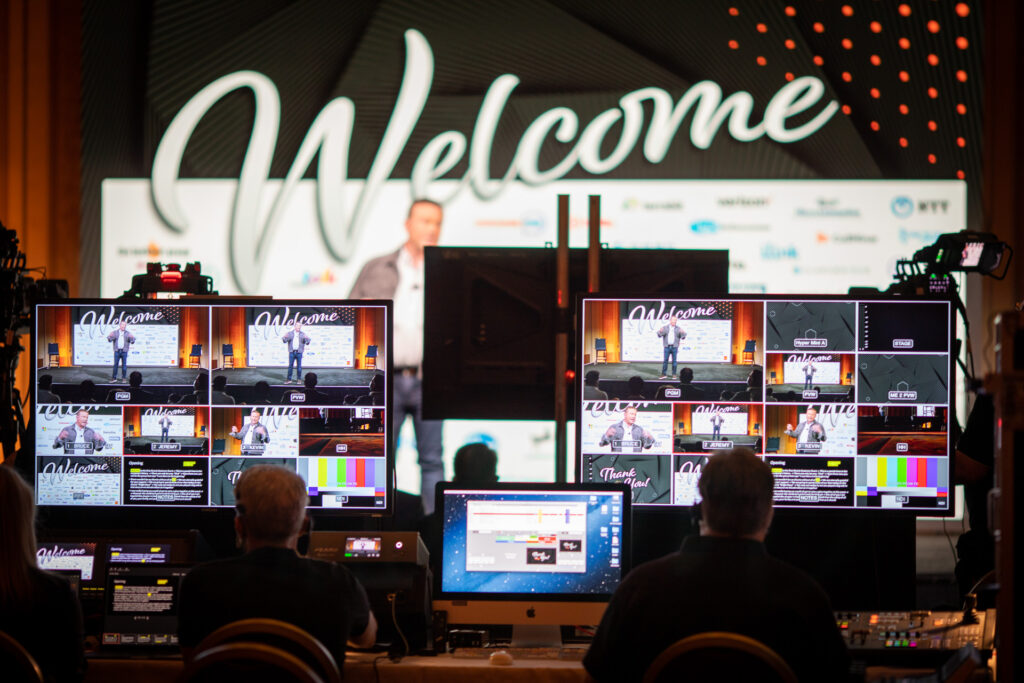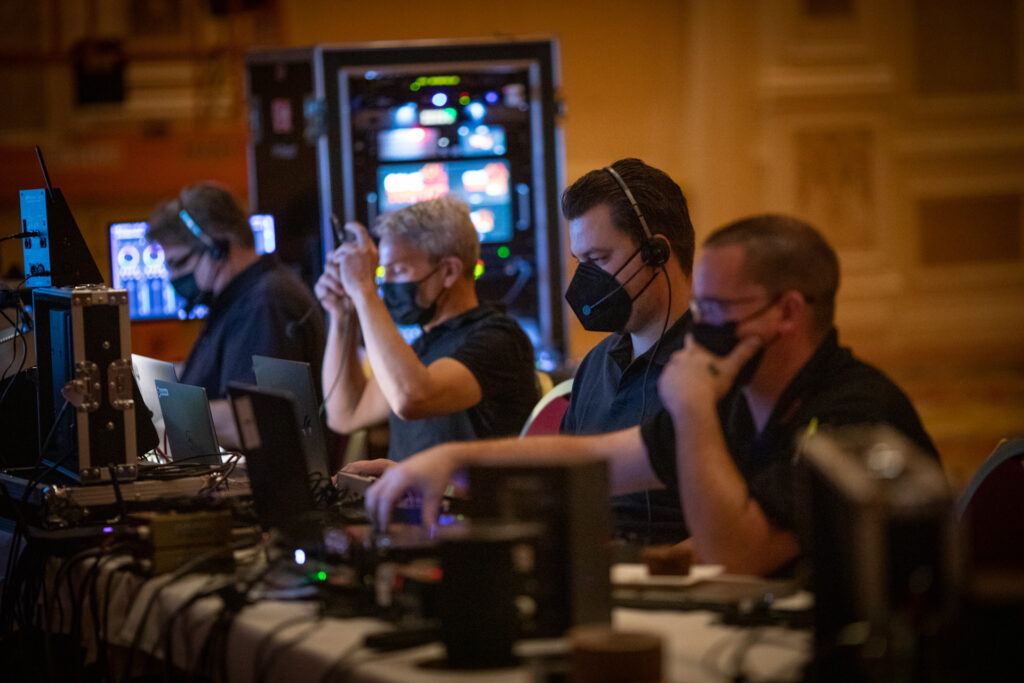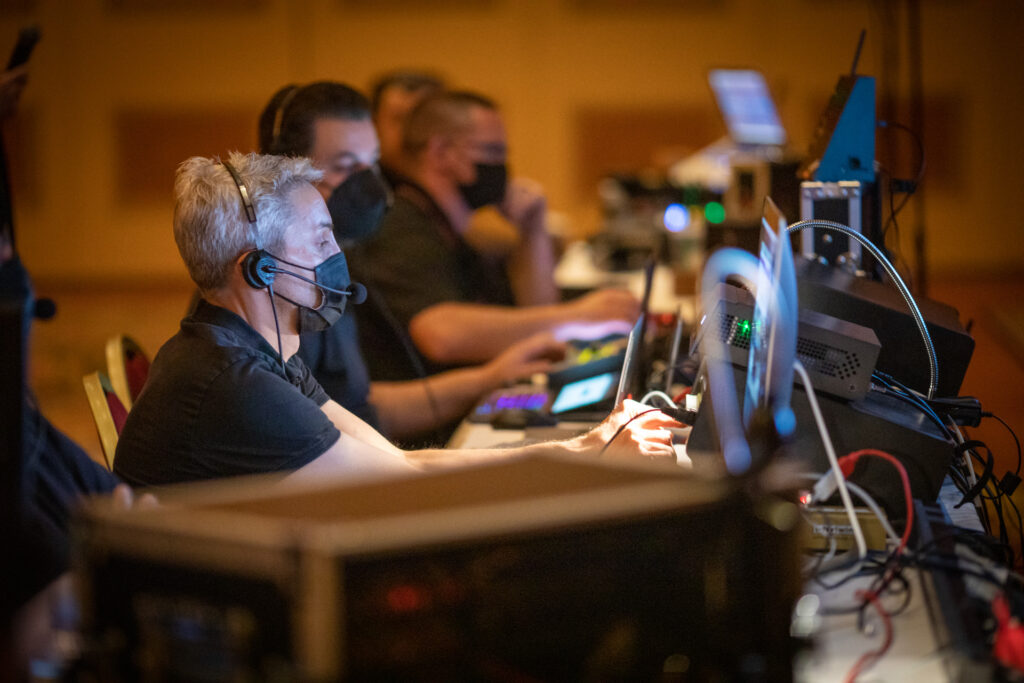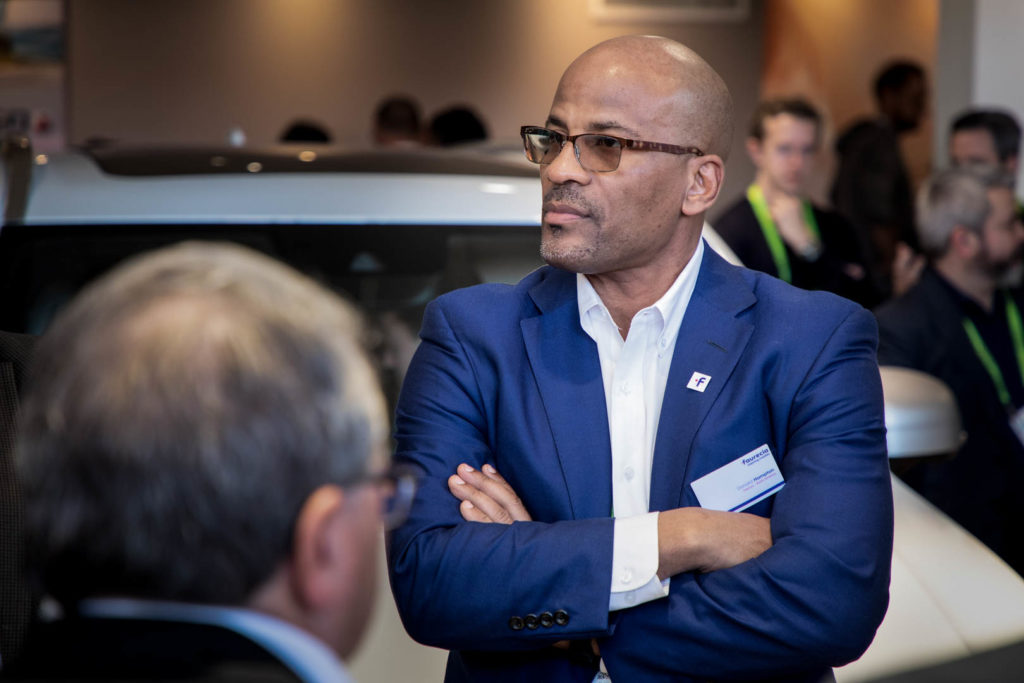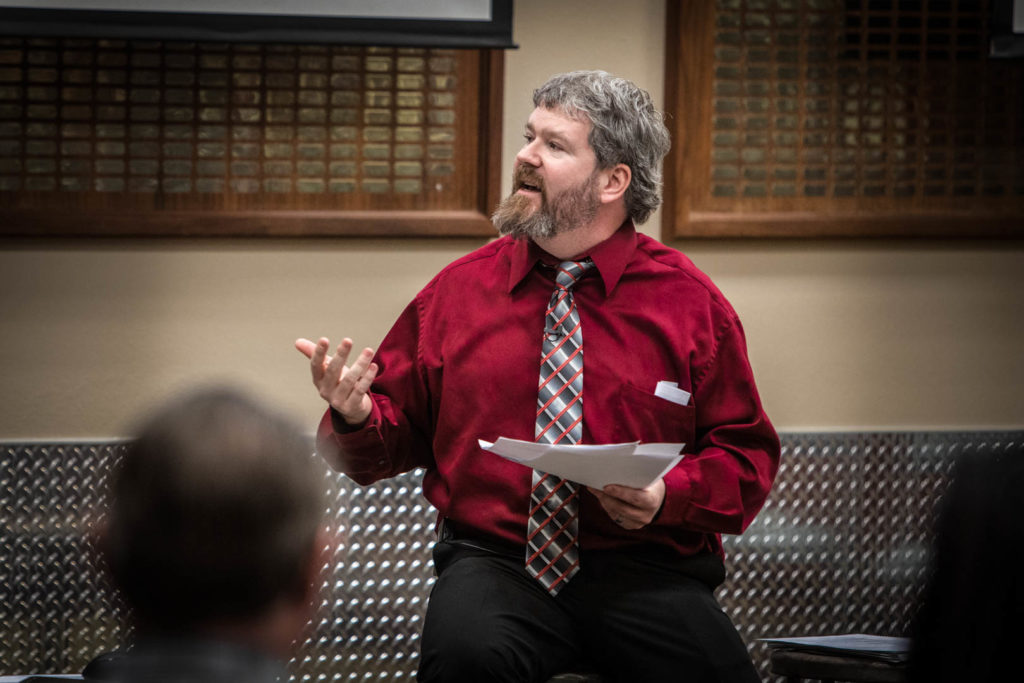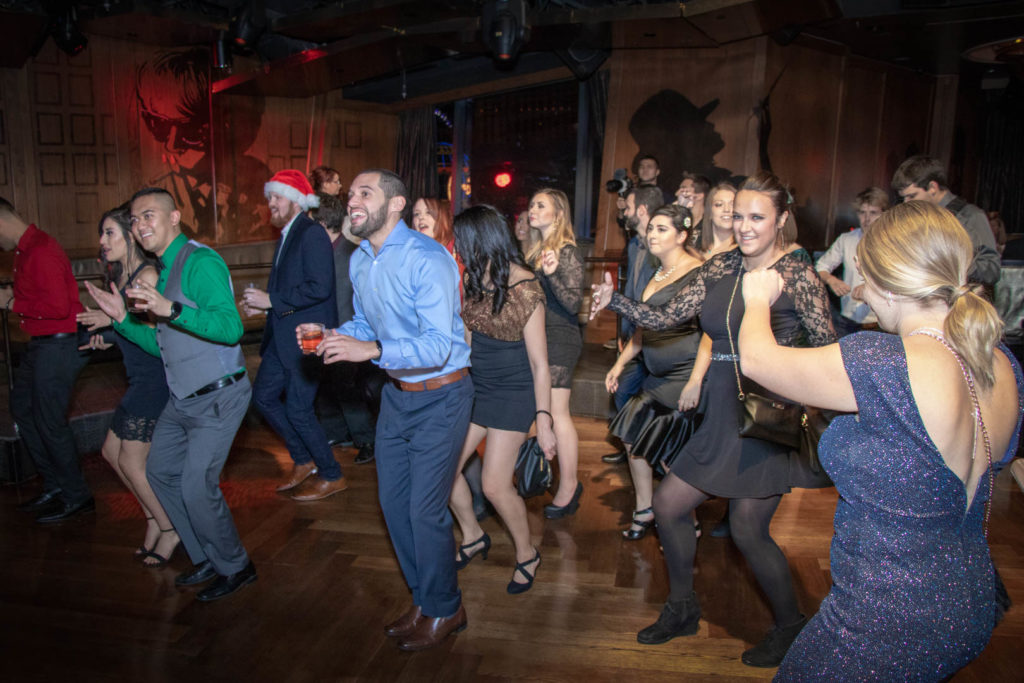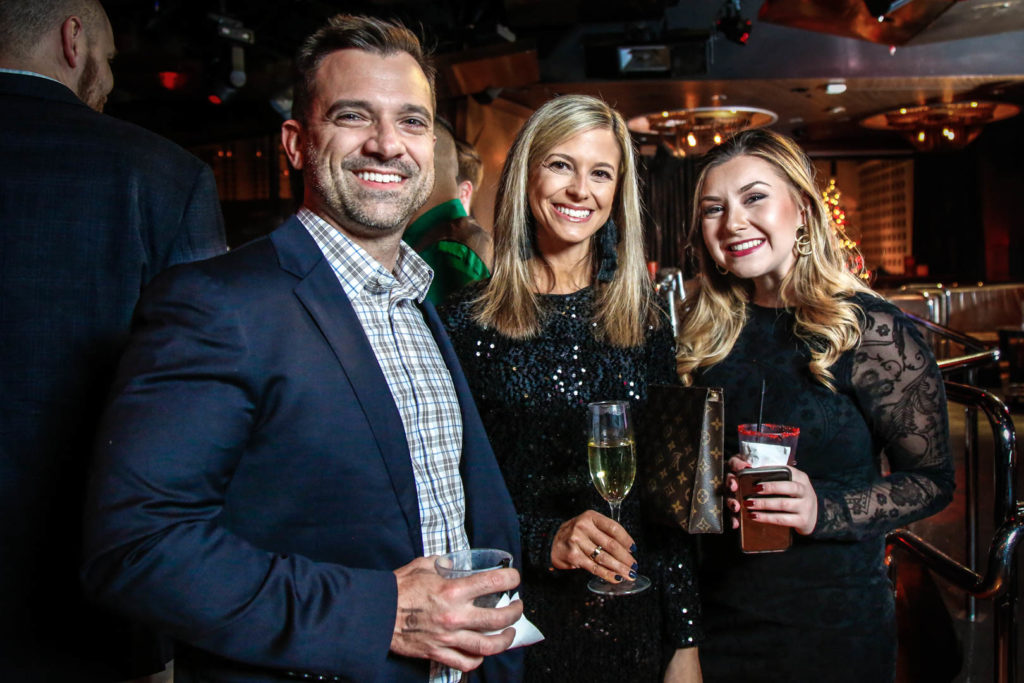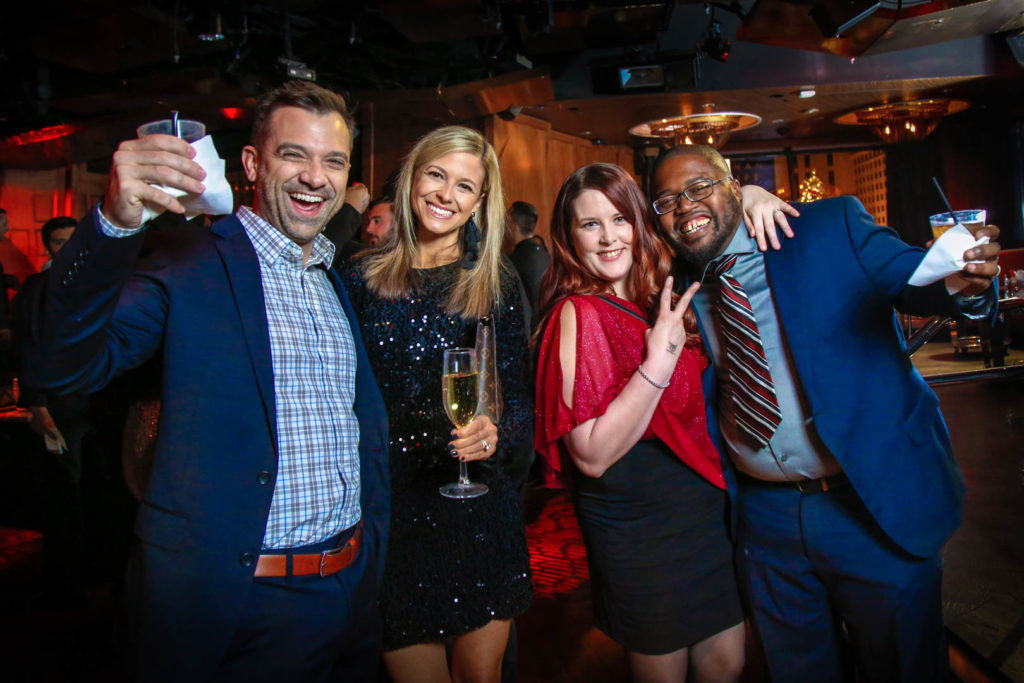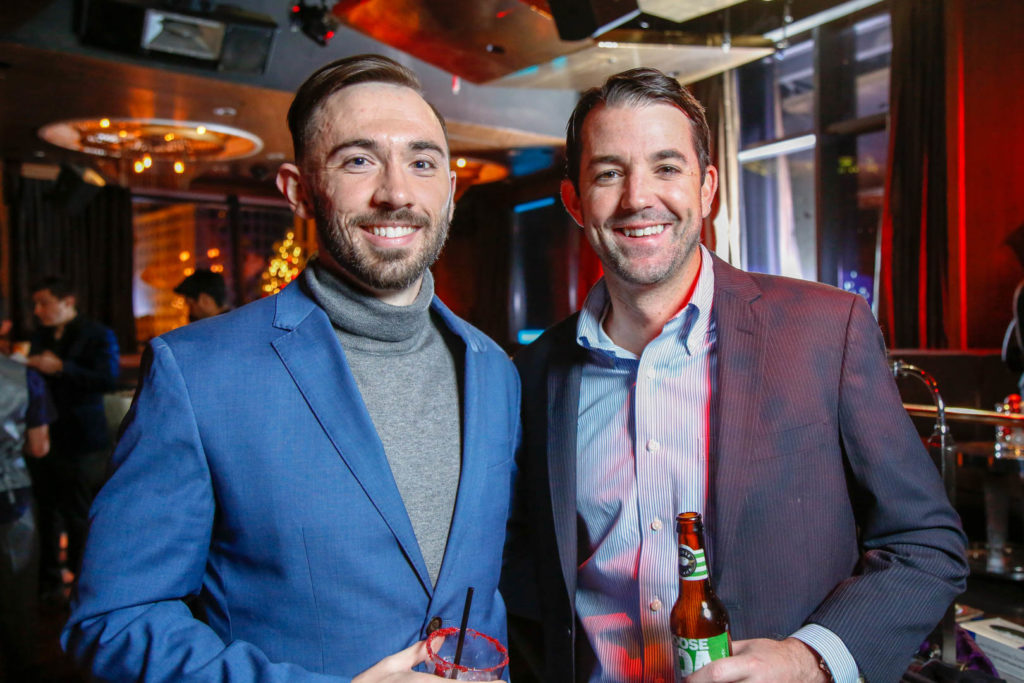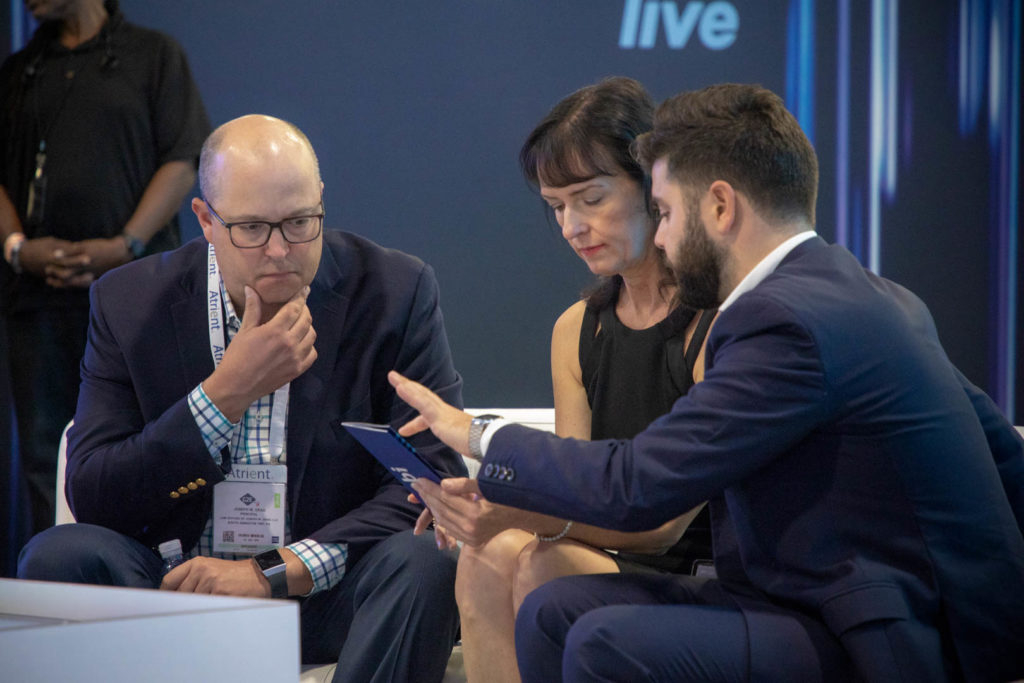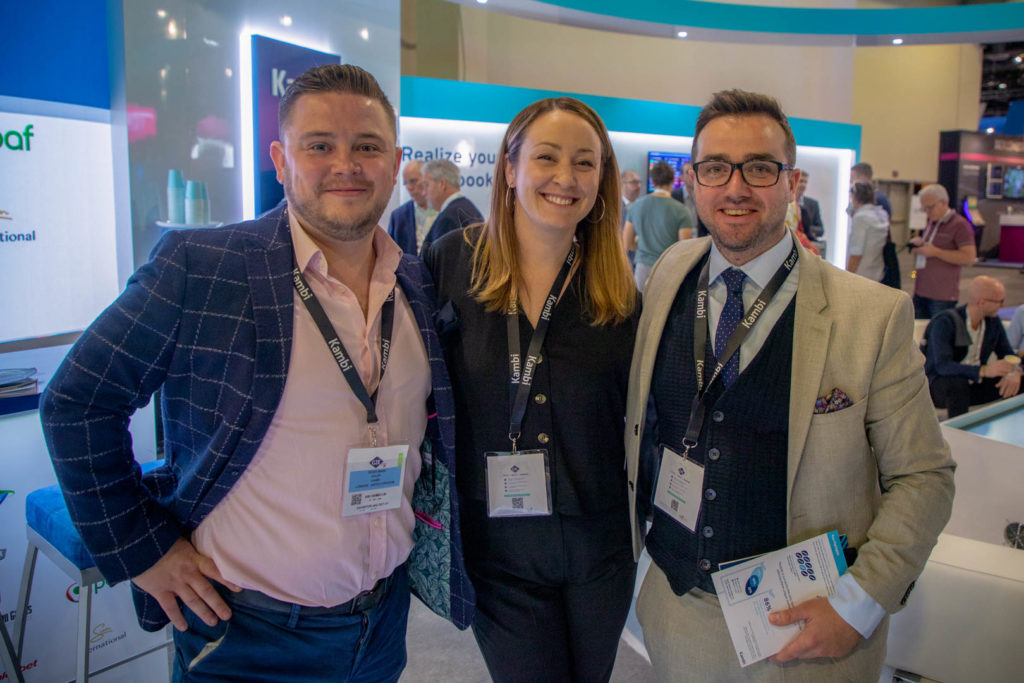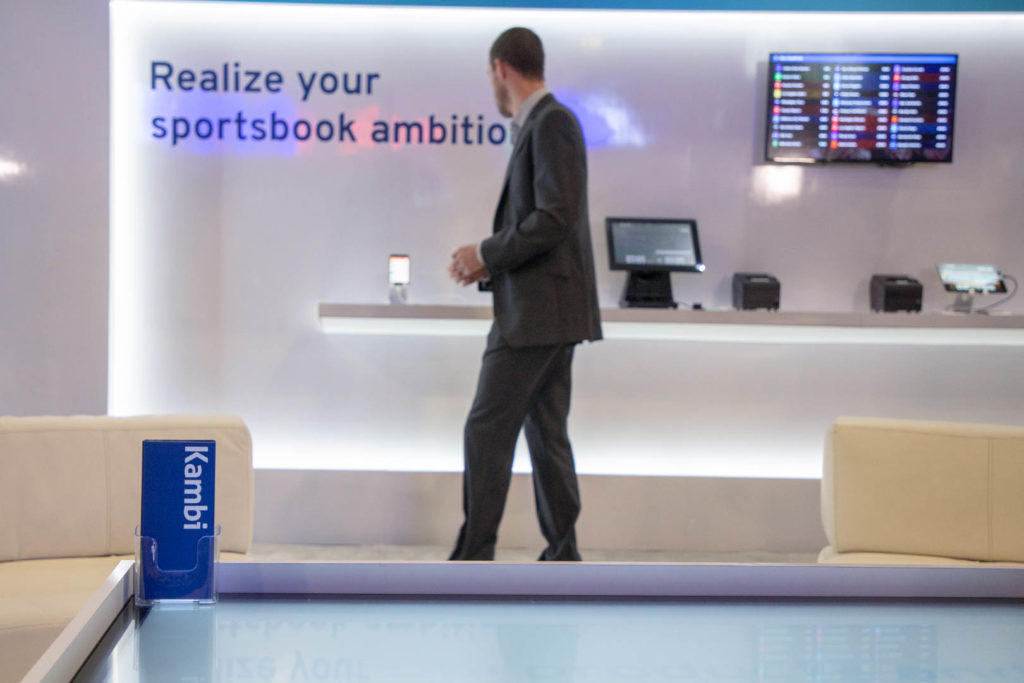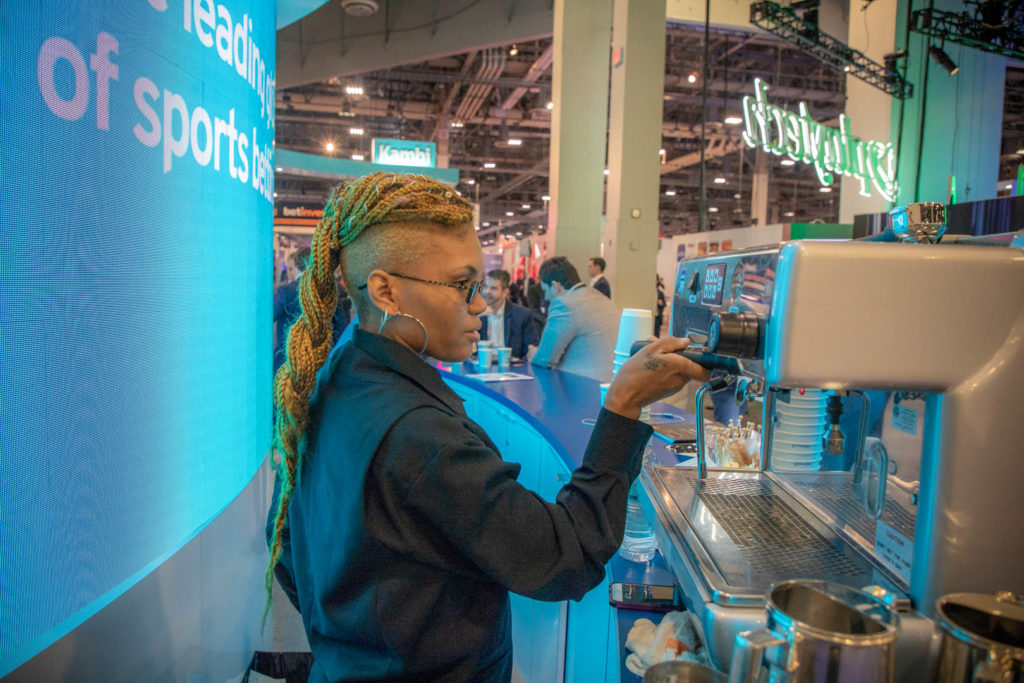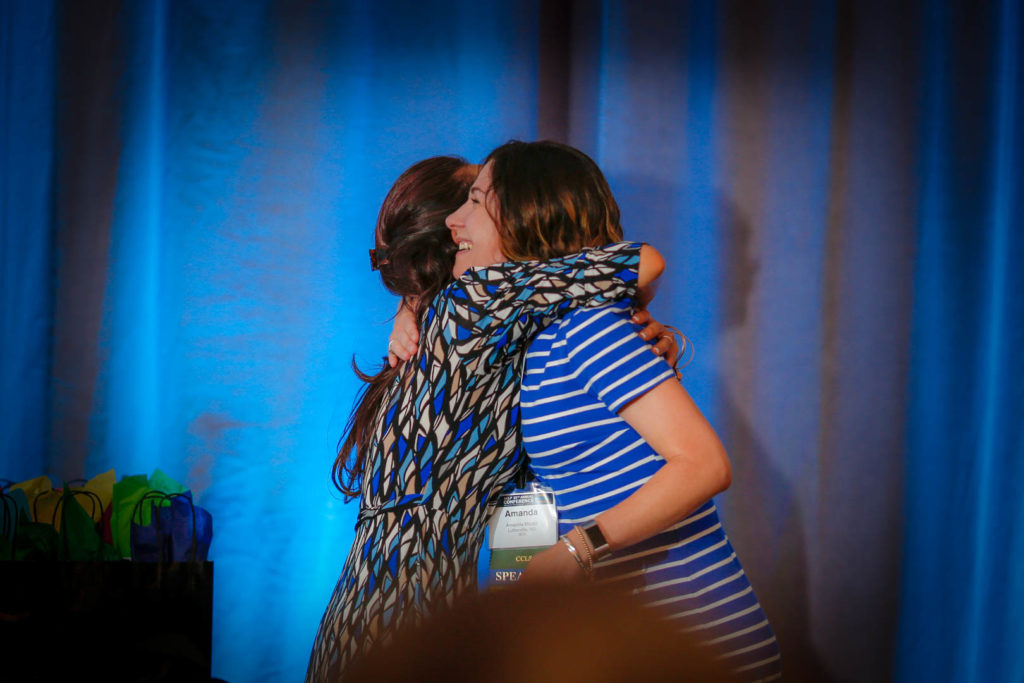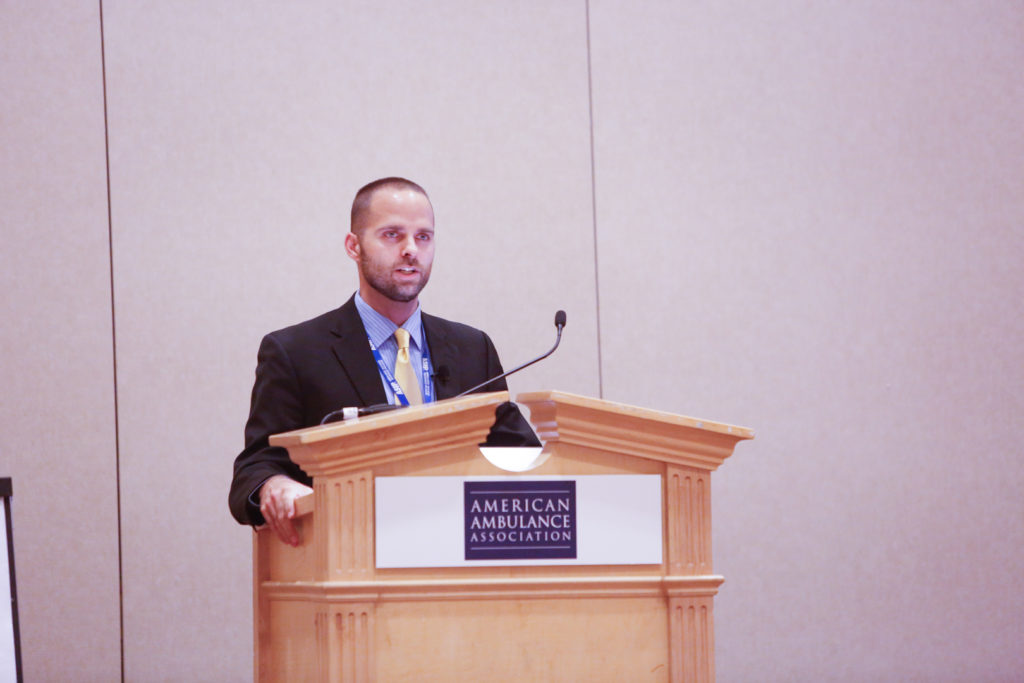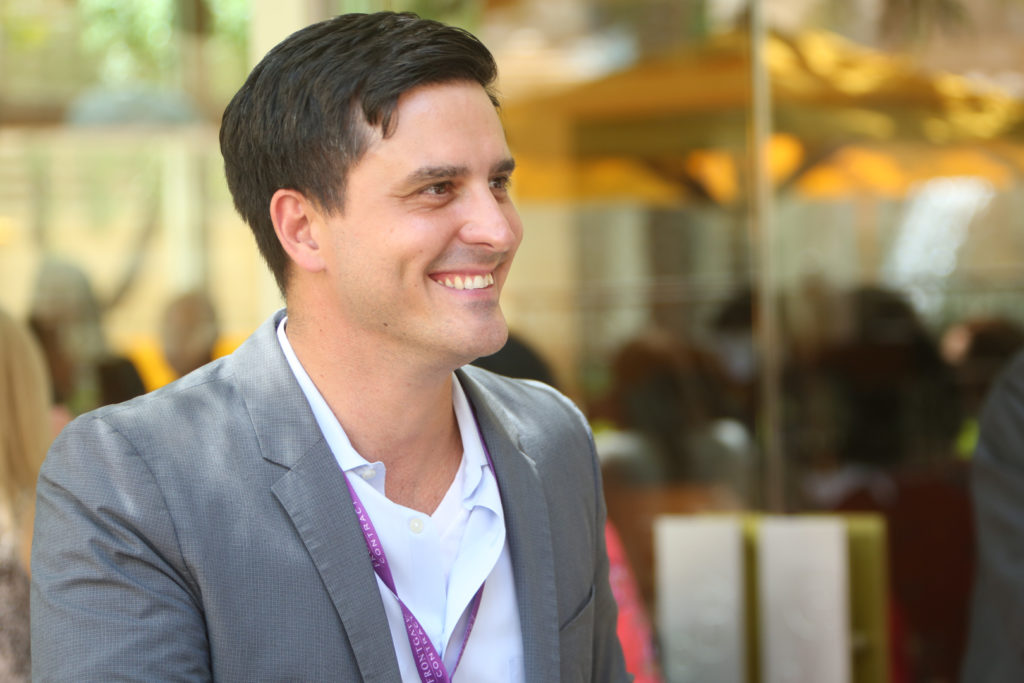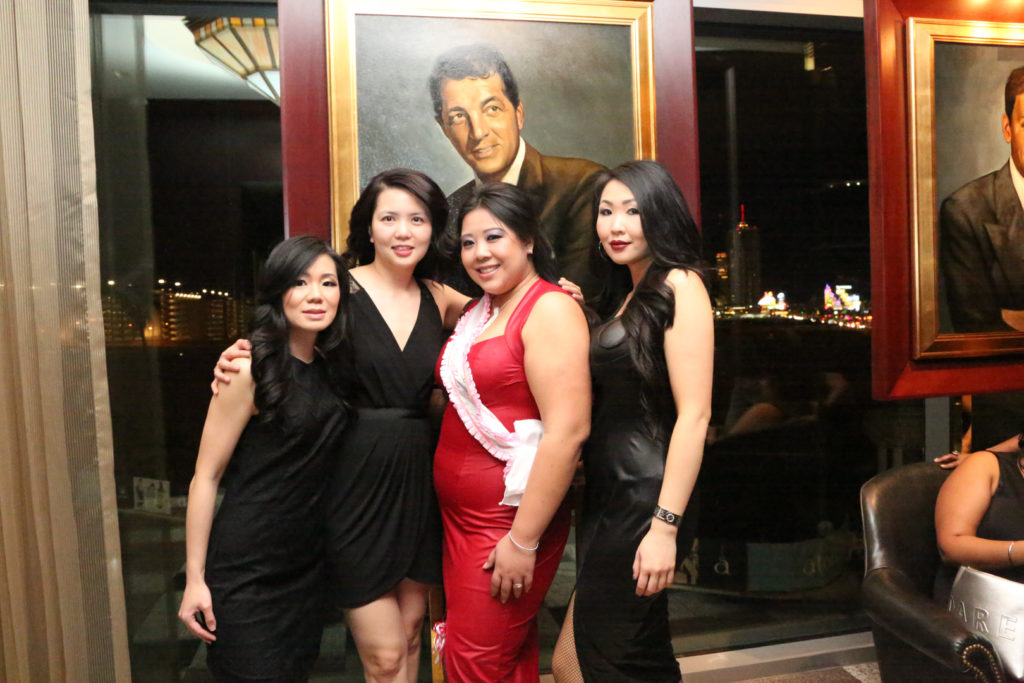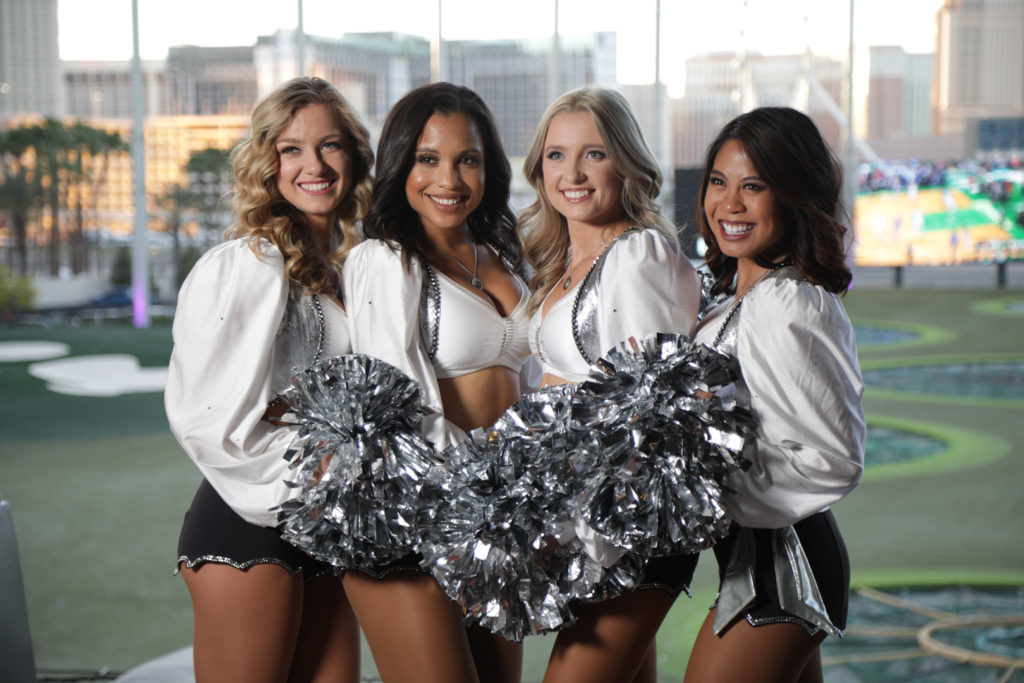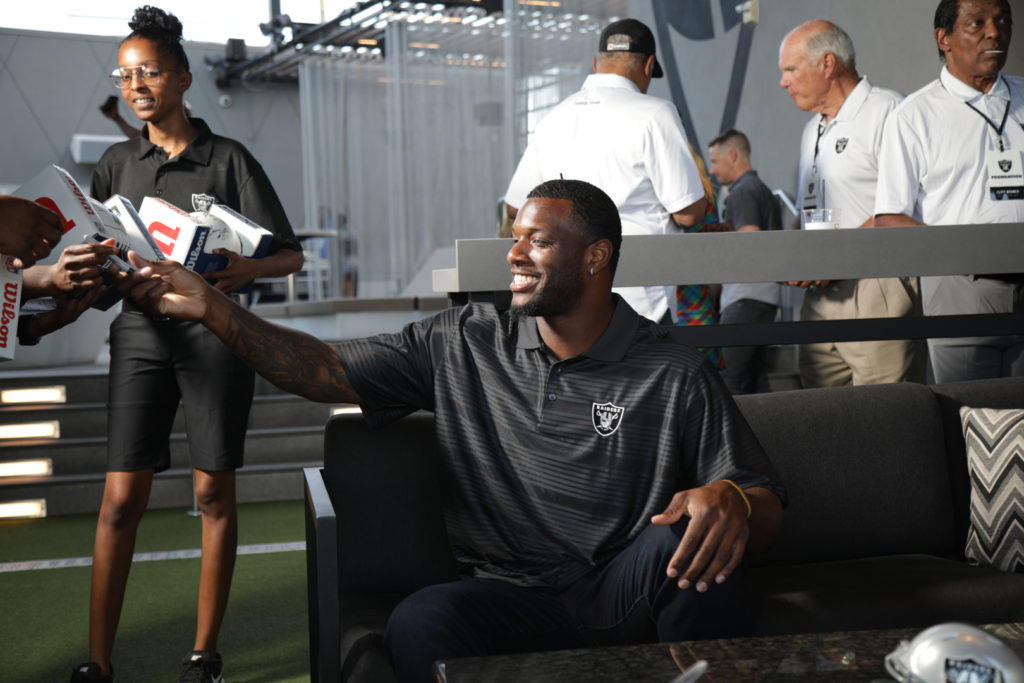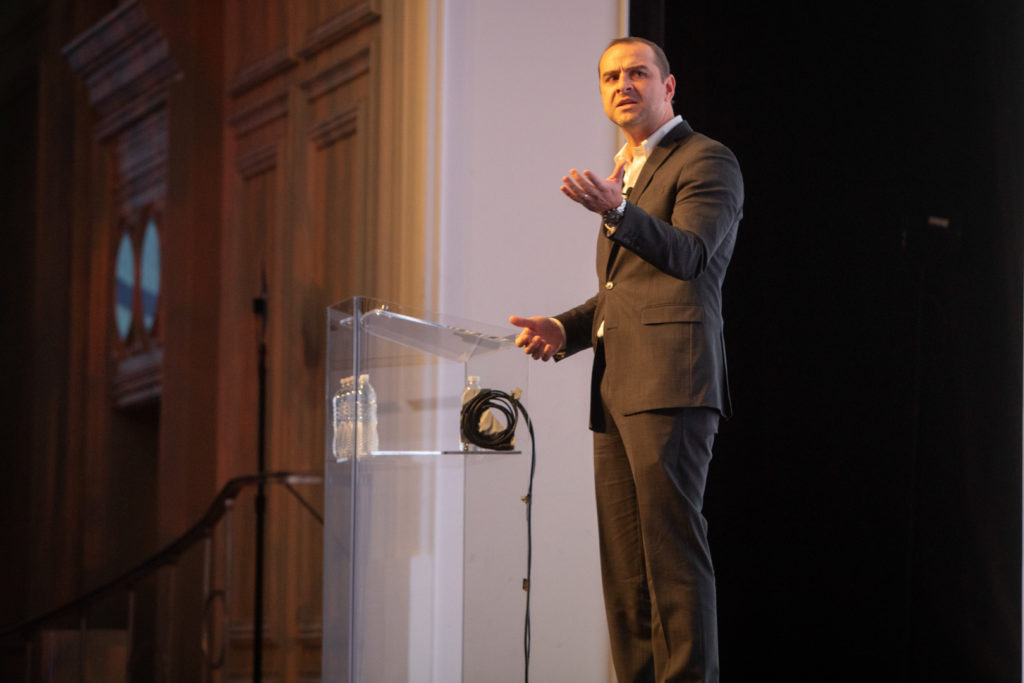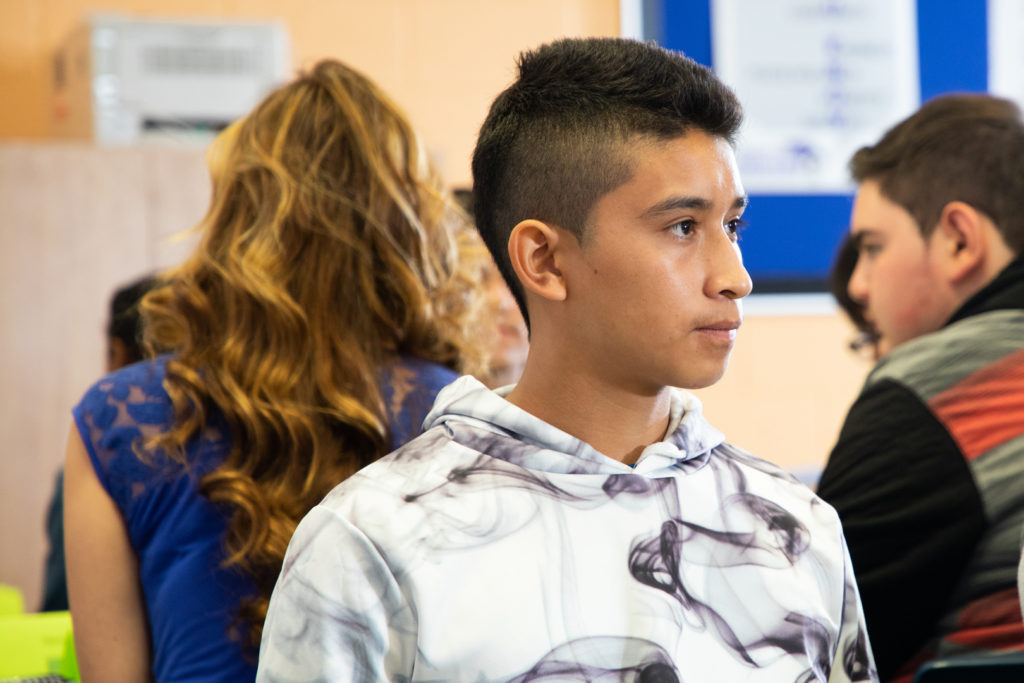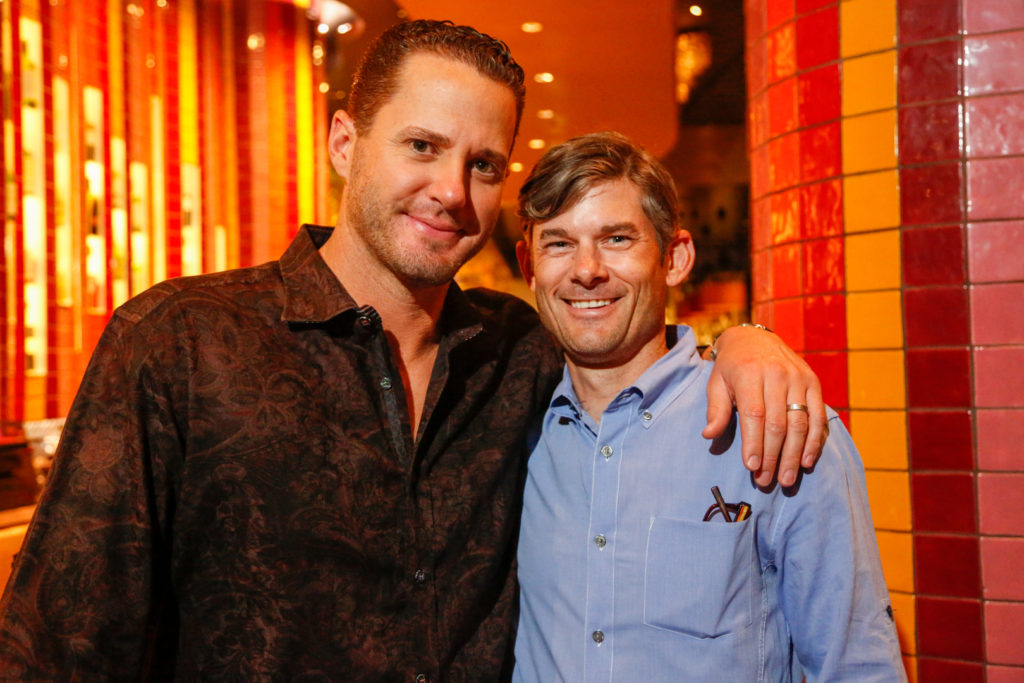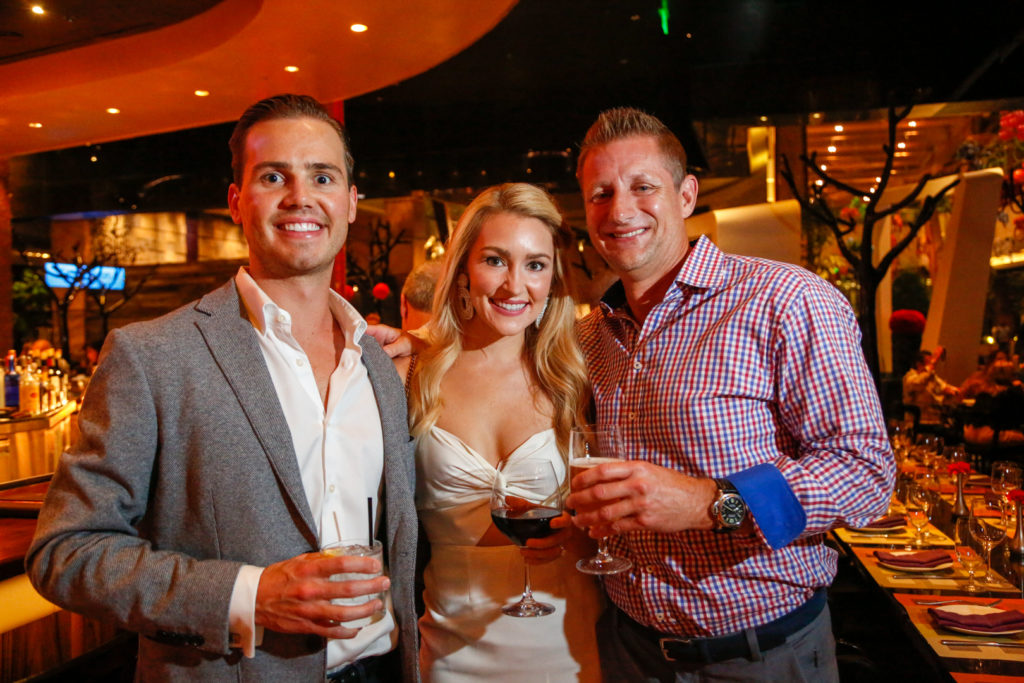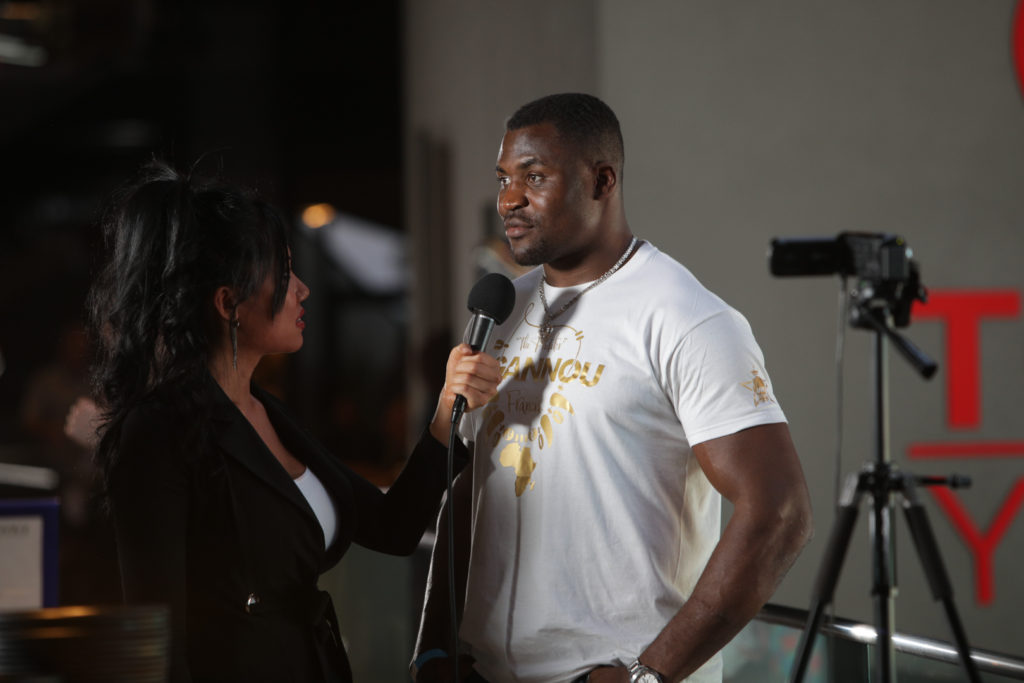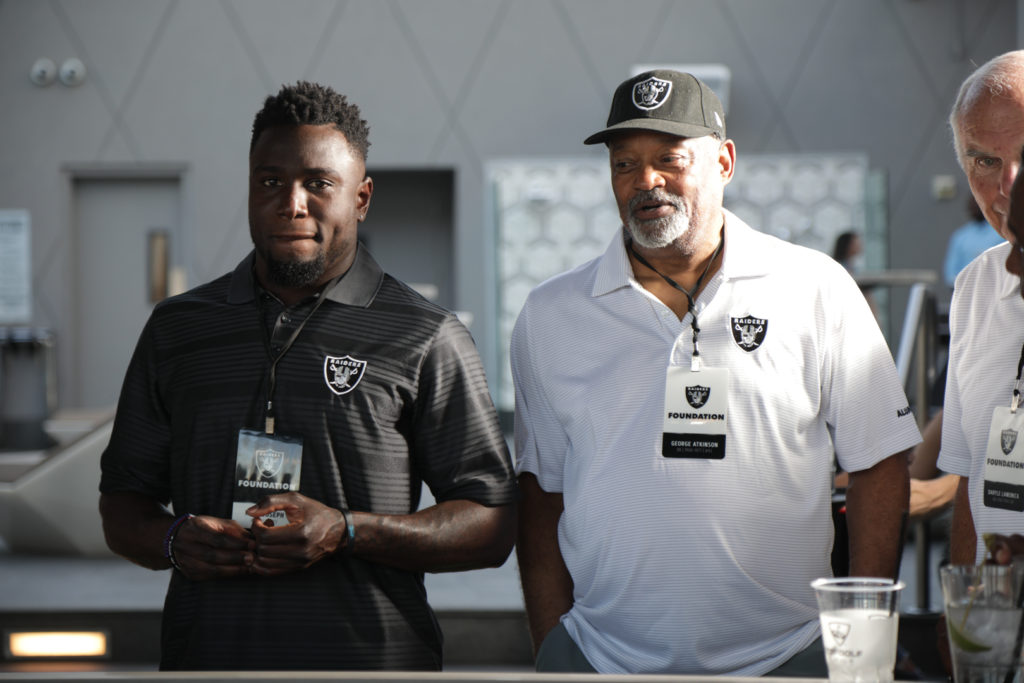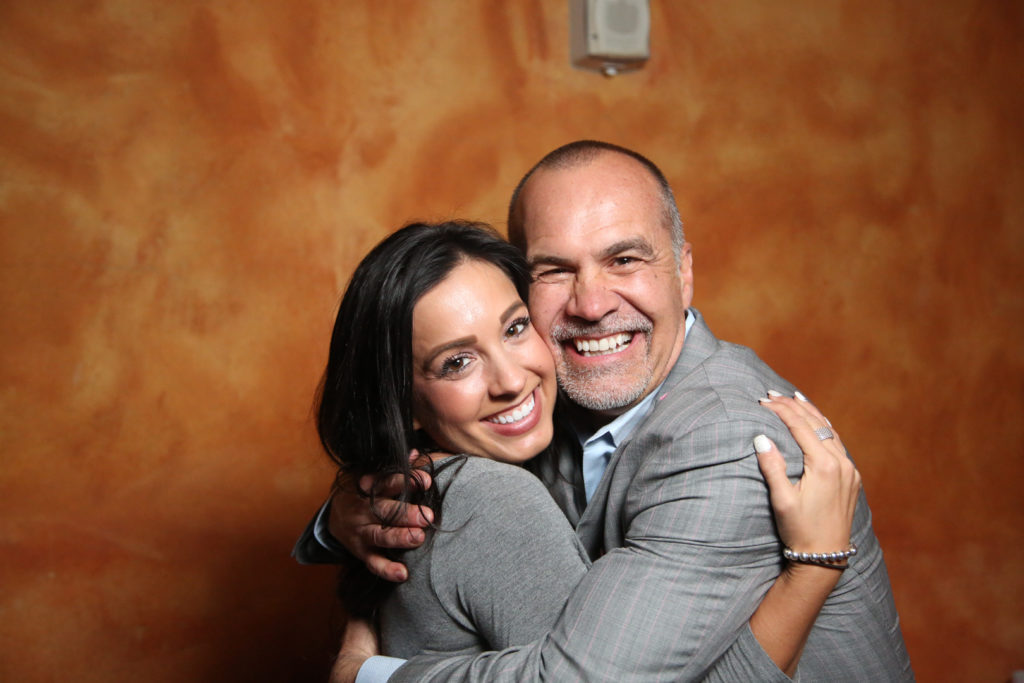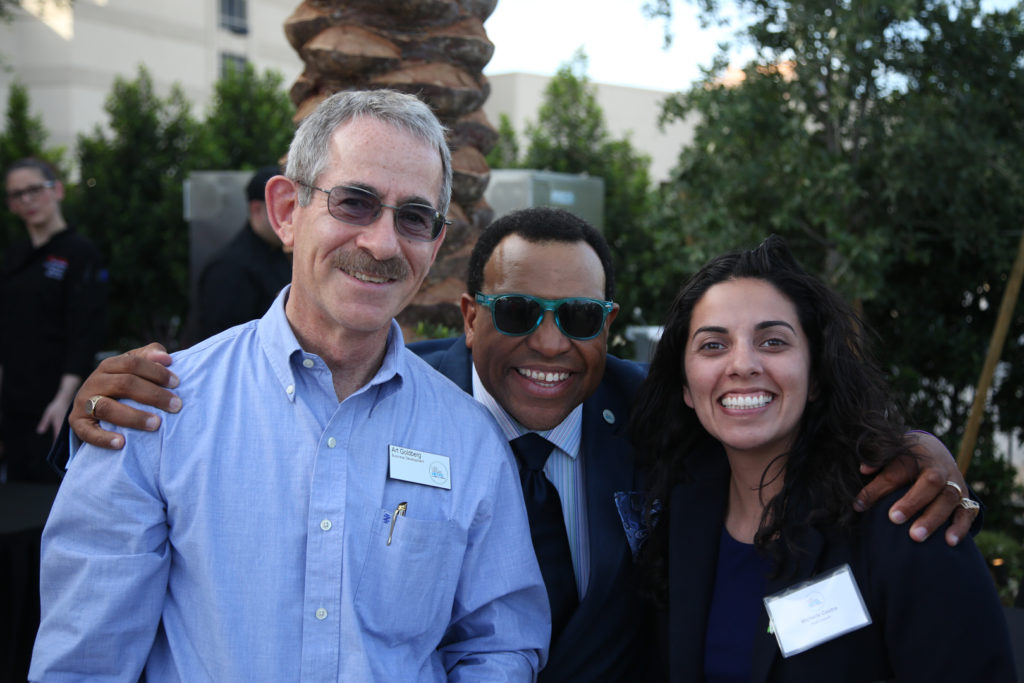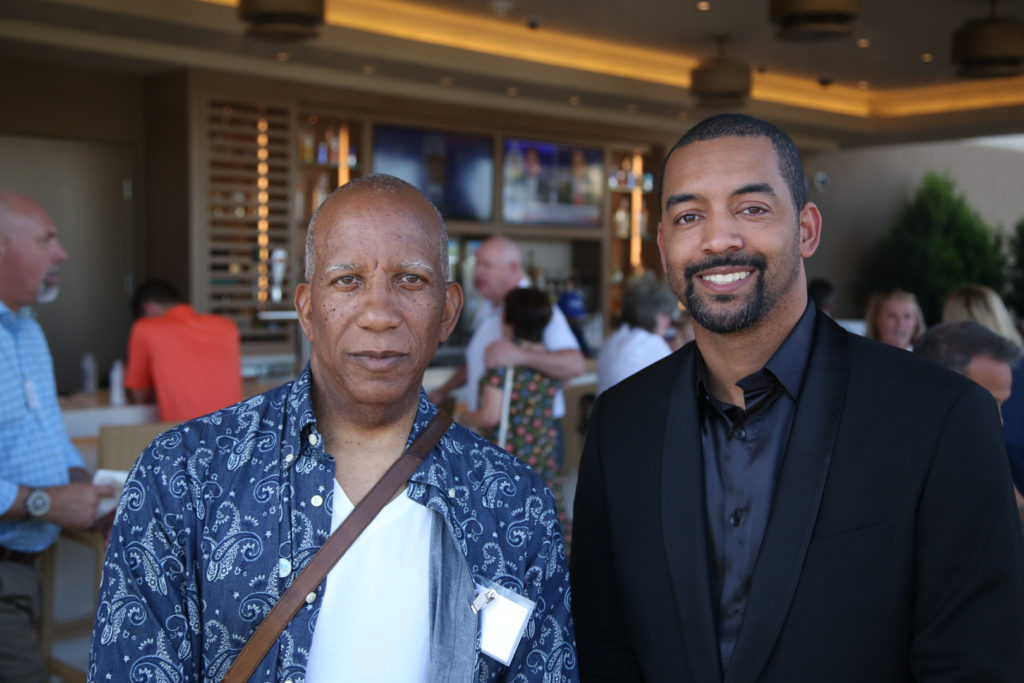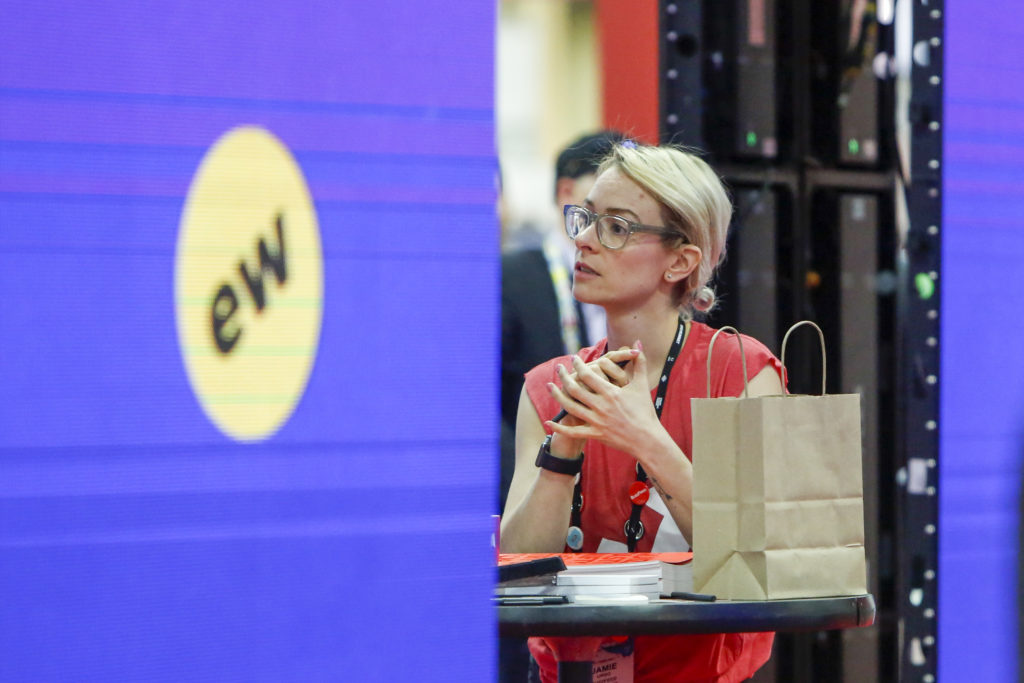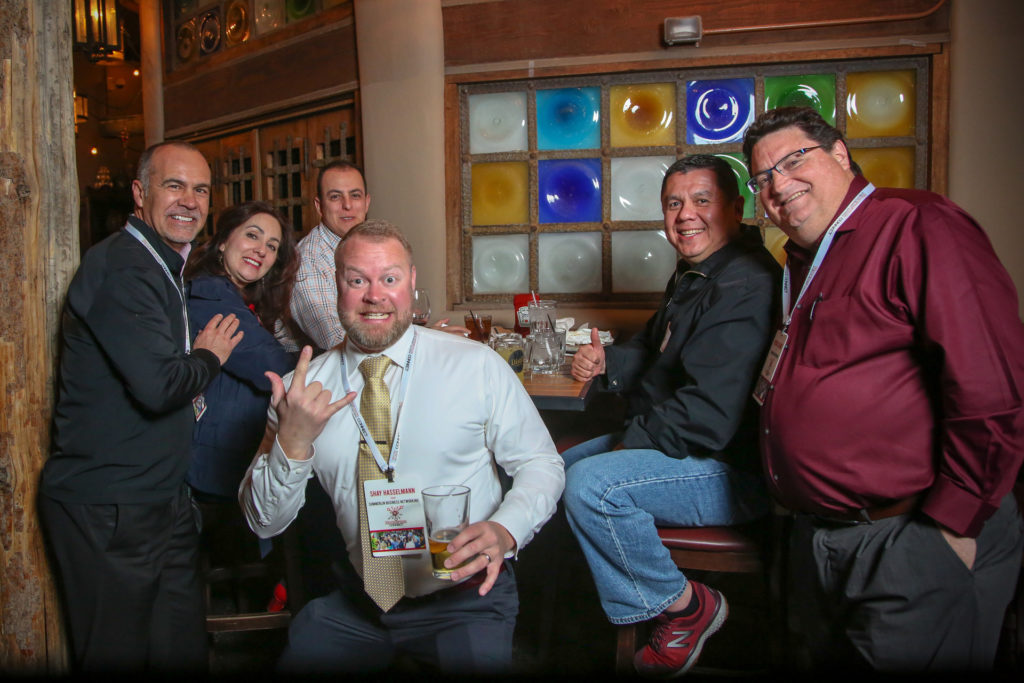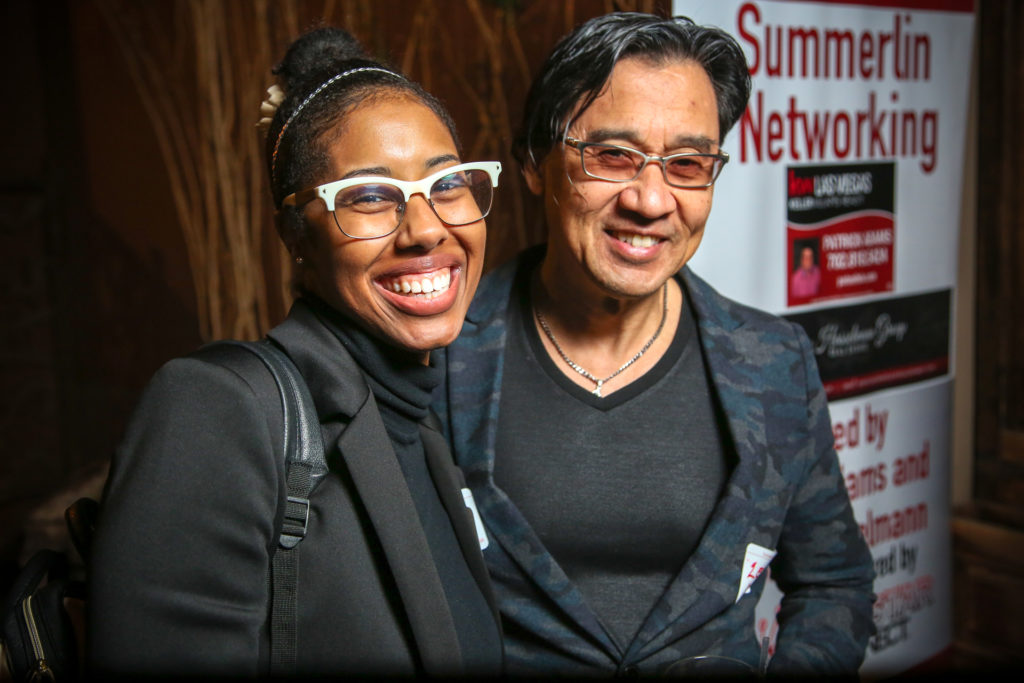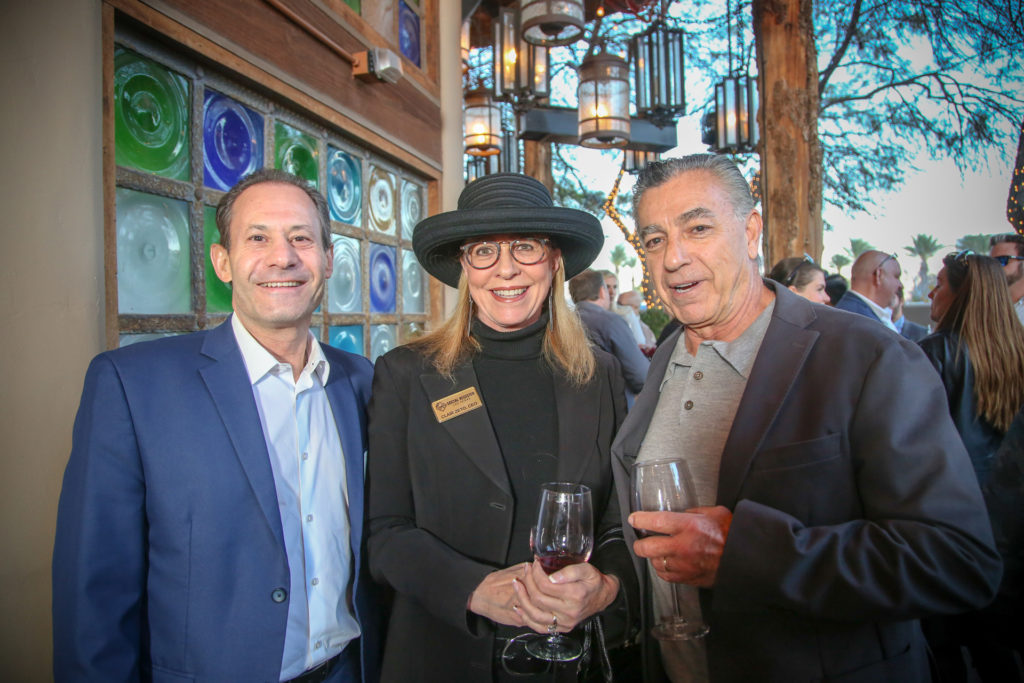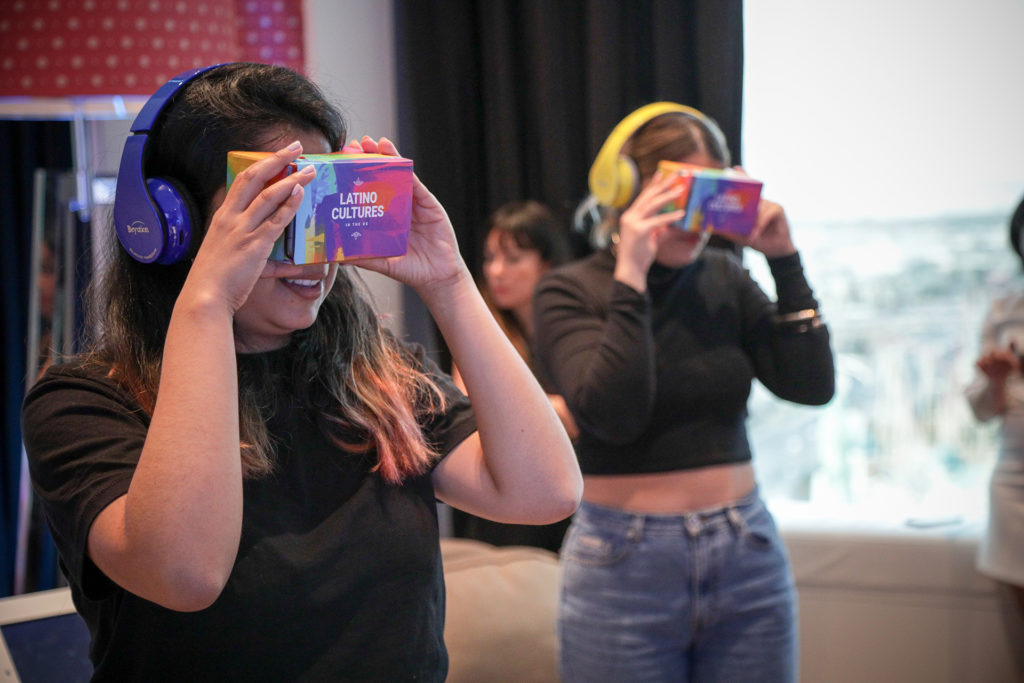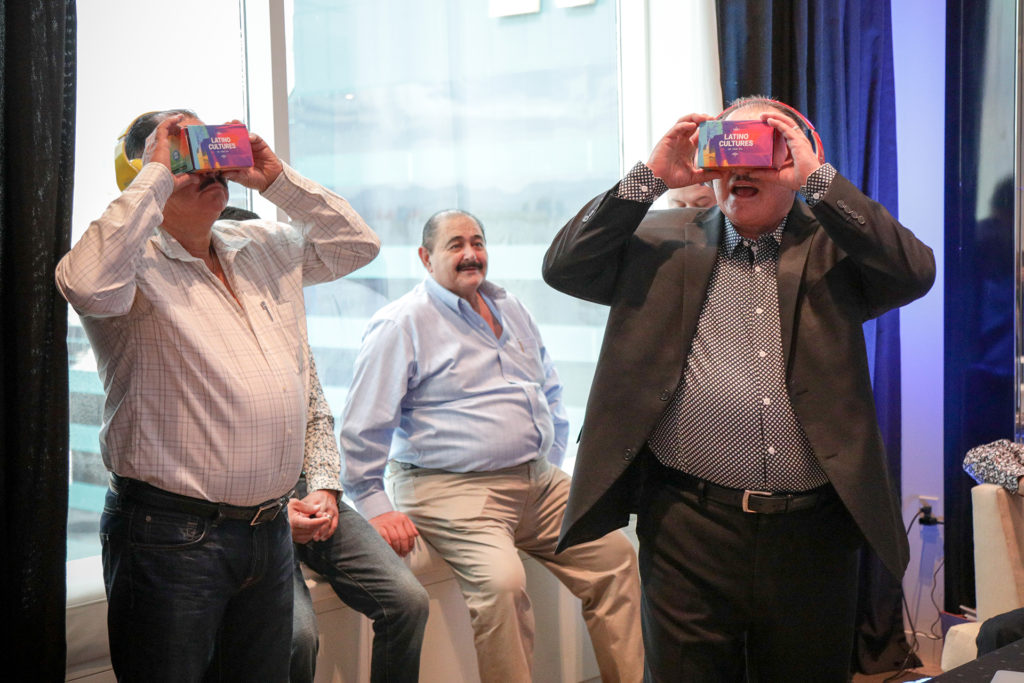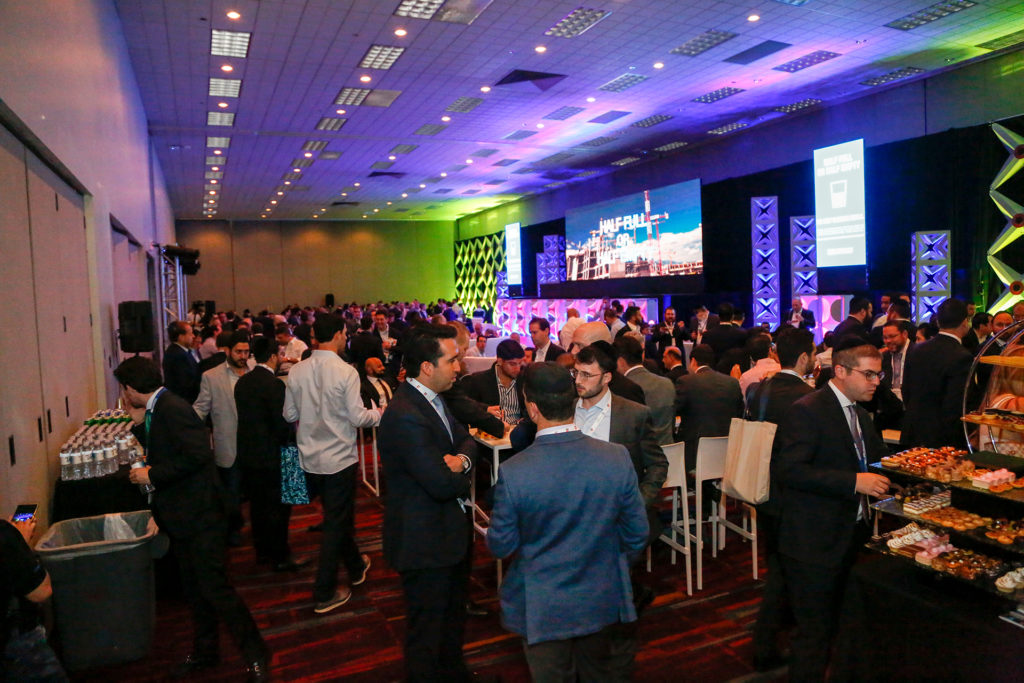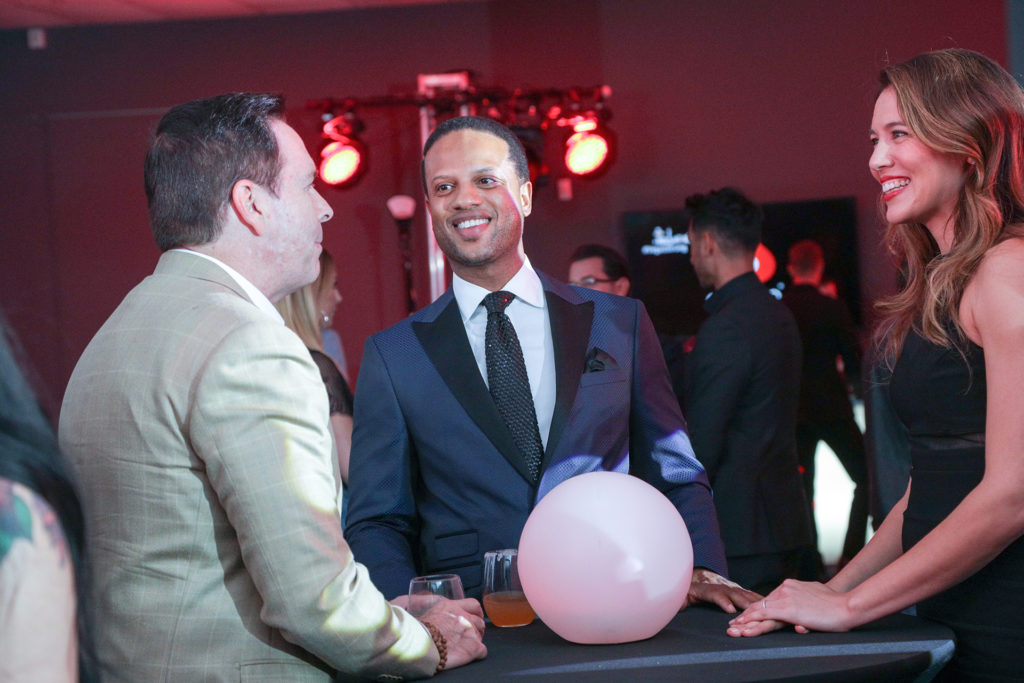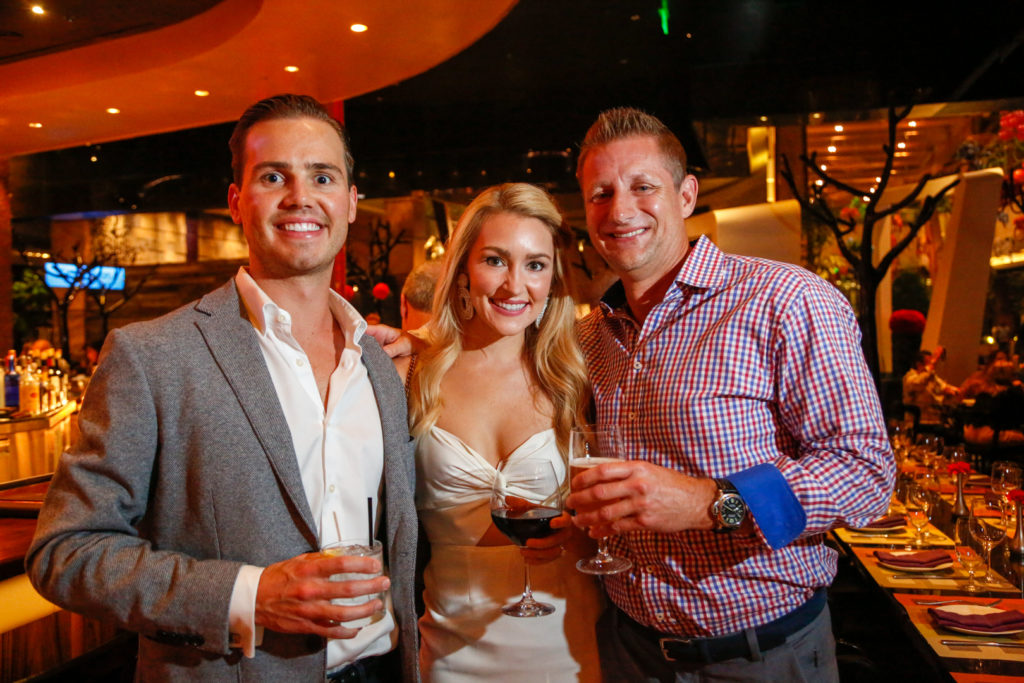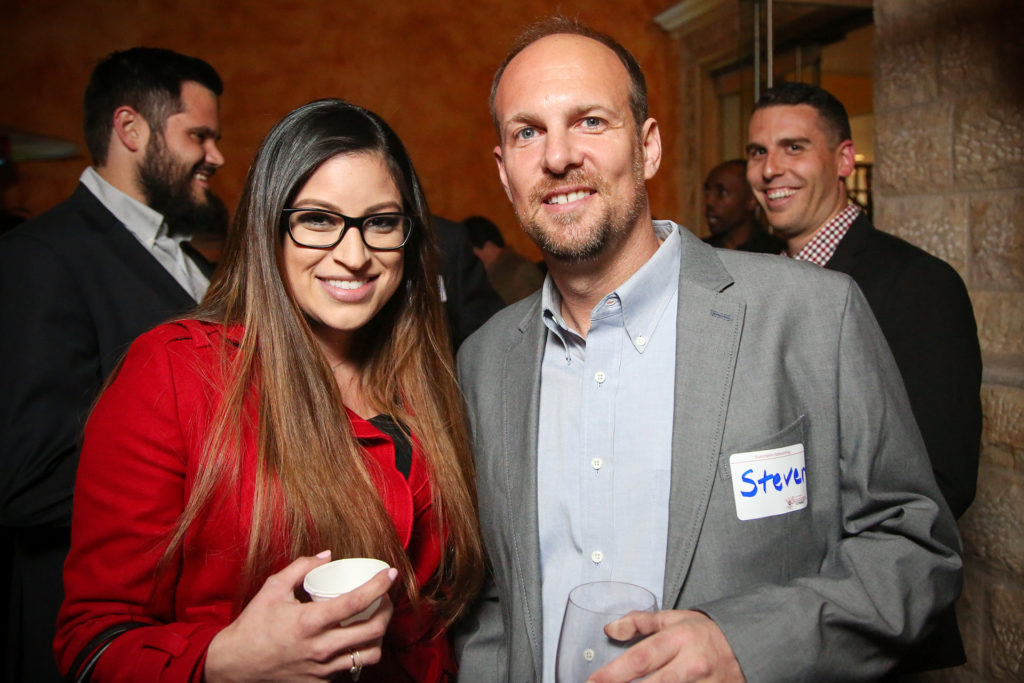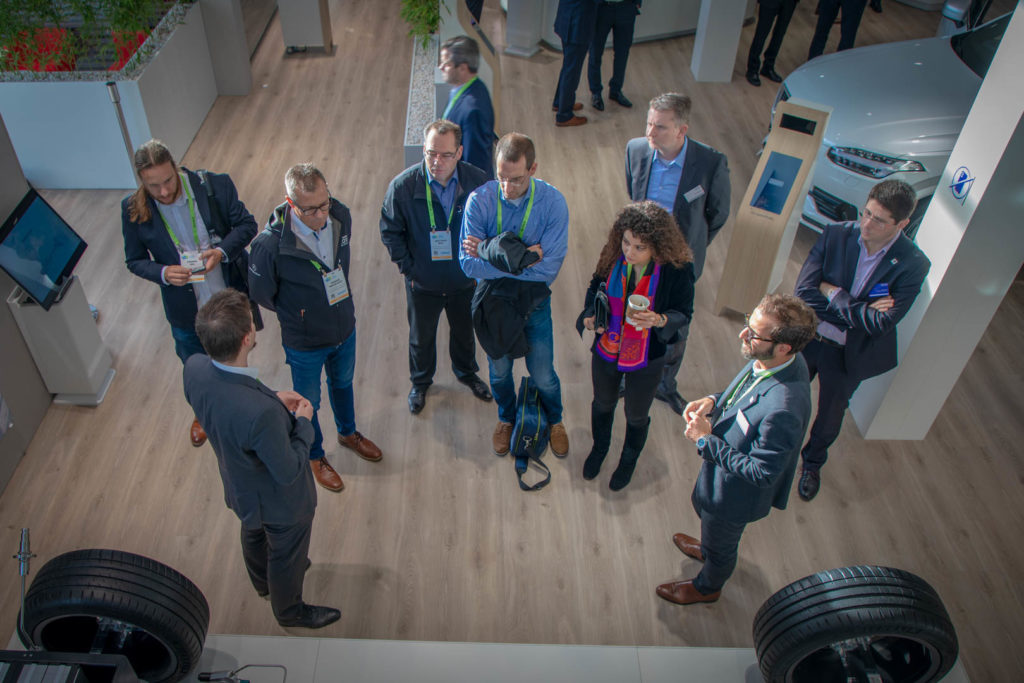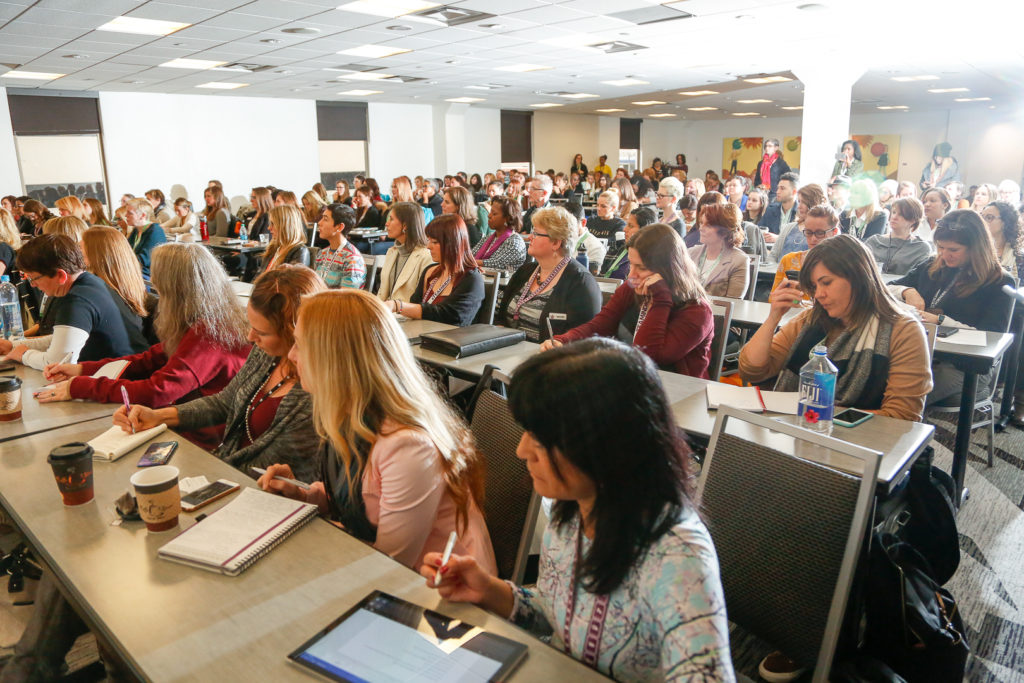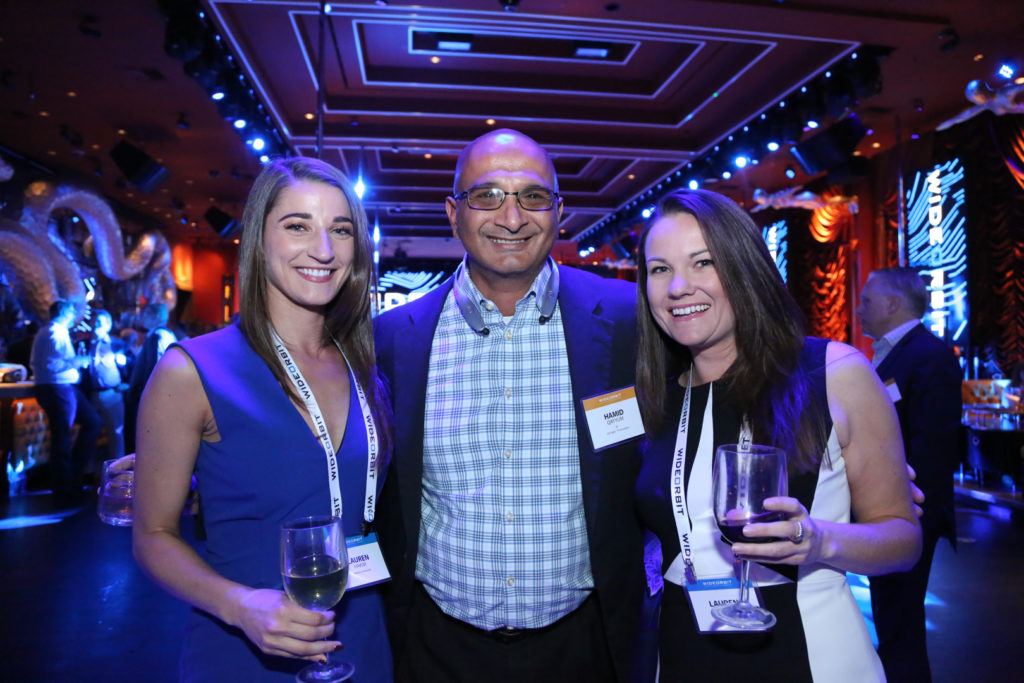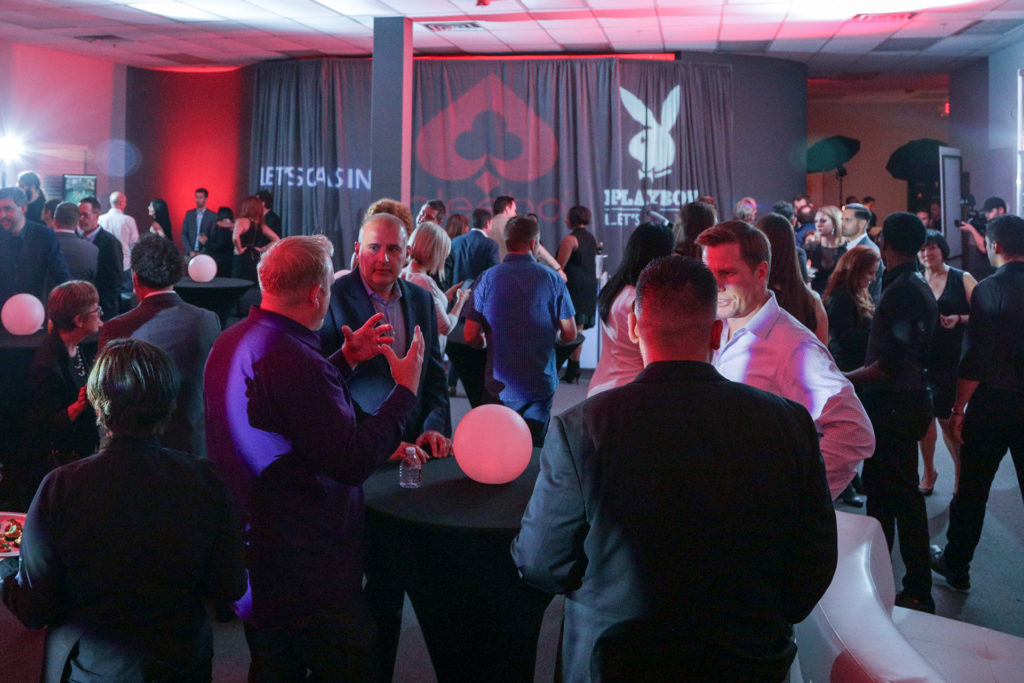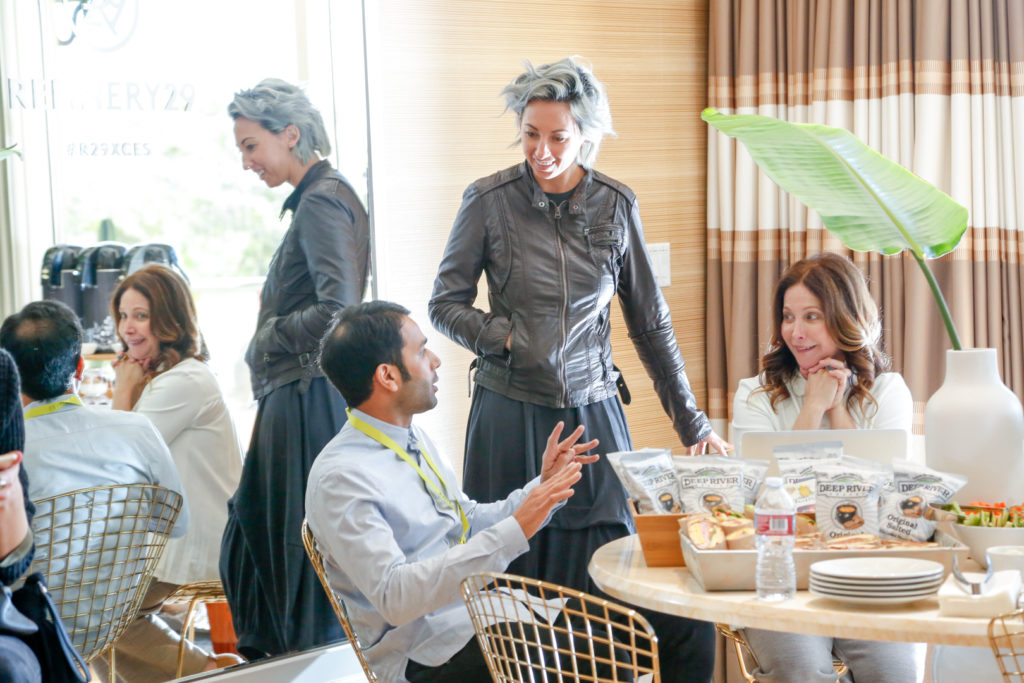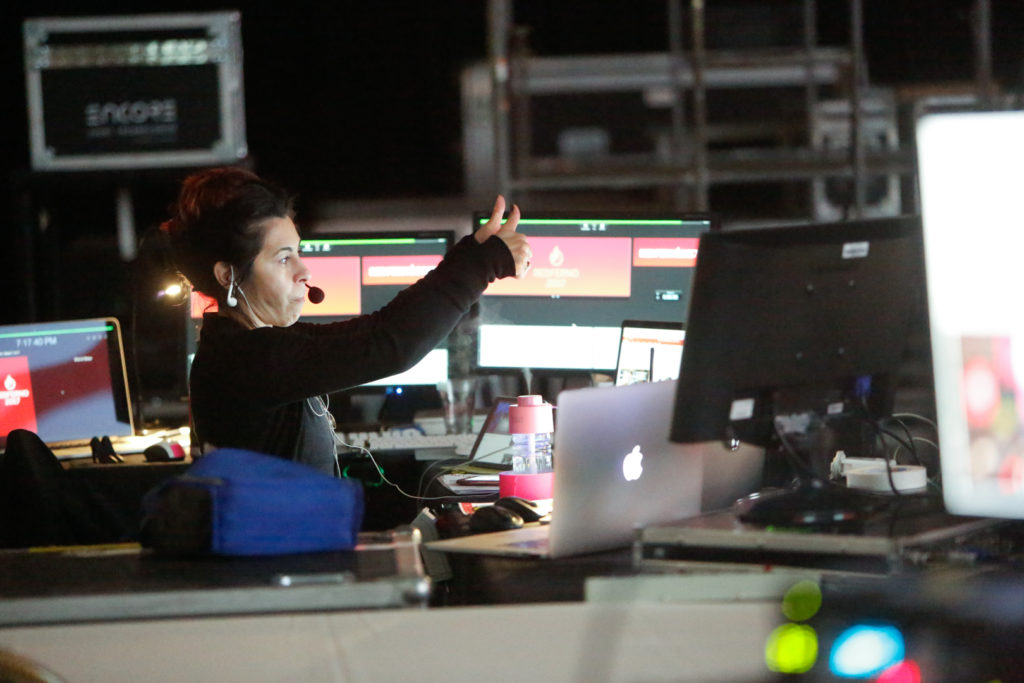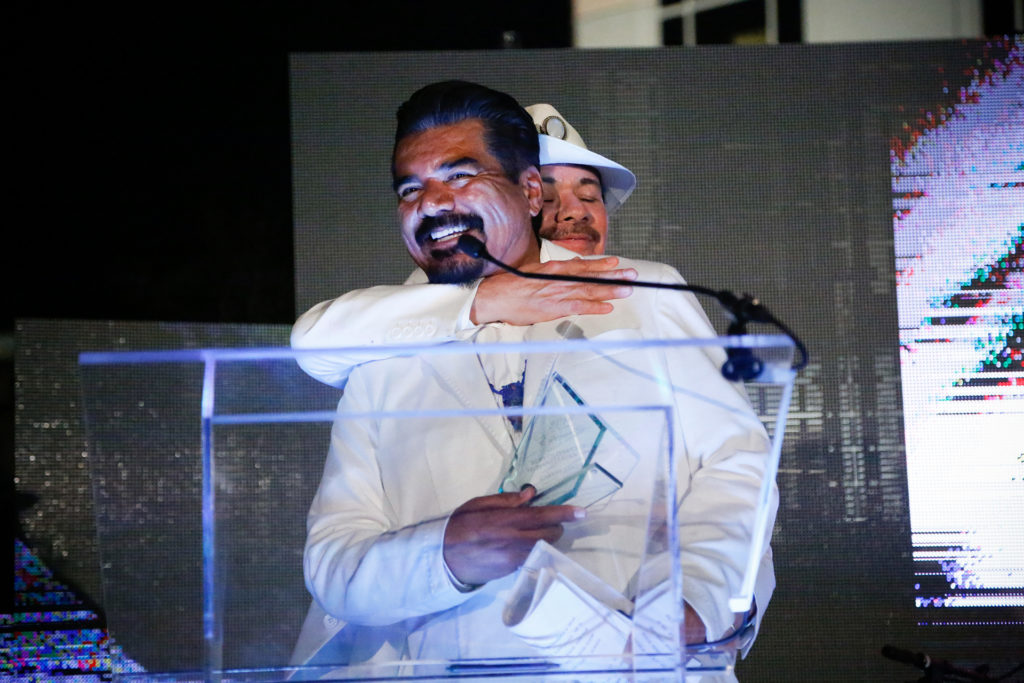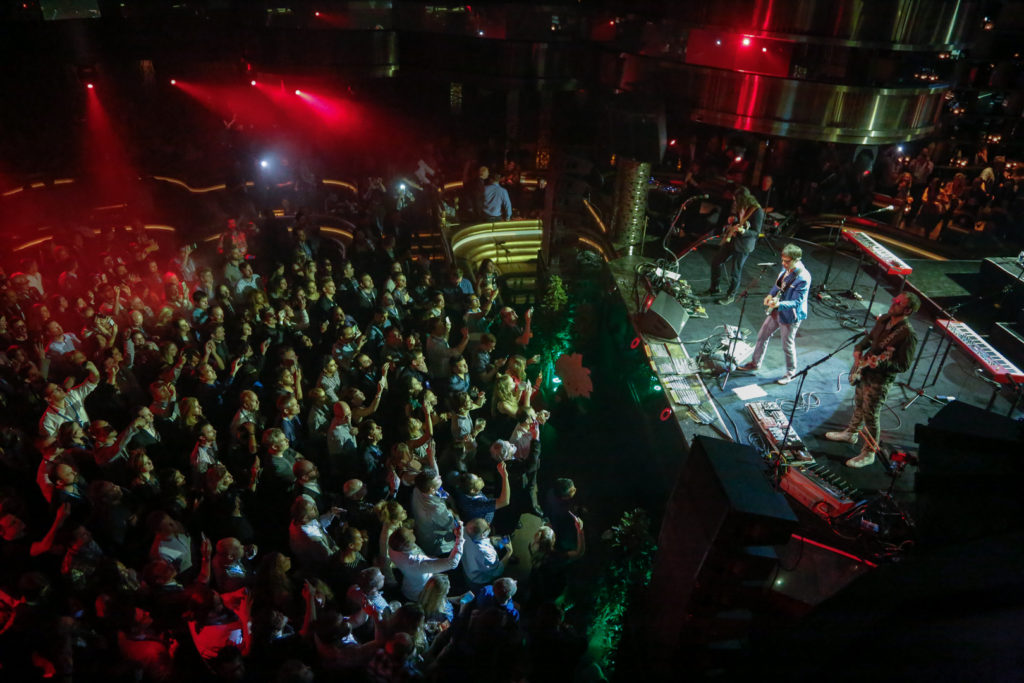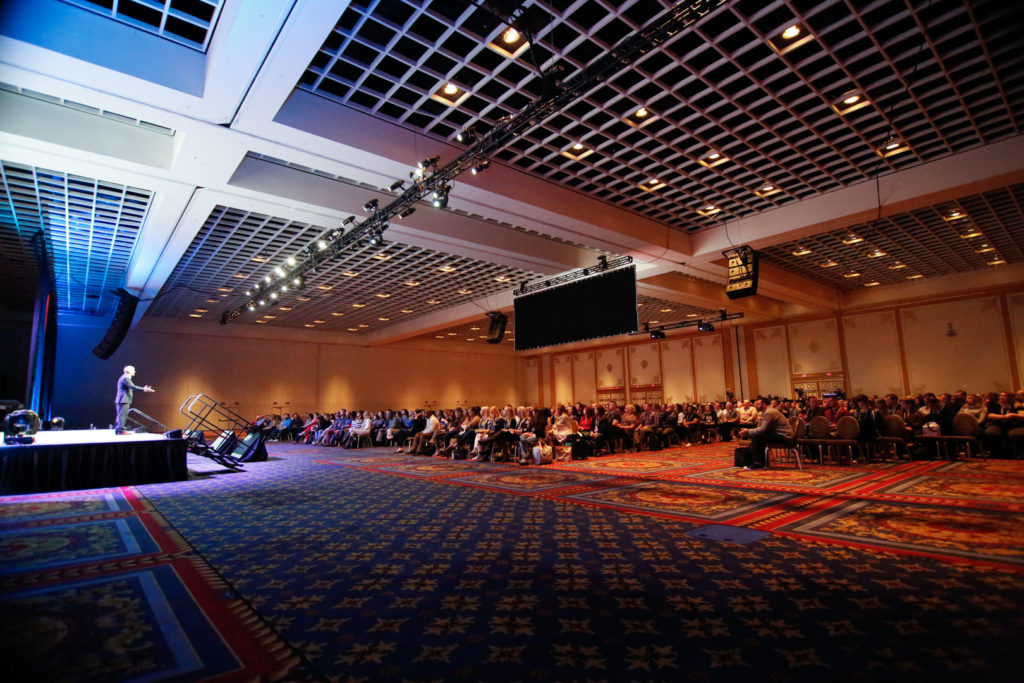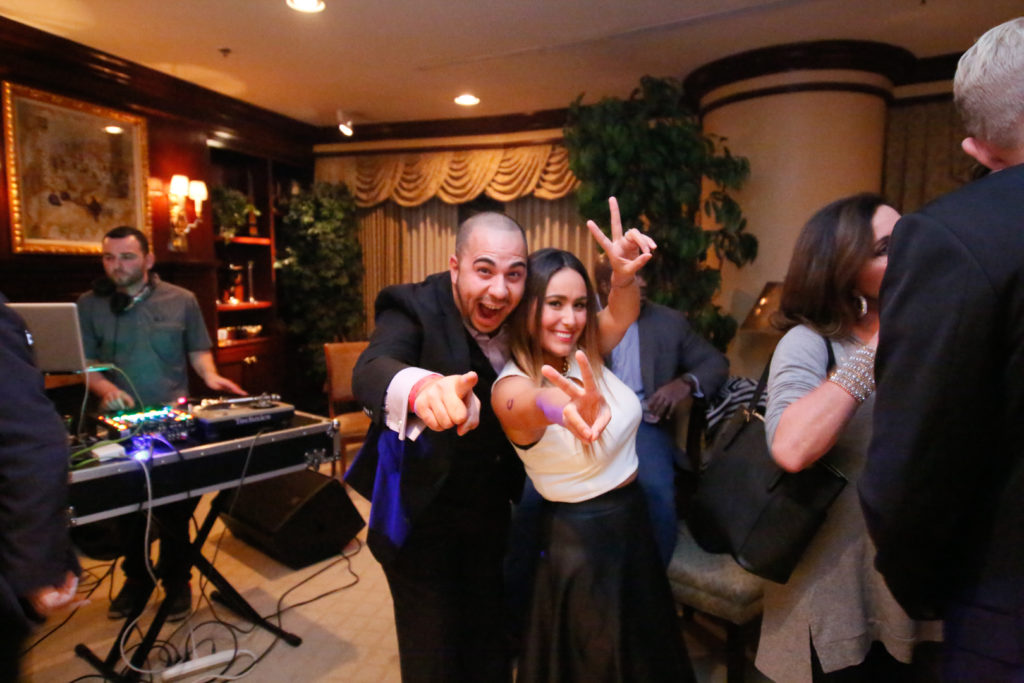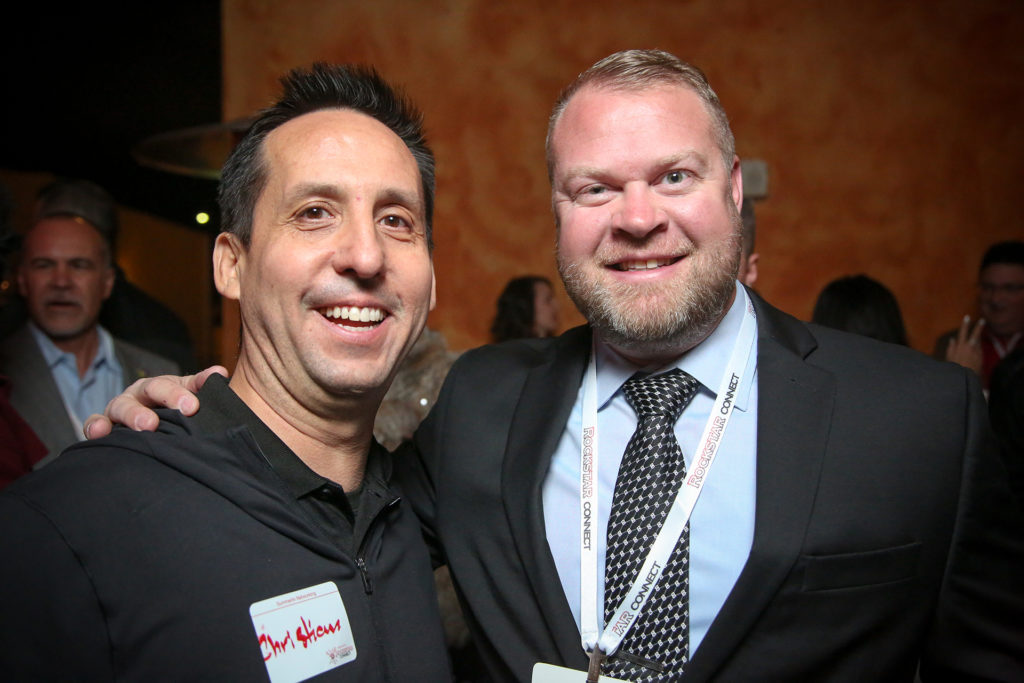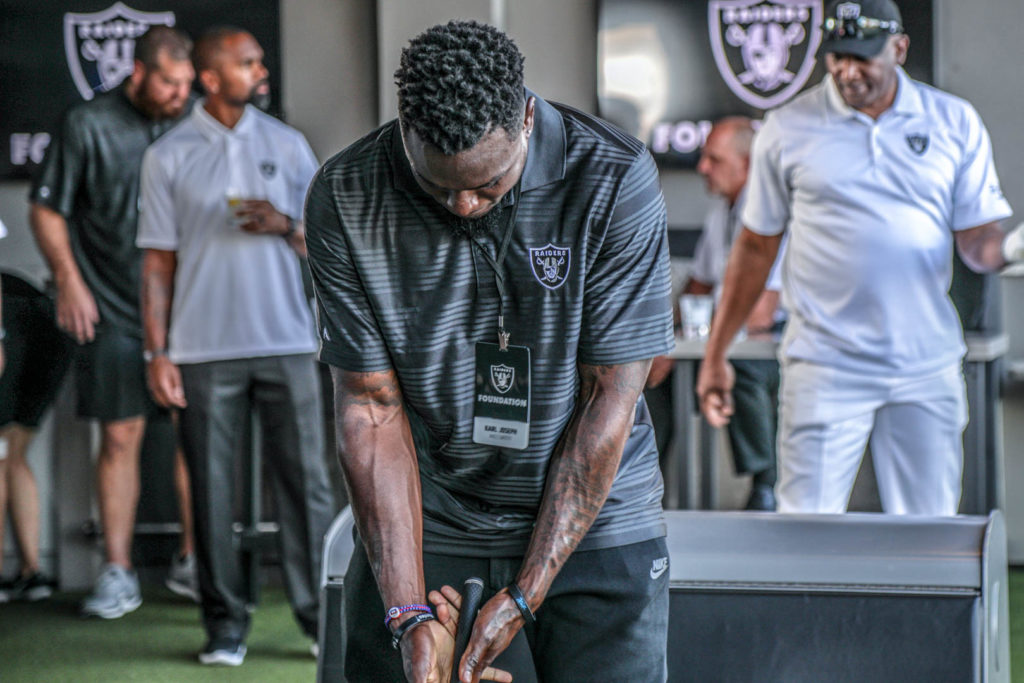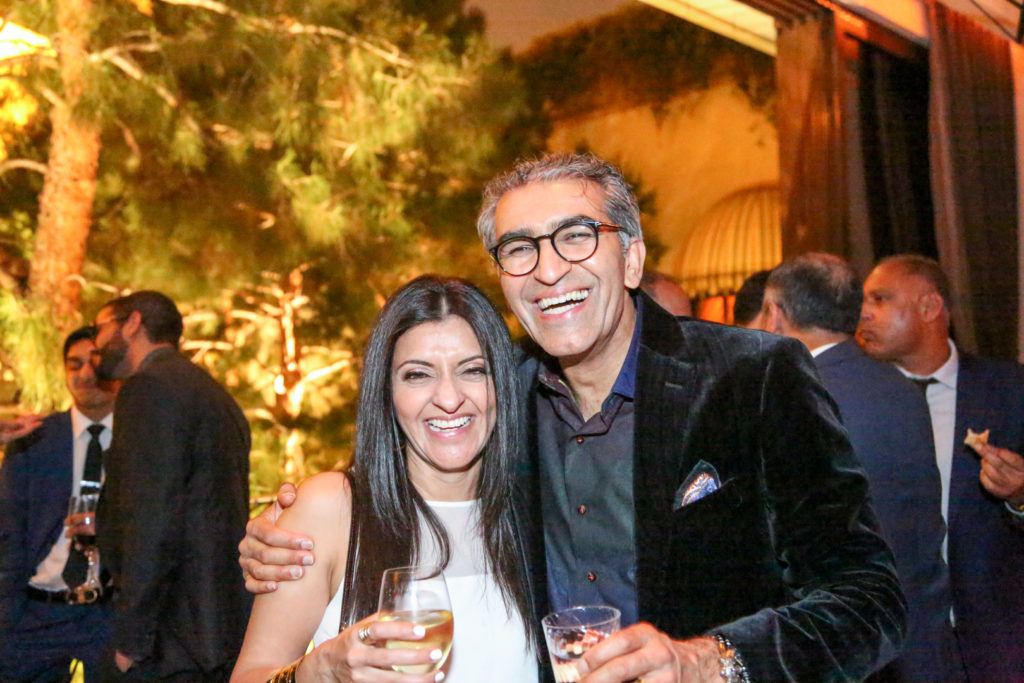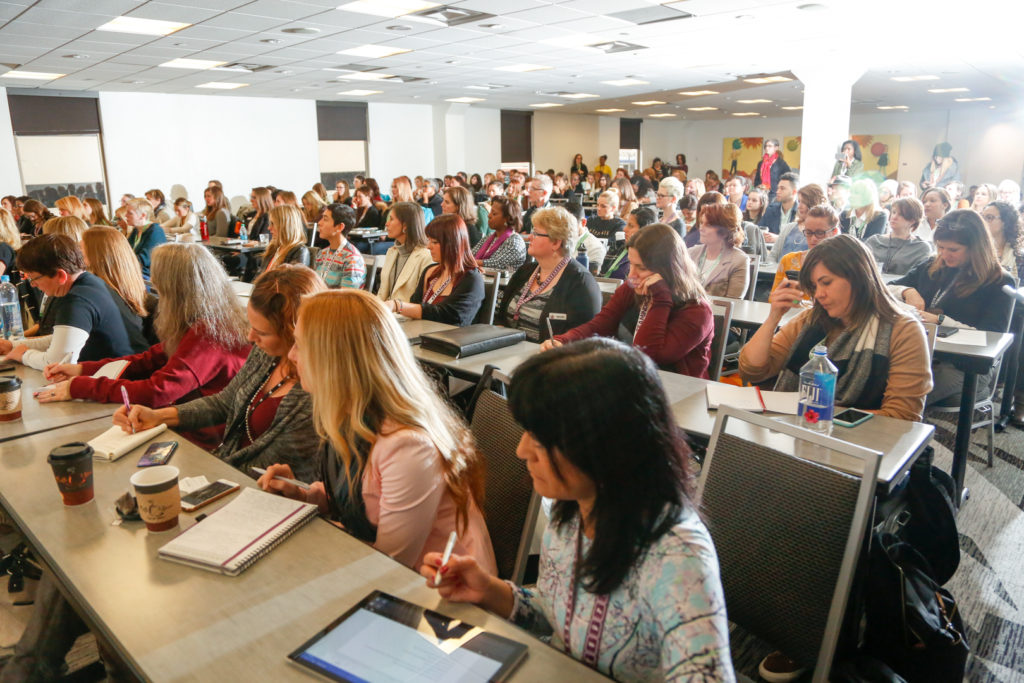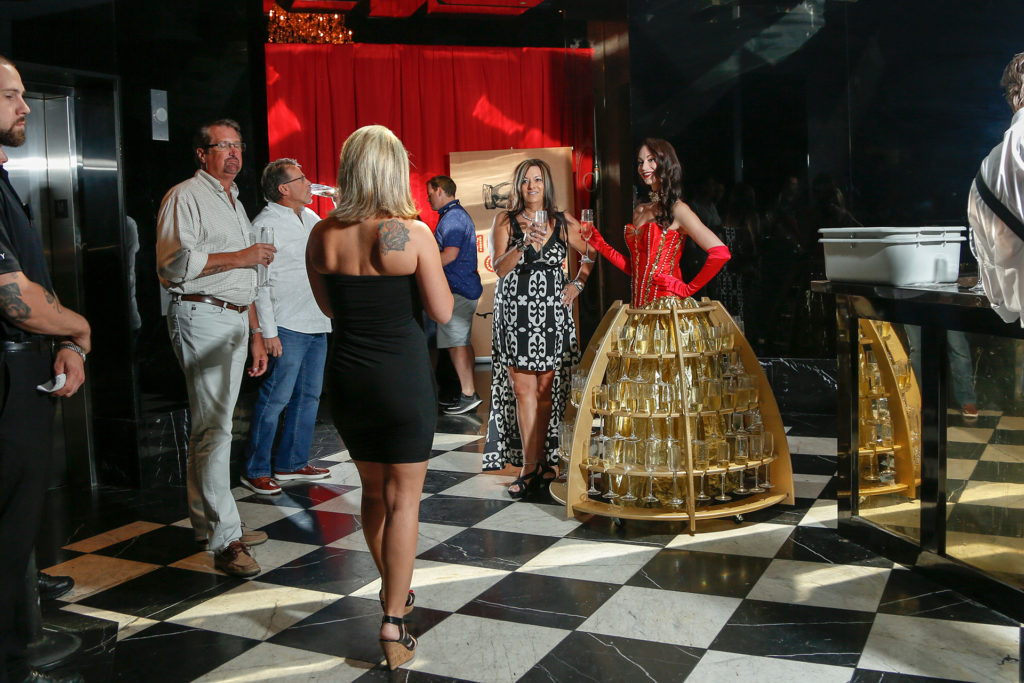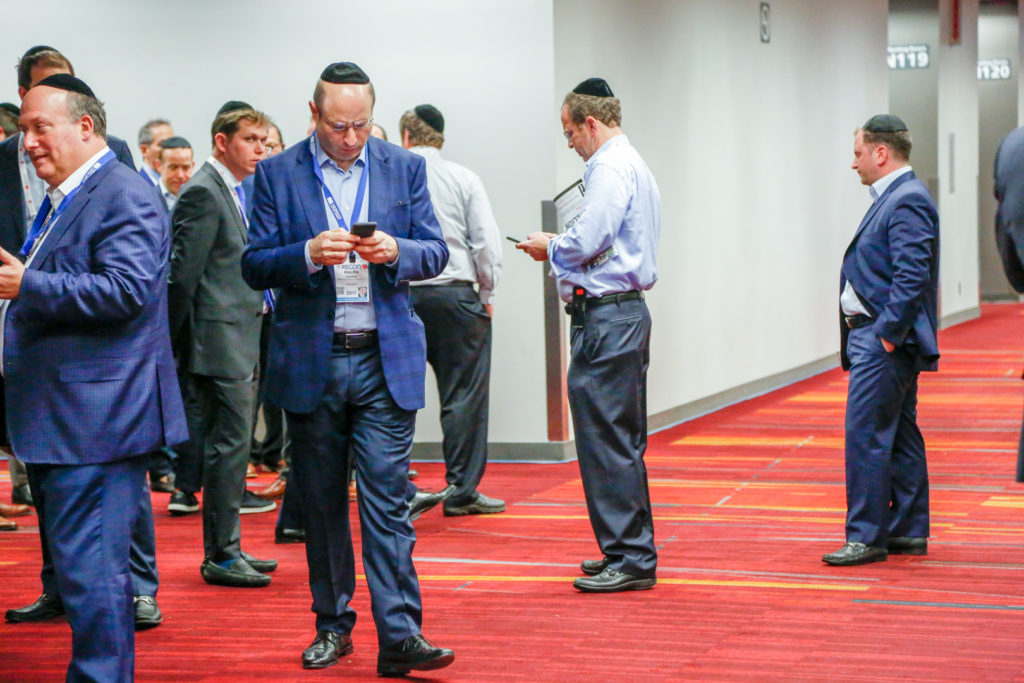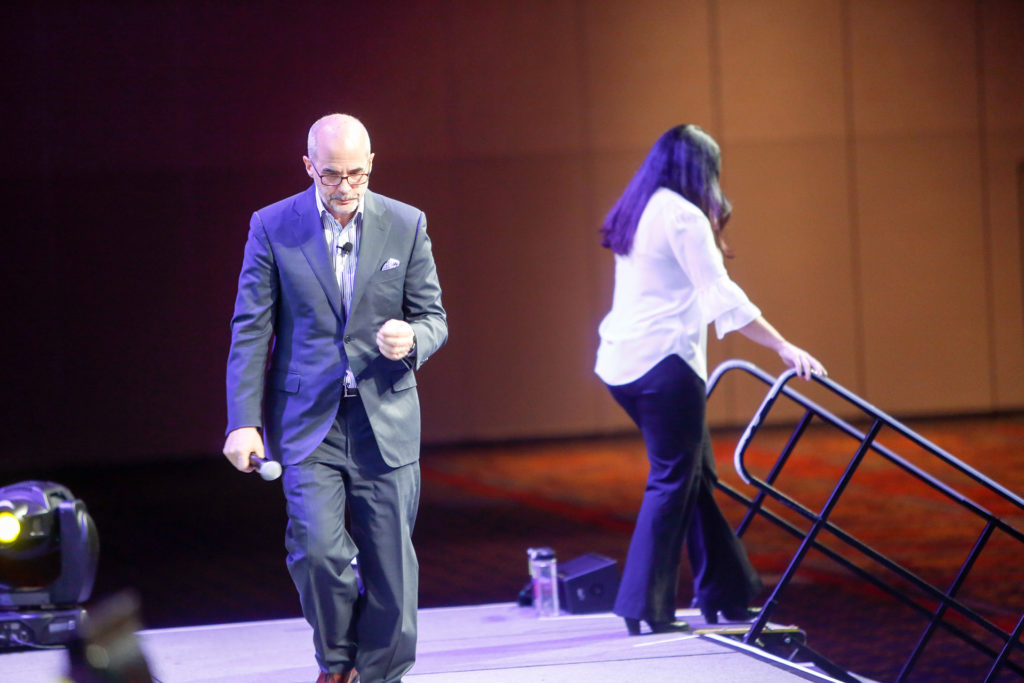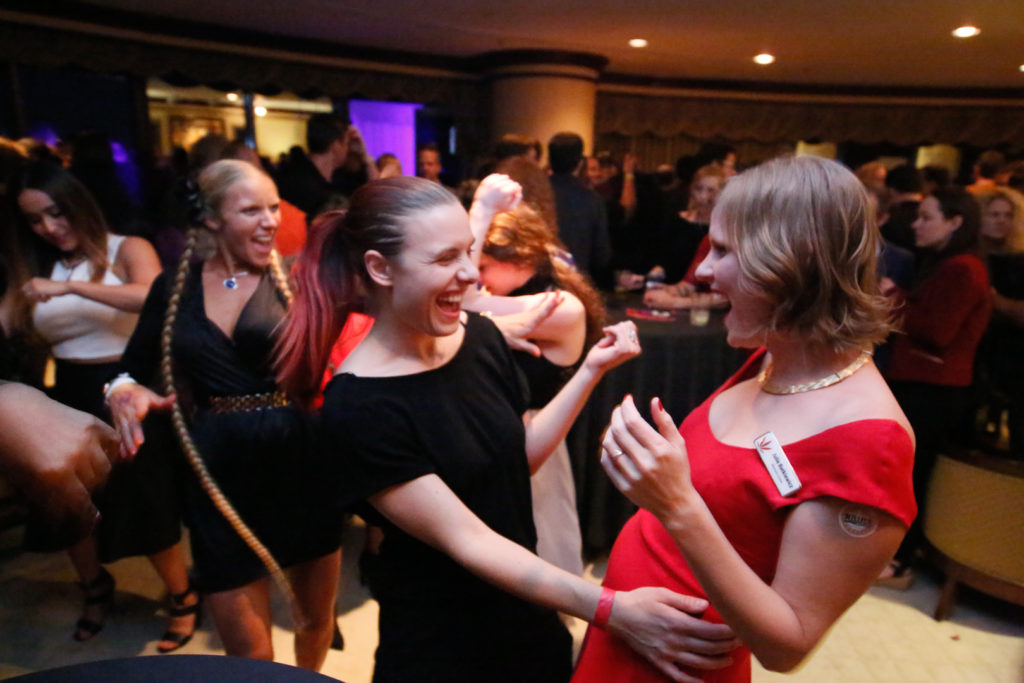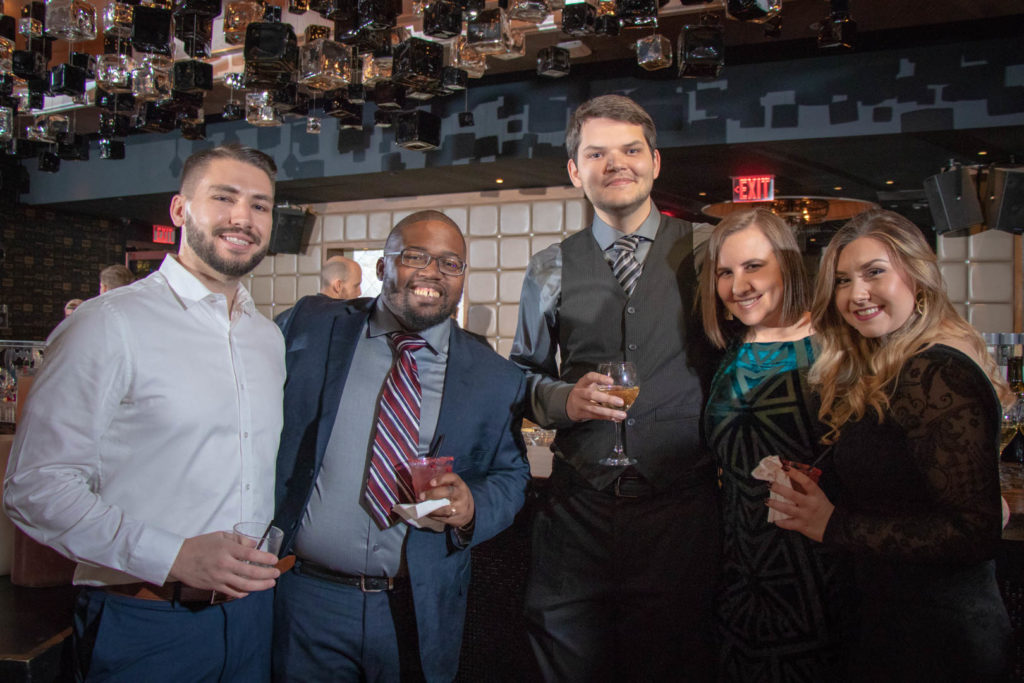LAS VEGAS CORPORATE EVENT PHOTOGRAPHER
Las Vegas Corporate Event Video
Book Online
Questions? Text or call (702) 530-4384 or send an email info@christianpurdie.com
RECENT LAS VEGAS CORPORATE EVENT PHOTOGRAPHER IMAGES
Book Online
Questions? Text or call (702) 530-4384 or send an email info@christianpurdie.com
Working as a Corporate Event Photographer
Corporate events can be the bread and butter of your income as a Las Vegas event photographer. Corporate events are commonplace in the area and the potential for making some serious money from corporate clients—who often need you to work longer hours and have more expensive packages on order, hence the higher pay—is one of the biggest draws as a Las Vegas event photographer. If you want to know more about the benefits of working as a corporate event photographer and the best tips to make the most of your work, read below.
Benefits of Working as a Corporate Photographer
As a Las Vegas event photographer, you will likely become very familiar with the world of corporate photography after only a few jobs. Corporate events may be longer hours, but the upside is that the longer hours and increased workload mean a higher paycheck at the end of the day. Another benefit of working as a corporate photographer is that corporate clients often recommend you to others and work as a more or less free networking and marketing opportunity if they like and share your work on their websites and social media.
Corporate Photographer Tips: If you plan to work as a Las Vegas event photographer, then you need to know how to properly work at corporate photography events. A professional Las Vegas event photographer will make sure they are following the tips below to make sure they do their best work:
Show up at least 20-30 minutes early to scope out the venue and set up equipment
Dress in attire similar to the dress code of the event so you don’t stand out
Be professional but extroverted and engaged to get the best shots
Remember: as an event photographer, corporate photography will often become your bread and butter, so don’t neglect this aspect of your work.
Introduction to Corporate Event Photography
If you have a passion for photography and enjoy capturing special moments, working as a corporate event photographer can be a rewarding career choice. As a corporate event photographer, you will have the opportunity to attend various corporate events and capture important moments that will be cherished by businesses and their employees. Whether it’s a conference, gala, product launch, or team-building event, your skills as a photographer will play a crucial role in documenting and preserving these occasions.
Responsibilities of a Corporate Event Photographer
As a corporate event photographer, your main responsibility is to capture high-quality photographs that represent the essence of the event. This includes documenting the attendees, keynote speakers, presentations, and any other significant moments that occur throughout the day. It’s essential to have a keen eye for detail and the ability to anticipate important moments, ensuring that no important shots are missed. Additionally, you may be required to edit and retouch the photos after the event, so having strong post-processing skills is a must.
Another crucial responsibility is to be professional and respectful at all times. You will be working closely with event organizers, clients, and attendees, so maintaining a positive and friendly demeanor is important. Clear communication is key, as you need to understand the client’s expectations and deliver on their specific requirements. Being punctual and well-prepared is also essential, as corporate events often follow a strict schedule.
Skills Required for Corporate Event Photography
To excel as a corporate event photographer, you need to possess a range of skills and qualities. Firstly, a good understanding of photography fundamentals is crucial. This includes knowledge of exposure, composition, lighting, and framing. You should be comfortable shooting in different lighting conditions and can adapt quickly to changing environments.
Interpersonal skills are also essential. You will be working with a variety of people, including event organizers, attendees, and potentially high-profile individuals. Being able to communicate effectively, make people feel comfortable, and direct them for posed shots are all valuable skills to have.
Technical proficiency is another key skill set required for corporate event photography. You should have a thorough understanding of your camera and its settings, as well as a strong grasp of editing software to enhance and retouch your photos. Additionally, having the ability to work efficiently under pressure and meet tight deadlines is crucial in this fast-paced industry.
Equipment Needed for Corporate Event Photography
Having the right equipment is essential for capturing outstanding corporate event photos. First and foremost, you will need a reliable camera that can produce high-resolution images. A DSLR or mirrorless camera with interchangeable lenses is ideal, as it allows for versatility in capturing different types of shots.
A variety of lenses should also be part of your gear. A wide-angle lens is useful for capturing the overall scene and crowd shots, while a zoom lens can be handy for getting close-up shots of speakers or details. A fast prime lens with a wide aperture is also beneficial for low-light situations.
In addition to the camera and lenses, it’s important to have a sturdy tripod to ensure sharp images, especially in low-light conditions. External flashes or portable lighting equipment can also be useful to have, as they allow you to control the lighting and create more dynamic images.
Tips for Capturing Great Corporate Event Photos
Capturing great corporate event photos requires a combination of technical and creative skills. Here are some tips to help you excel in your role as a corporate event photographer:
Familiarize yourself with the event schedule and agenda to anticipate important moments and be in the right place at the right time.
Use a mix of candid and posed shots to capture the essence of the event. Candid shots can capture genuine emotions and interactions, while posed shots provide an opportunity to highlight key individuals and groups.
Pay attention to details and capture shots of branding, decorations, and any unique aspects of the event that make it stand out.
Experiment with different angles and perspectives to add variety to your shots. Get down low for interesting low-angle shots or shoot from above for a unique bird’s-eye view.
Be mindful of the lighting conditions and adjust your camera settings accordingly. If shooting indoors, make use of available natural light or external flashes for better lighting control.
Take advantage of the pre-event setup to capture shots of the venue before it gets crowded. These shots can provide context and help tell the story of the event.
Be discreet and respectful when photographing attendees. Avoid interrupting conversations or capturing unflattering moments without permission.
Capture a mix of wide and close-up shots to showcase the overall atmosphere of the event as well as the emotions and expressions of individuals.
Don’t be afraid to experiment with different editing styles to enhance the mood and aesthetics of your photos. However, be sure to maintain a consistent editing style throughout the event’s photo collection.
Editing and Post-Processing for Corporate Event Photography
After capturing the photos, the editing and post-processing stage is where you add the final touches to your images. This process involves adjusting exposure, contrast, color balance, and sharpness to enhance the visual appeal of your photos.
One important aspect of editing corporate event photos is maintaining a consistent style. Clients often expect a certain look and feel for their event photos, whether it’s vibrant and colorful or more subdued and professional. It’s important to understand the client’s preferences and deliver images that align with their branding and vision.
In addition to basic adjustments, you may also need to retouch certain images. This can involve removing distractions, blemishes, or anything that detracts from the overall quality of the photo. However, it’s important to maintain the integrity of the image and not go overboard with excessive retouching.
Once the editing process is complete, it’s crucial to deliver the final images to the client promptly. This is where strong organizational skills come into play, as you will need to sort and categorize the photos efficiently. Providing an online gallery or a USB drive with the edited images is a common practice for delivering the final product.
Building a Portfolio as a Corporate Event Photographer
Having a strong portfolio is essential for showcasing your skills and attracting potential clients as a corporate event photographer. Your portfolio should contain a diverse selection of your best work, highlighting your ability to effectively capture different events and moments.
When curating your portfolio, consider including various shots that showcase your technical skills, creativity, and ability to capture the essence of each event. This can include candid shots, posed shots, detail shots, and shots that capture the overall atmosphere of the event.
It’s also important to update and refresh your portfolio regularly. As you gain more experience and capture new events, you should replace older images with your latest and best work. This allows potential clients to see your growth and improvement over time.
In addition to a physical or online portfolio, having a strong online presence is also important in today’s digital age. Create a professional website or social media platform to showcase your work and engage with potential clients. Regularly sharing your work and interacting with your audience can help you build a strong online reputation and attract more clients.
Marketing Yourself as a Corporate Event Photographer
Marketing yourself effectively is crucial for attracting clients and growing your business as a corporate event photographer. Here are some strategies to consider:
Define your target audience: Identify the specific types of corporate events or industries you want to focus on and tailor your marketing efforts accordingly.
Create a professional website: A well-designed website that showcases your portfolio, services, and contact information is essential. Consider including testimonials from satisfied clients to build trust.
Utilize social media: Establish a presence on platforms like Instagram, Facebook, and LinkedIn. Regularly share your work, engage with potential clients, and network with industry professionals.
Attend industry events: Networking is a powerful tool for finding clients and building relationships. Attend trade shows, conferences, and networking events where you can connect with event planners, marketers, and other professionals in the industry.
Collaborate with other vendors: Form partnerships with other professionals in the event industry, such as event planners, caterers, or florists. Cross-promoting each other’s services can help expand your reach and attract new clients.
Offer referral incentives: Encourage satisfied clients to refer your services to others by offering incentives such as discounts or free prints. Word-of-mouth recommendations are highly valuable in this industry.
Invest in online advertising: Consider running targeted online ads to reach a wider audience. Platforms like Google Ads or social media ads can help increase your visibility and attract potential clients.
Networking and Finding Clients as a Corporate Event Photographer
Networking plays a crucial role in finding clients and growing your business as a corporate event photographer. Here are some effective strategies for networking in the industry:
Attend industry events: Attend conferences, trade shows, and networking events specifically targeted at the event industry. These events provide valuable opportunities to meet event planners, marketers, and potential clients.
Join professional organizations: Become a member of industry associations or photography organizations that cater to event photographers. These organizations often host networking events and provide resources to help you grow your business.
Utilize social media: Engage with other professionals in the industry through social media platforms like LinkedIn or Facebook groups. Participate in discussions, share insights, and connect with potential clients.
Collaborate with other professionals: Build relationships with event planners, caterers, and other vendors in the industry. When professionals in the event industry know and trust your work, they are more likely to recommend you to their clients.
Offer your services for free or discounted rates: When starting or looking to expand your portfolio, consider offering your services for free or at discounted rates to attract clients. This can help you showcase your skills and build a strong reputation in the industry.
Working as a corporate event photographer can be a fulfilling and lucrative career choice for those with a passion for photography and an eye for capturing special moments. By understanding the responsibilities, honing the necessary skills, and investing in the right equipment, you can excel in this field. Remember to continuously build and update your portfolio, market yourself effectively, and network with industry professionals to attract clients and grow your business. With dedication, hard work, and a commitment to delivering exceptional photographs, you can establish yourself as a sought-after corporate event photographer. So, go out there, hone your craft, and capture the moments that matter.
Are you ready to take your corporate event photography skills to the next level? Contact us today to discuss your photography needs and book a session with our talented team of photographers. Let us capture the essence of your next corporate event and provide you with stunning images that will be cherished for years to come. Don’t miss out on this opportunity to elevate your event photography!
Call or text 702-530-4384 to book your next Las Vegas photography session or email us at info@christianpurdie.com for more information.

